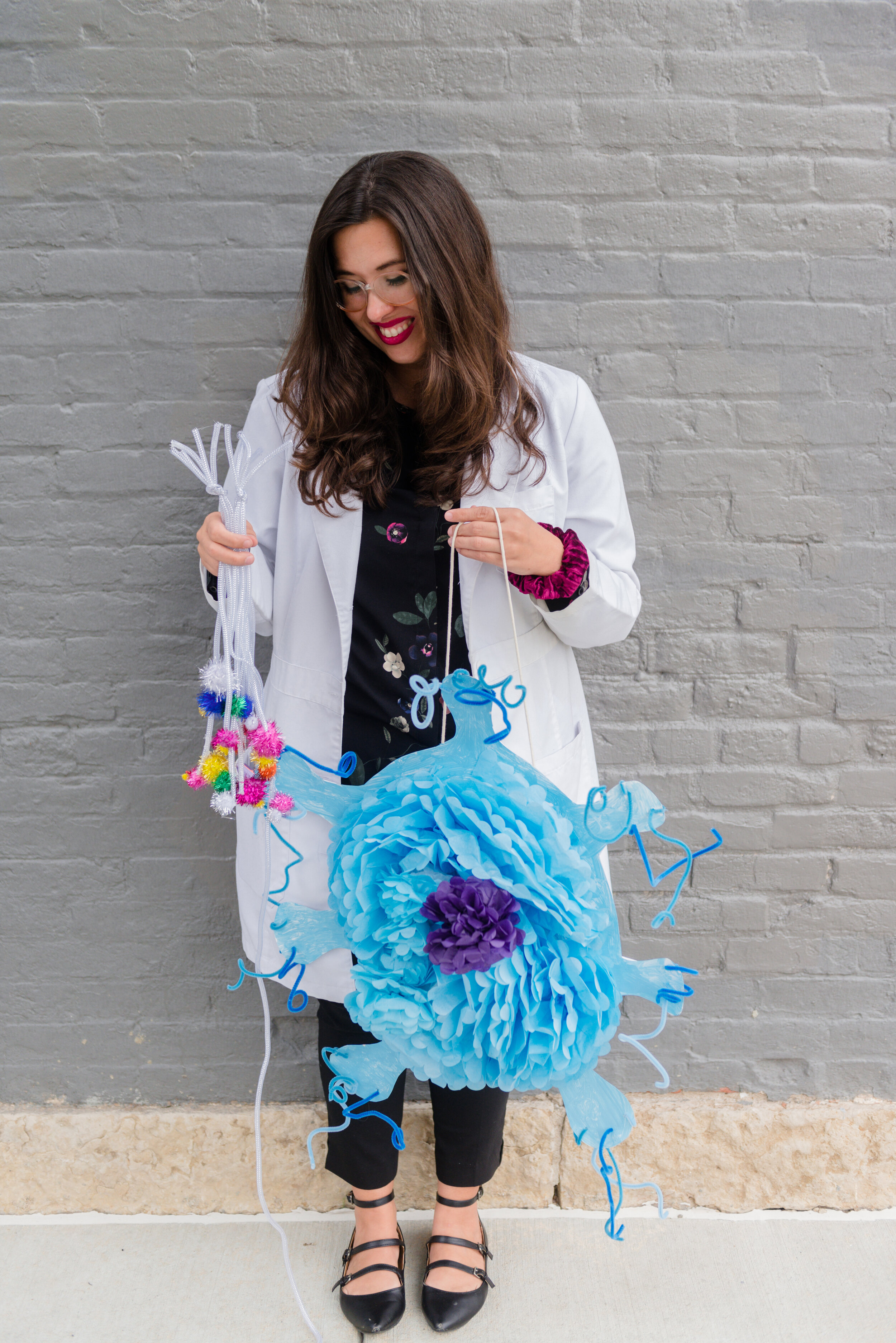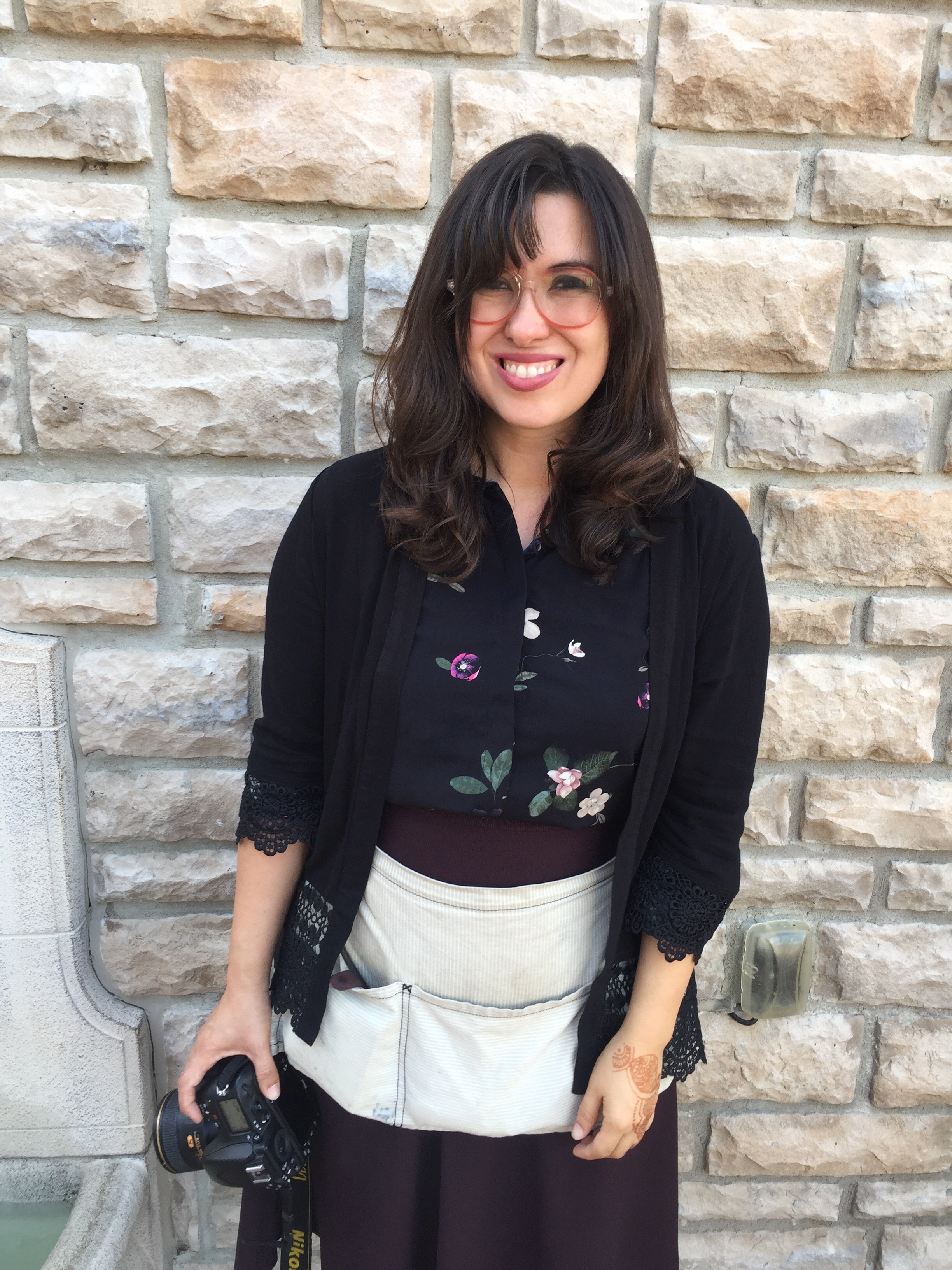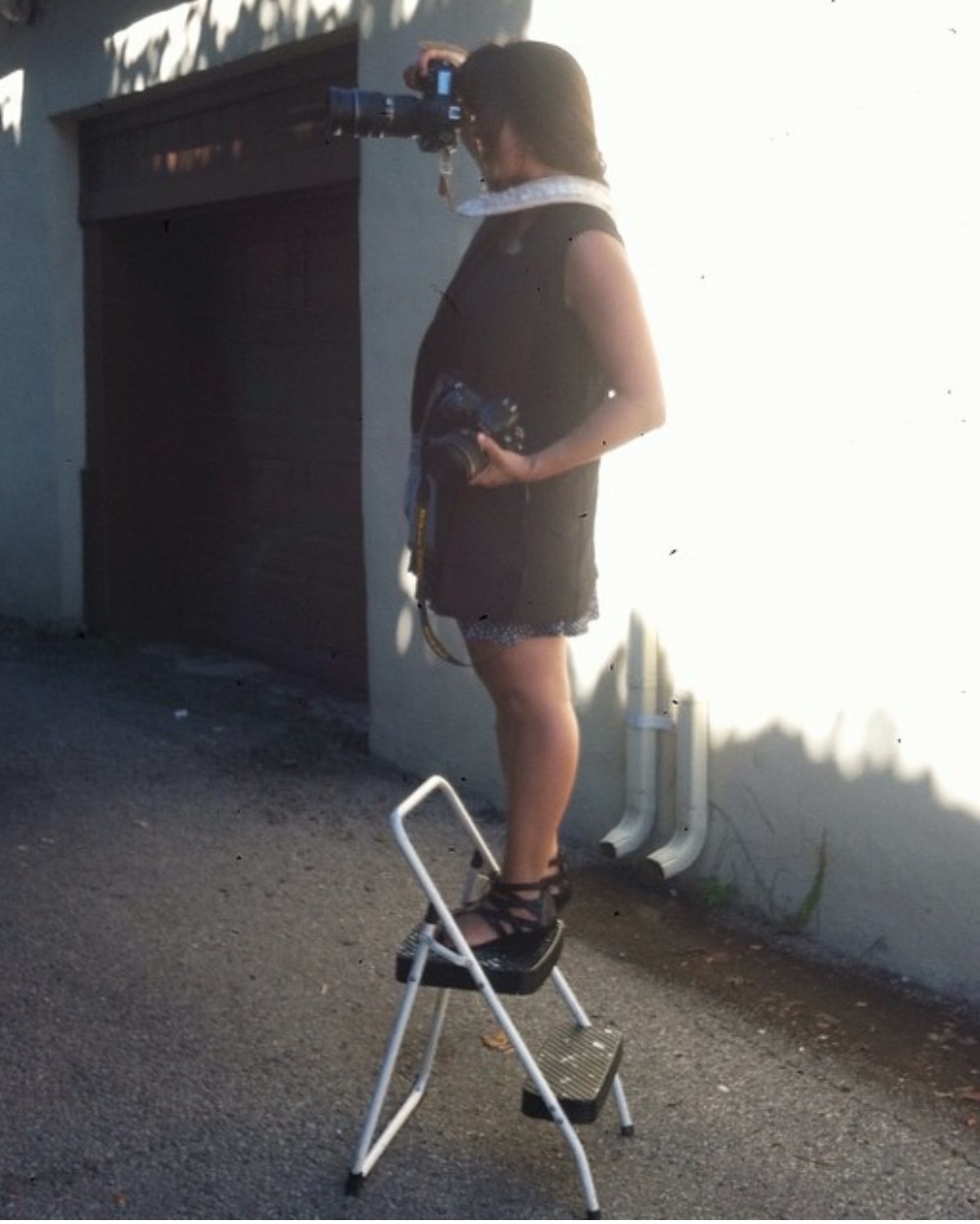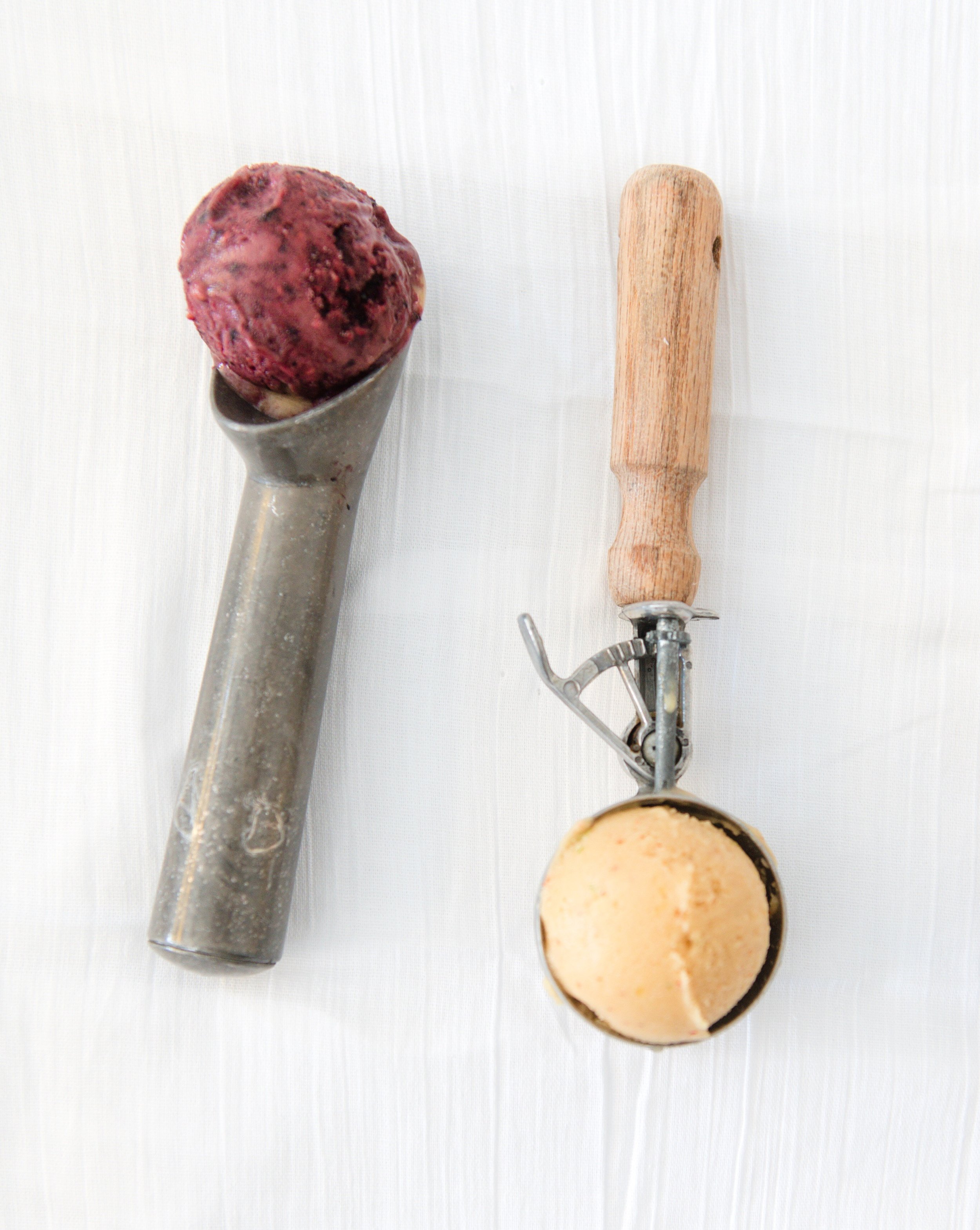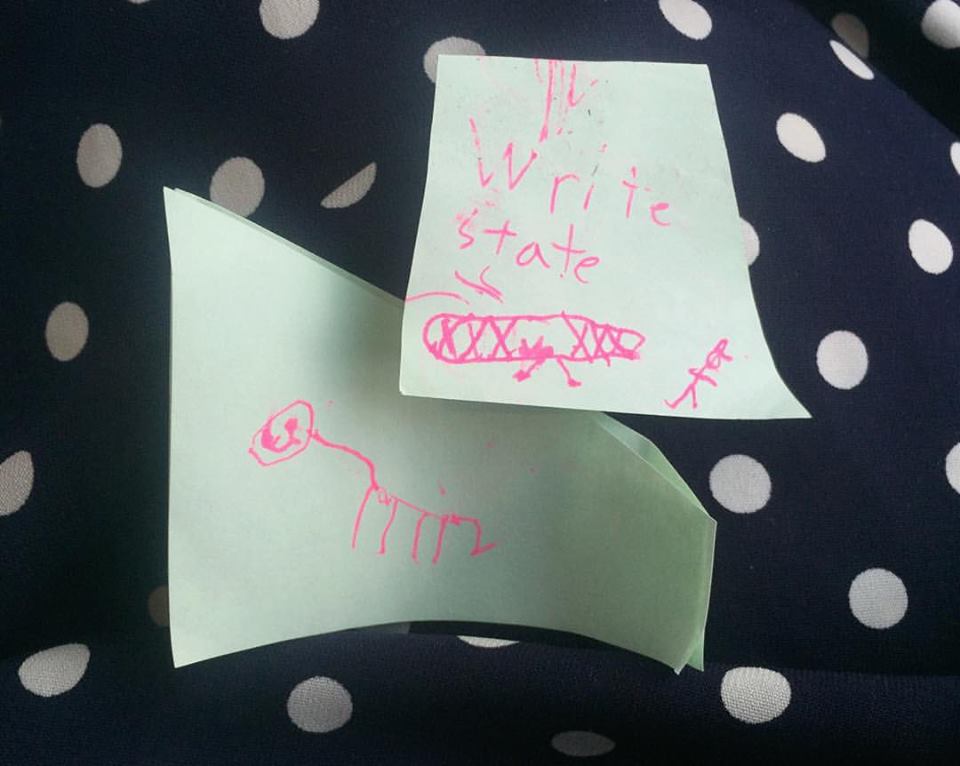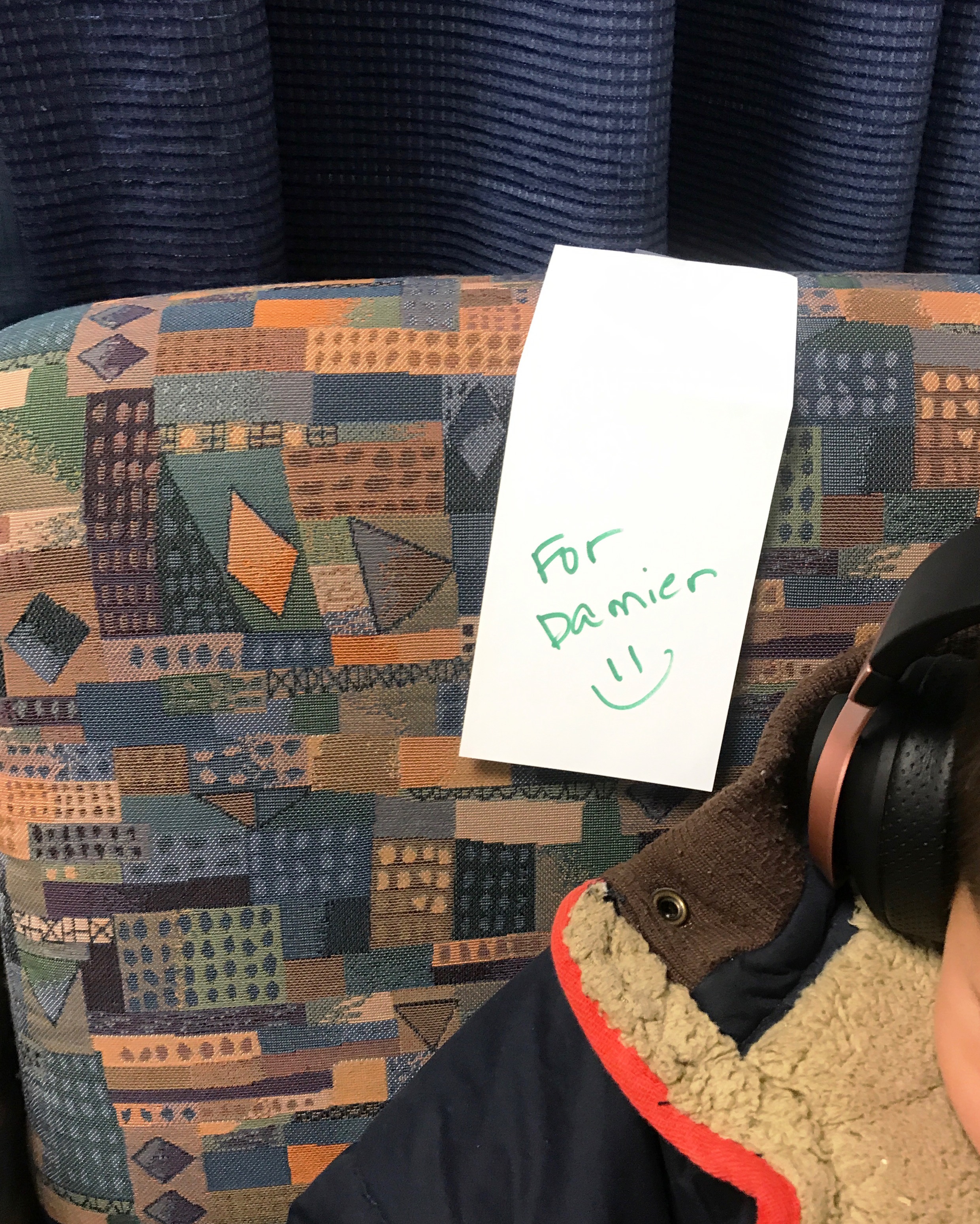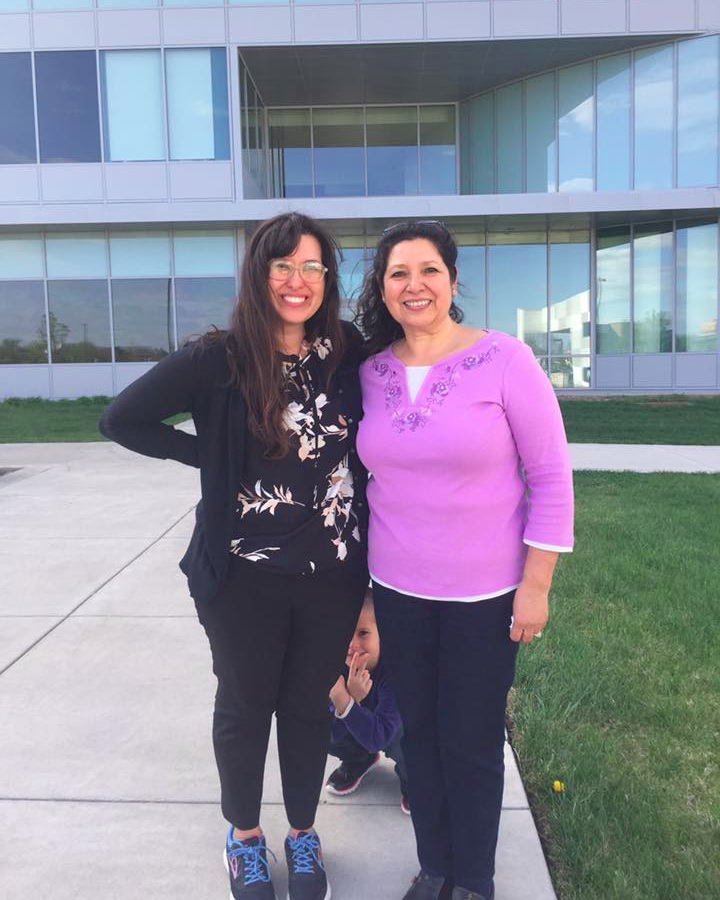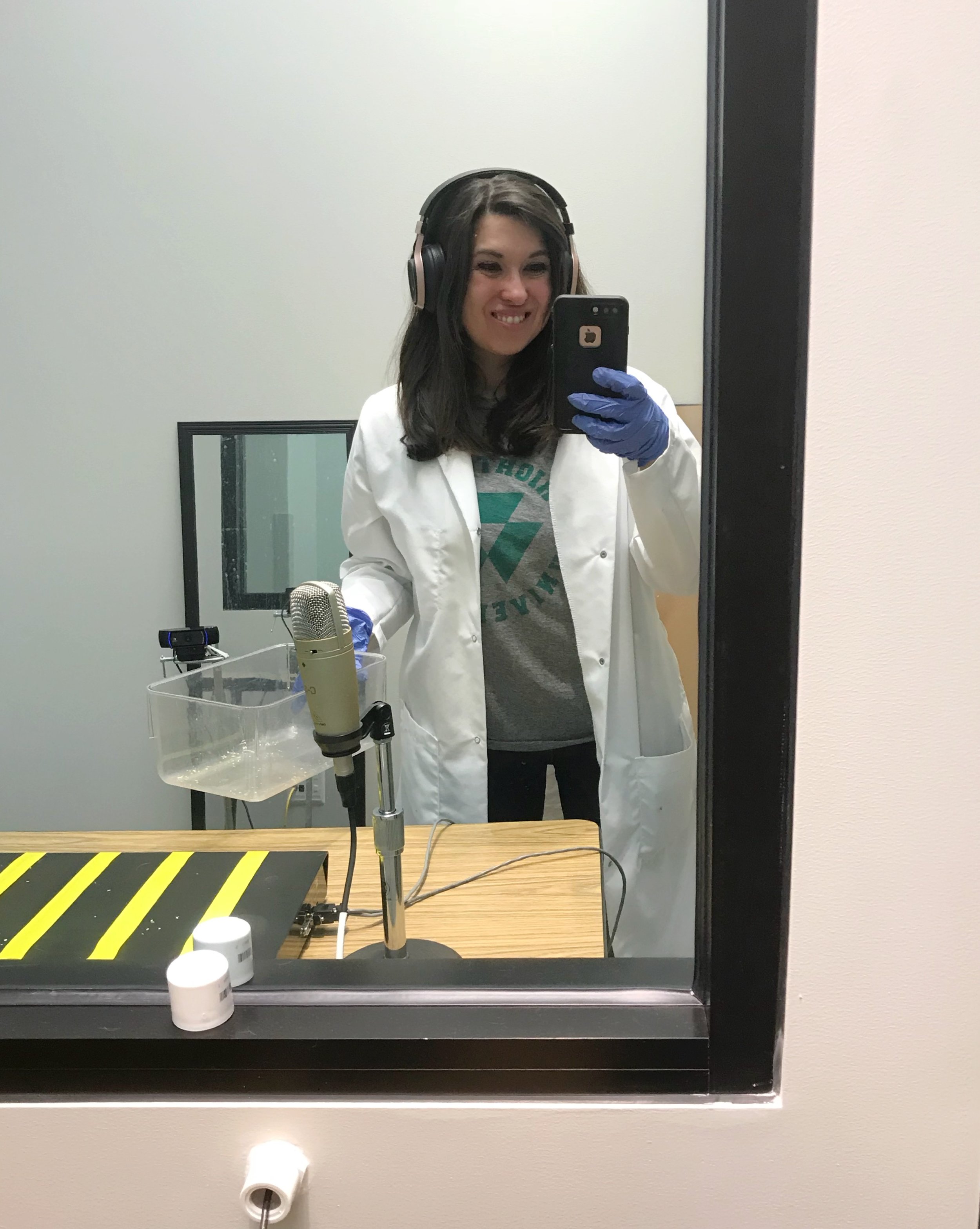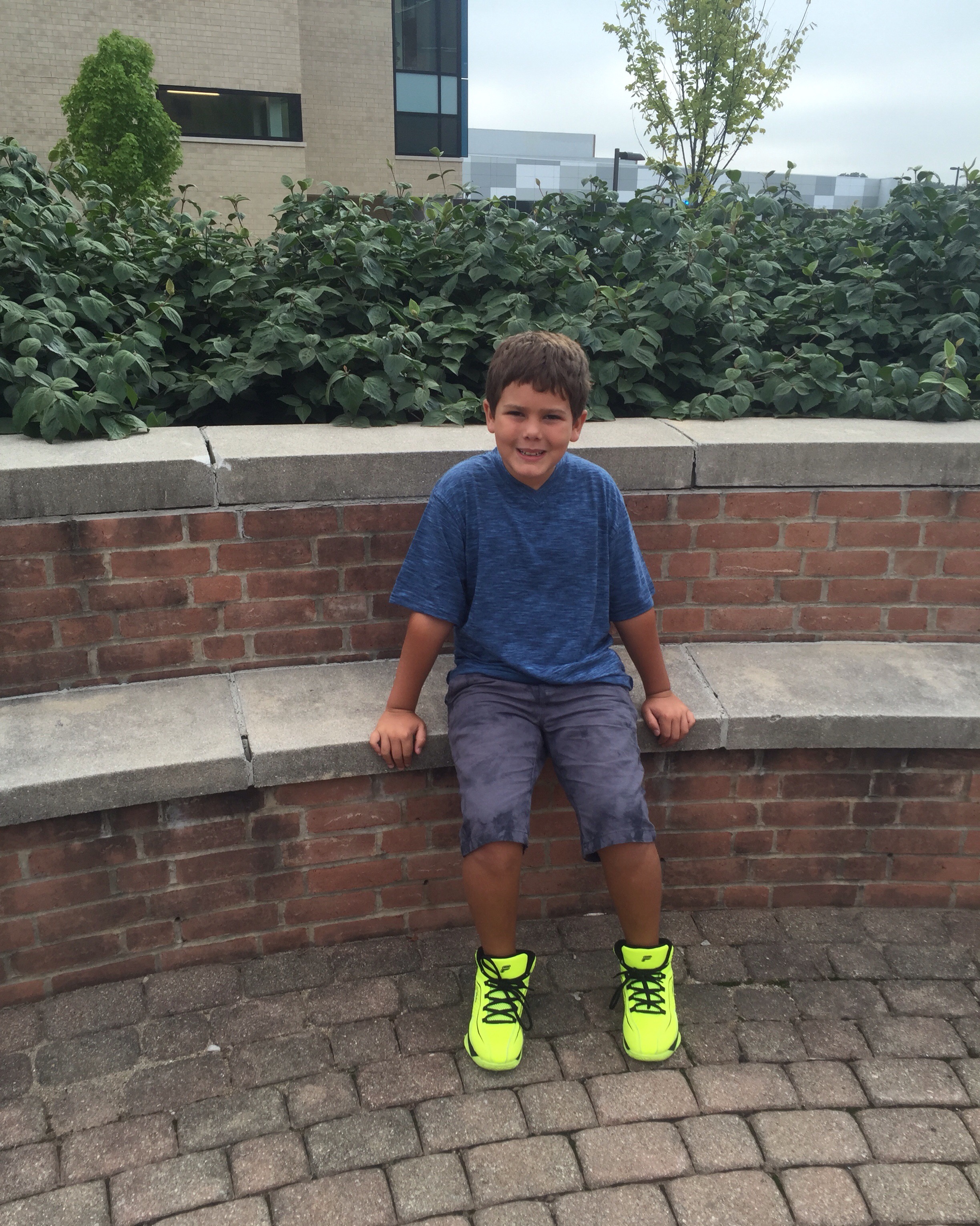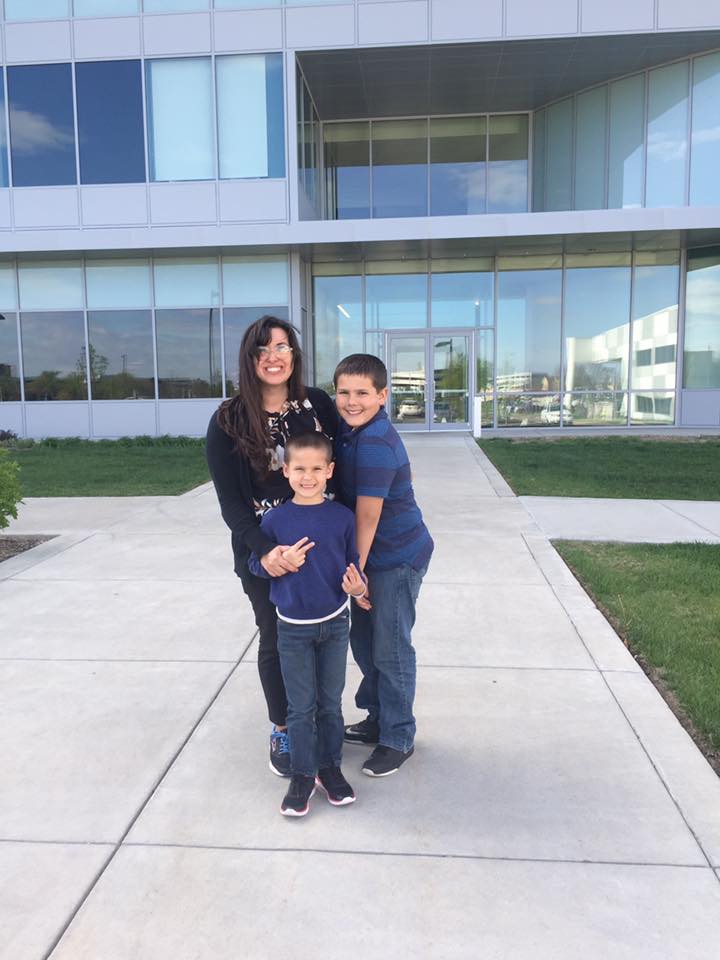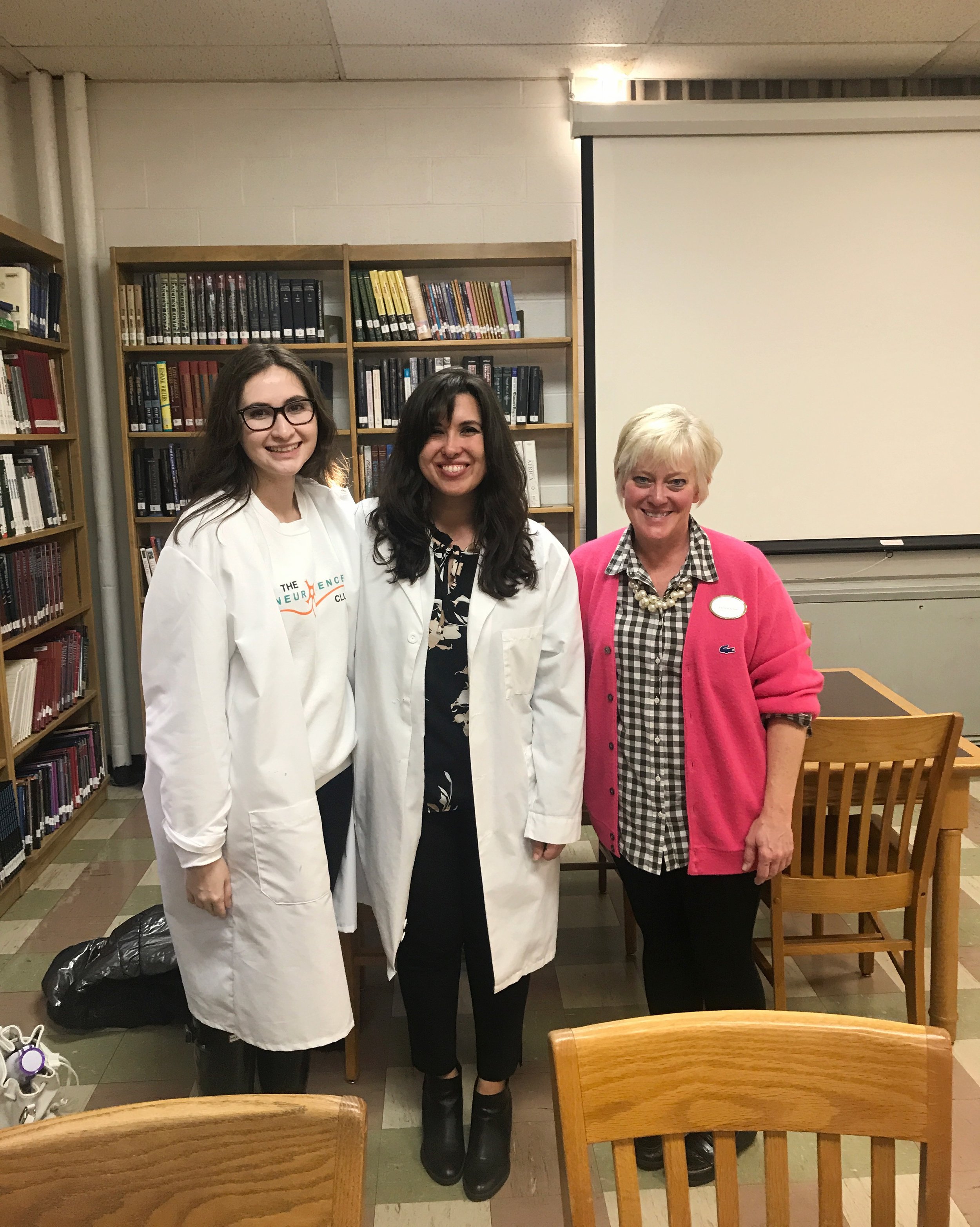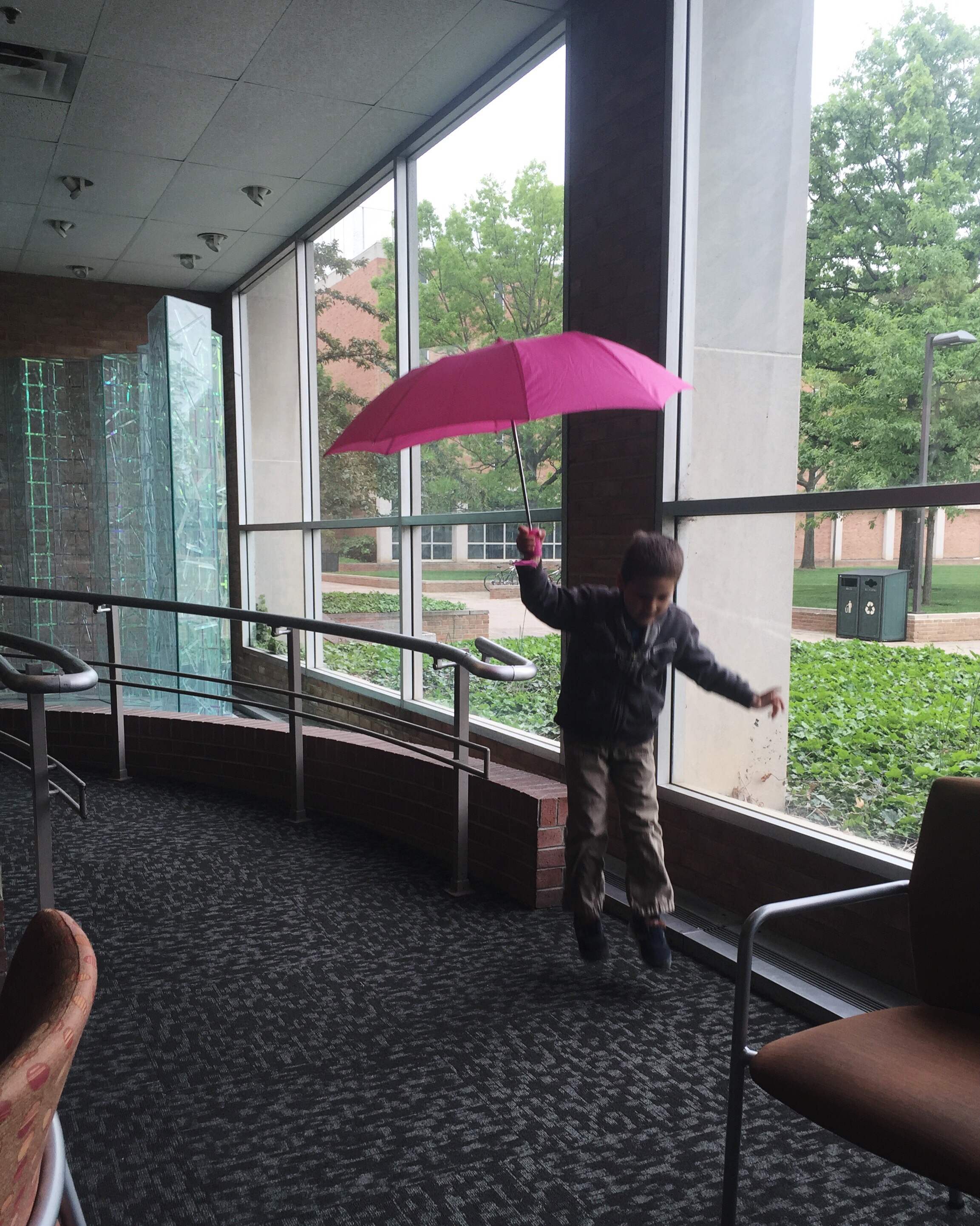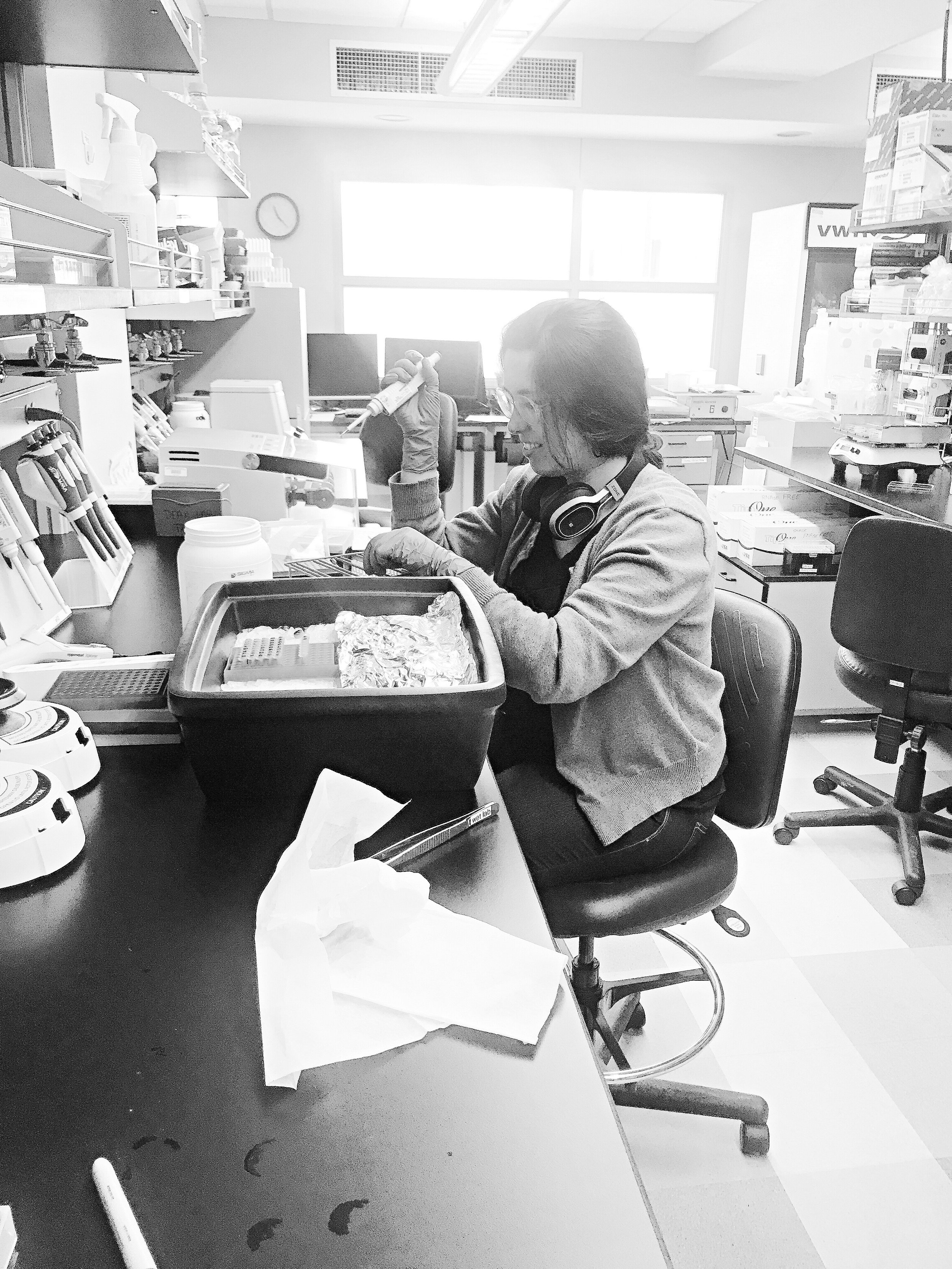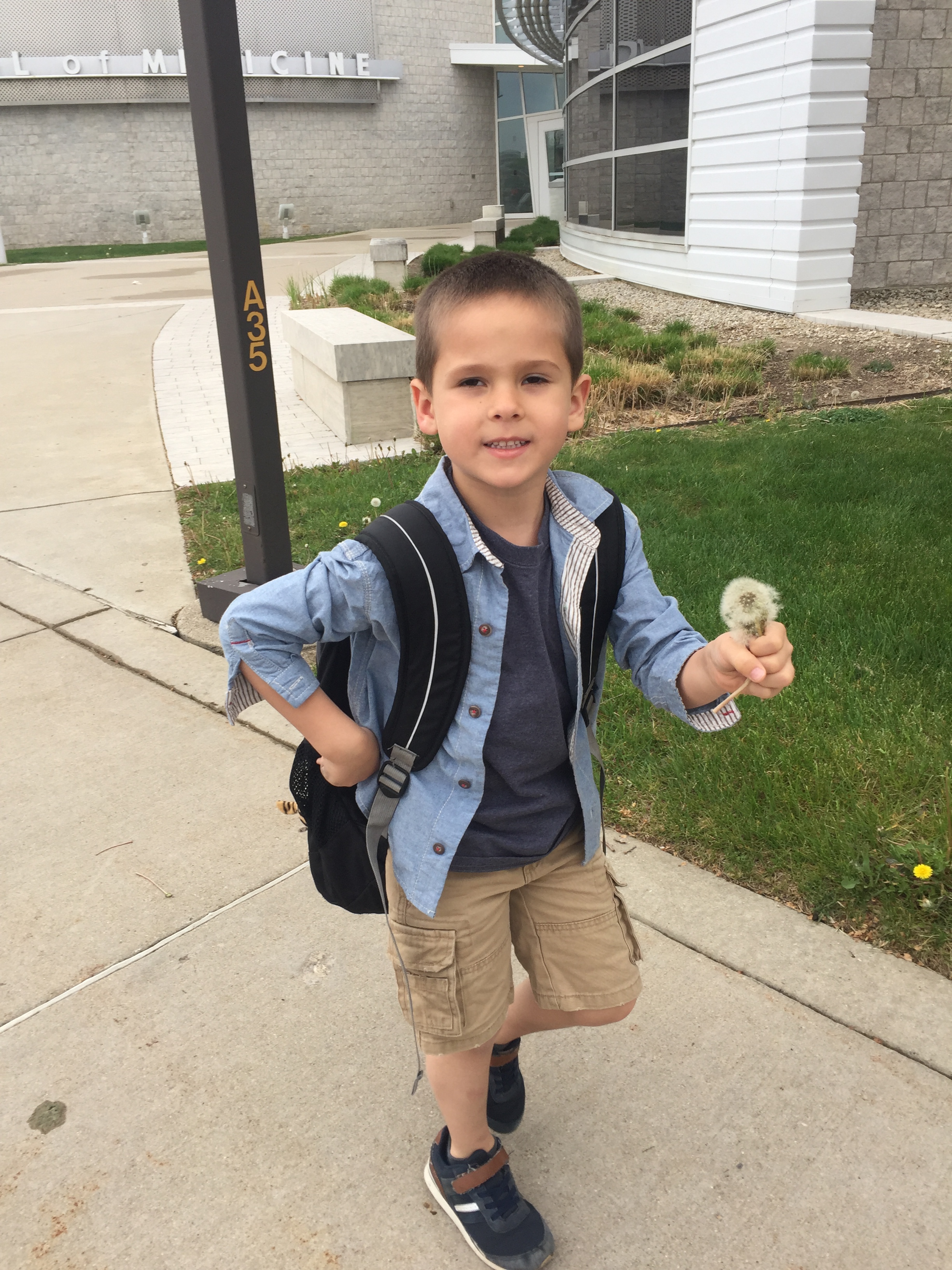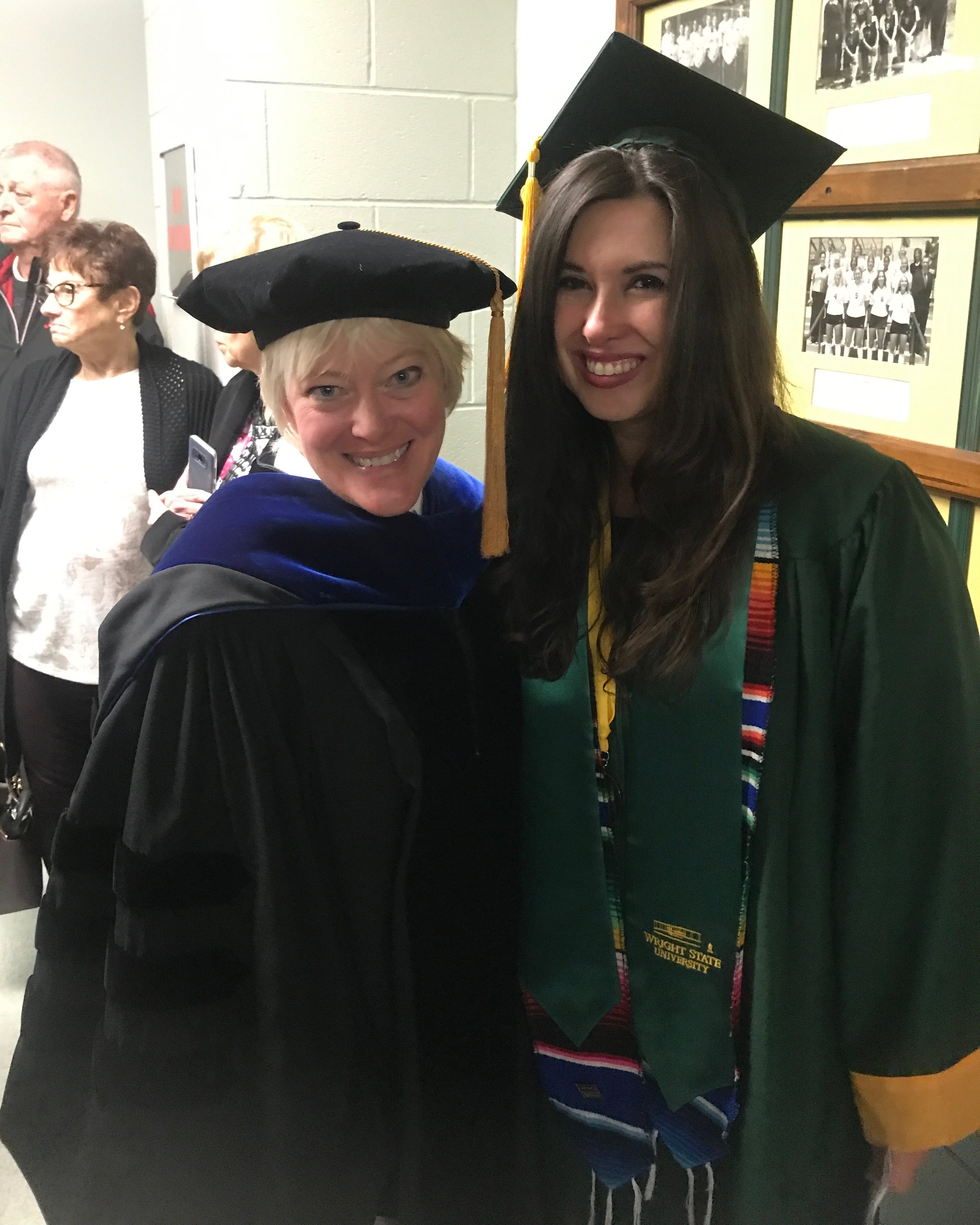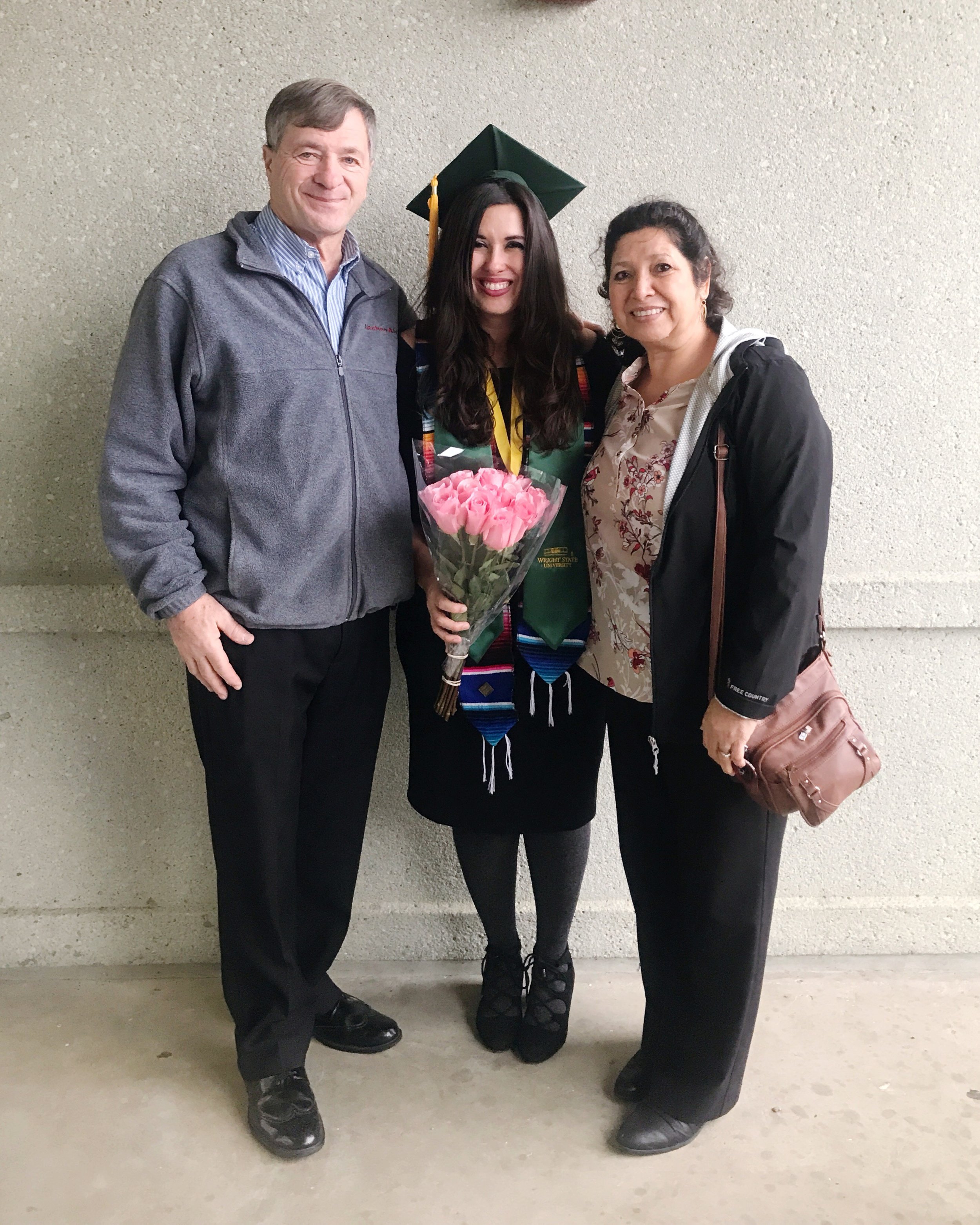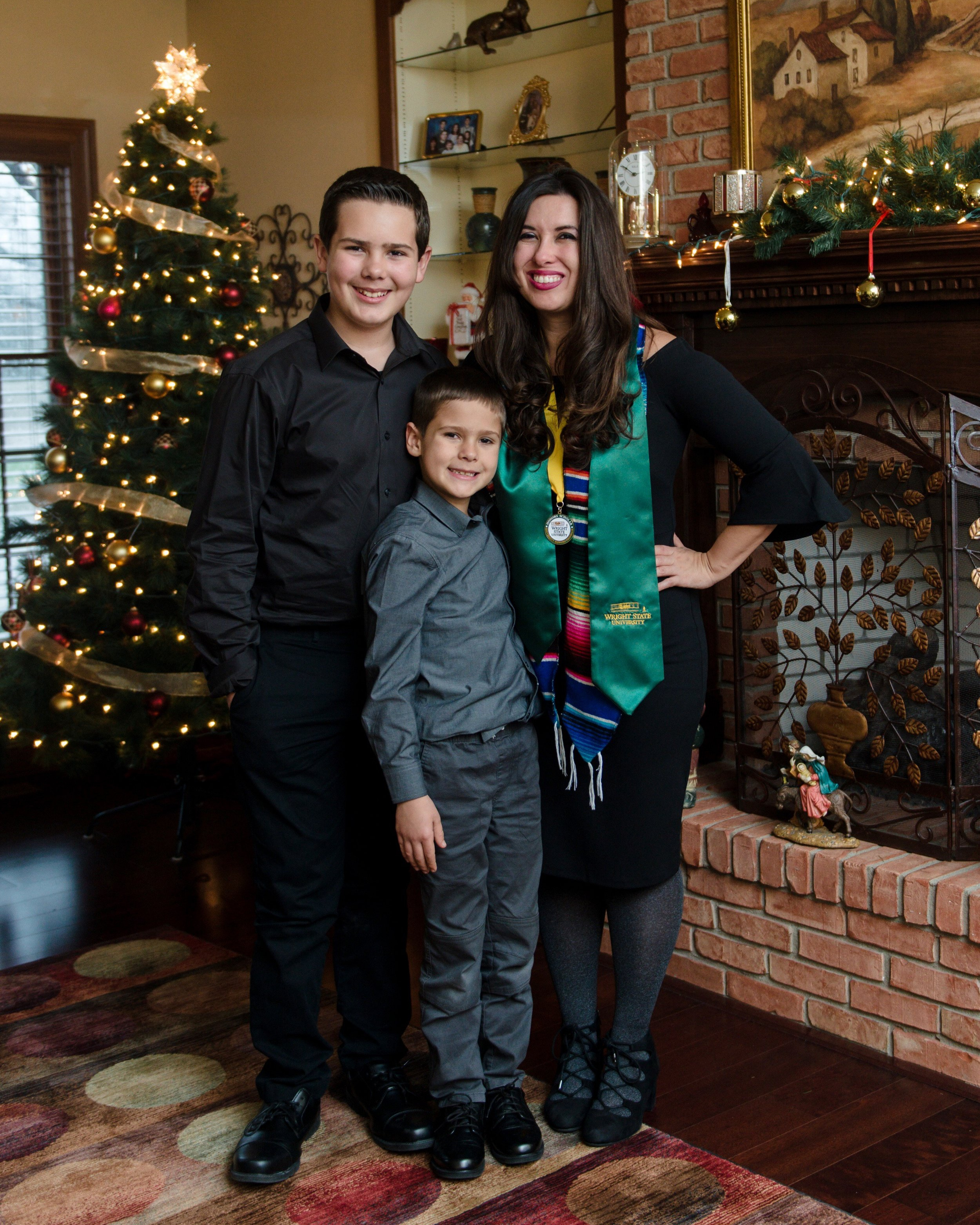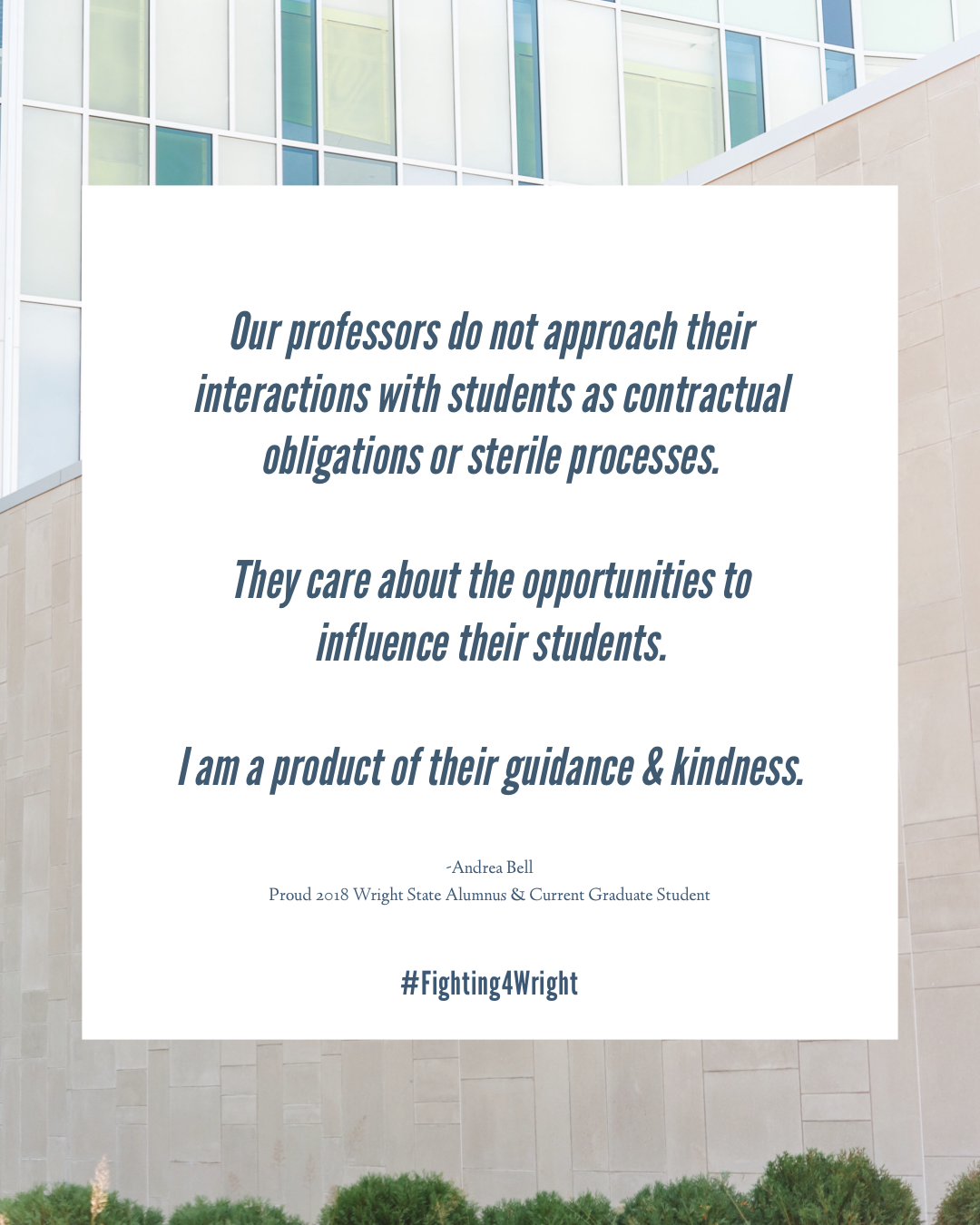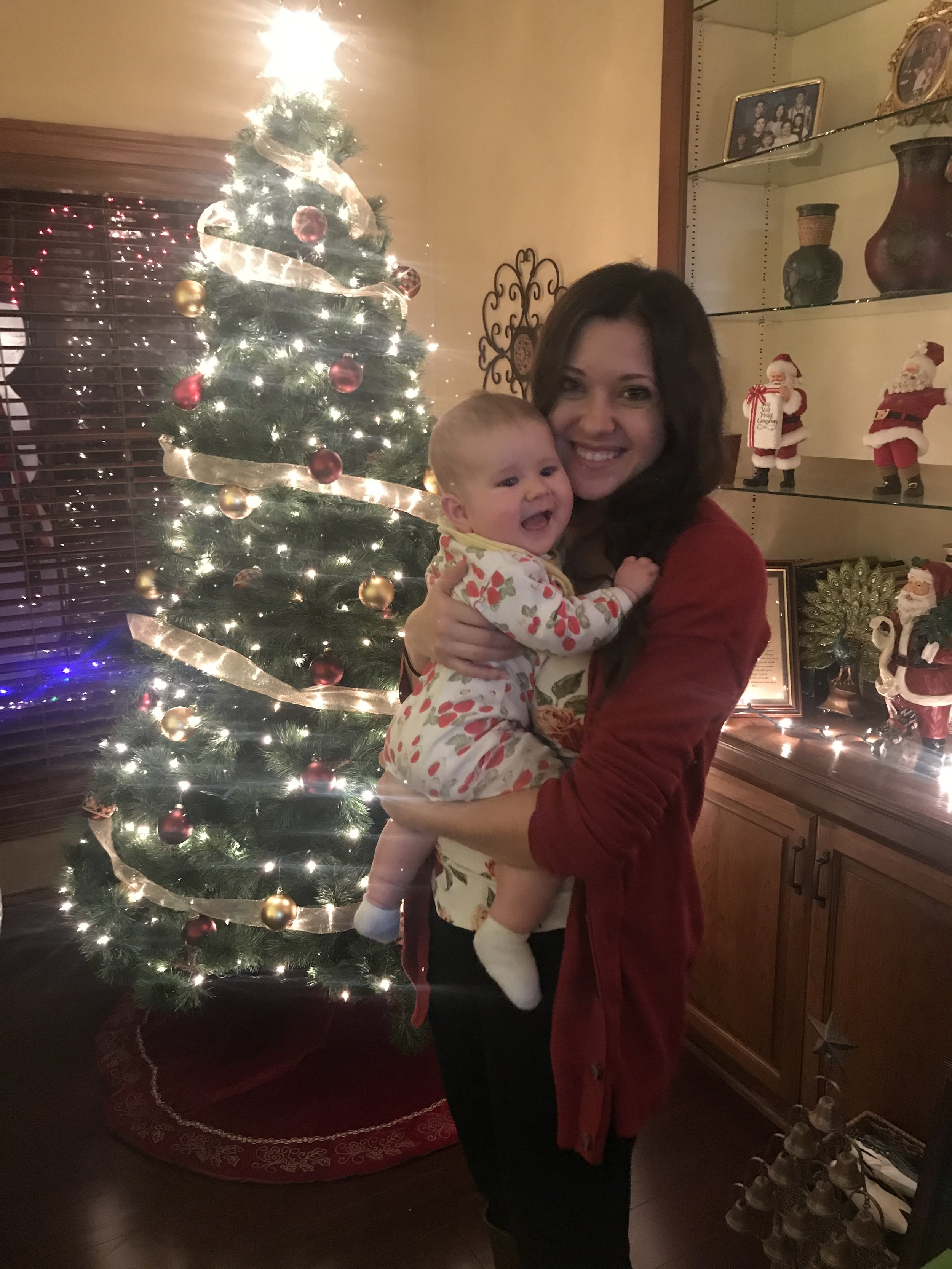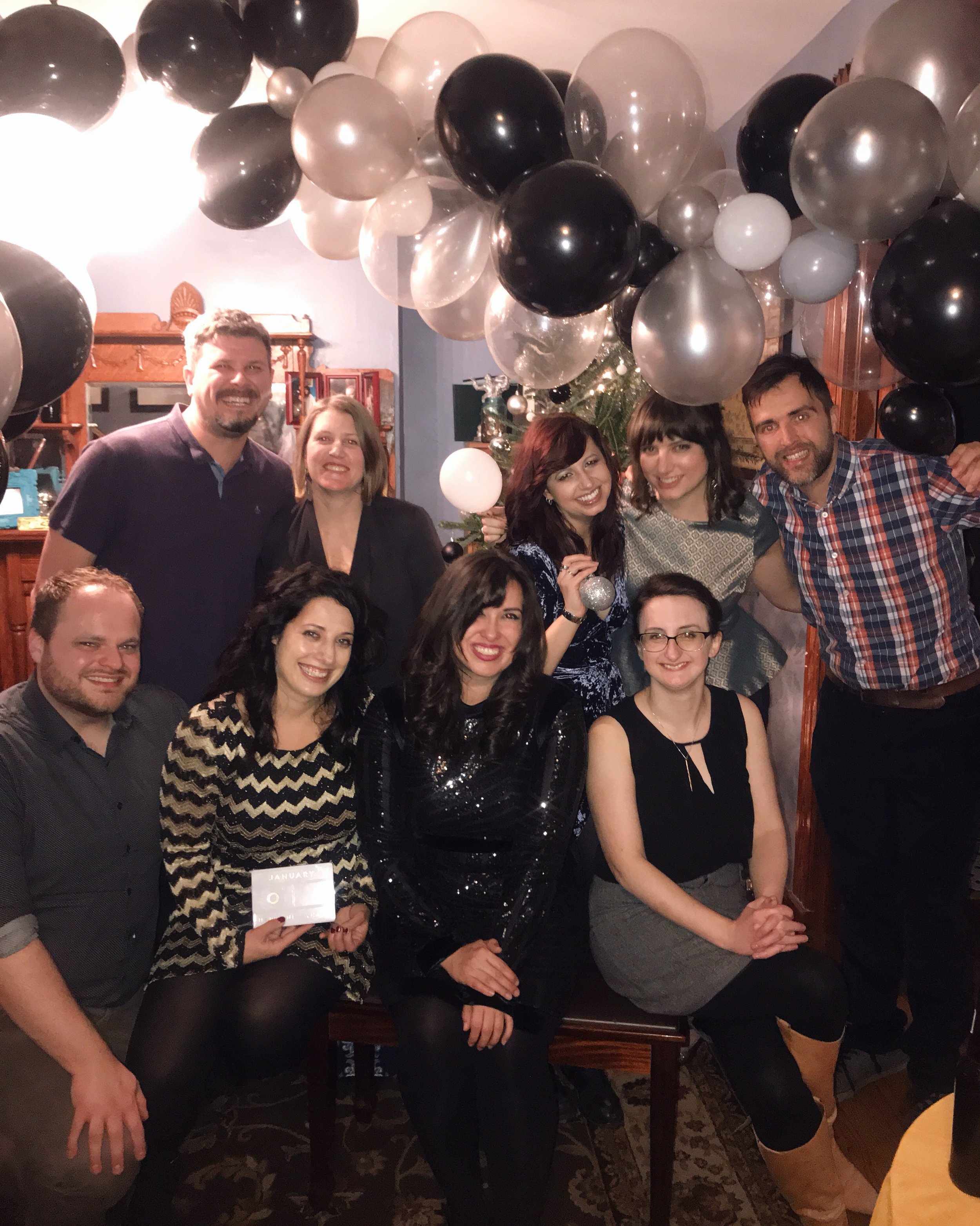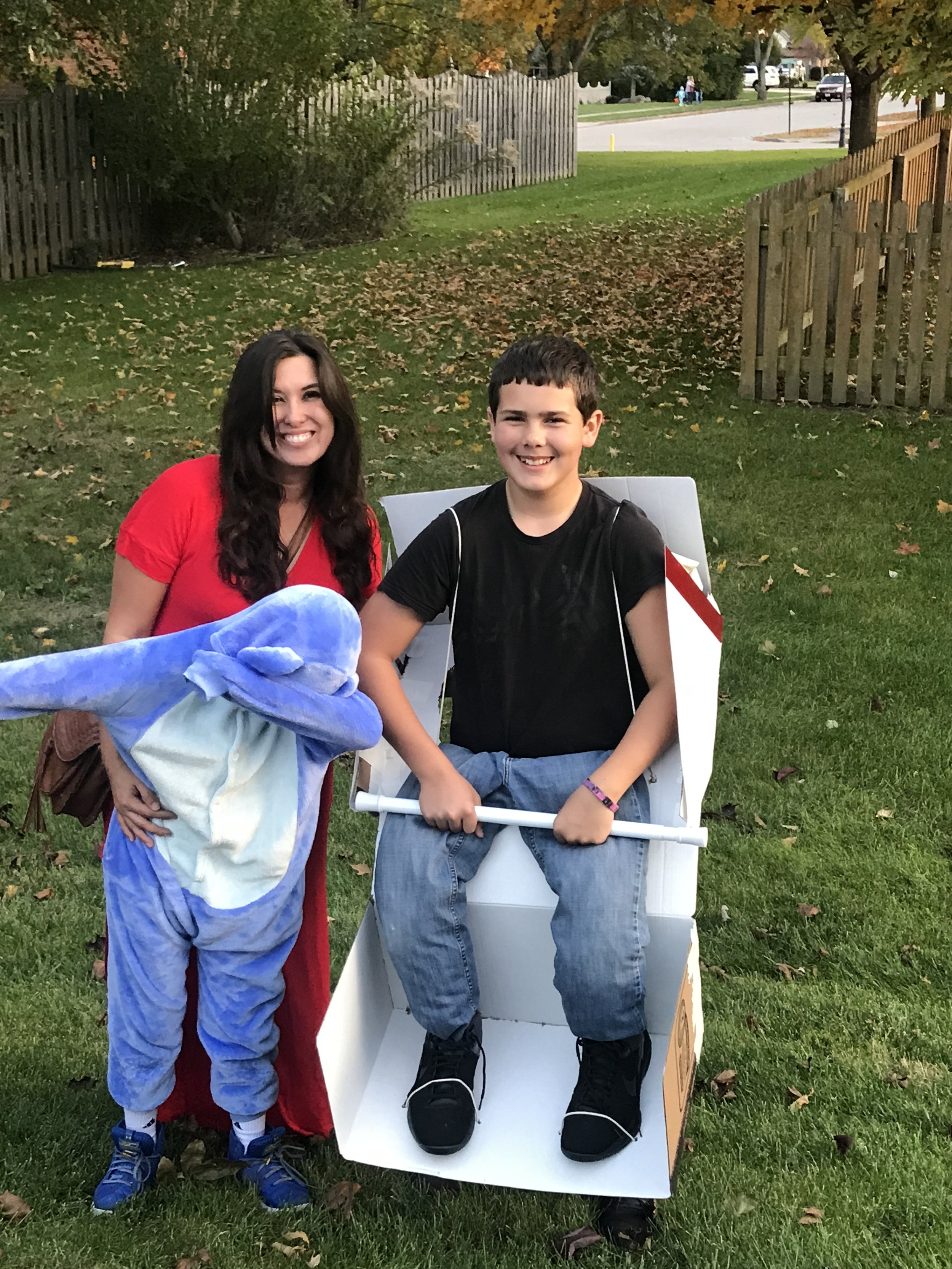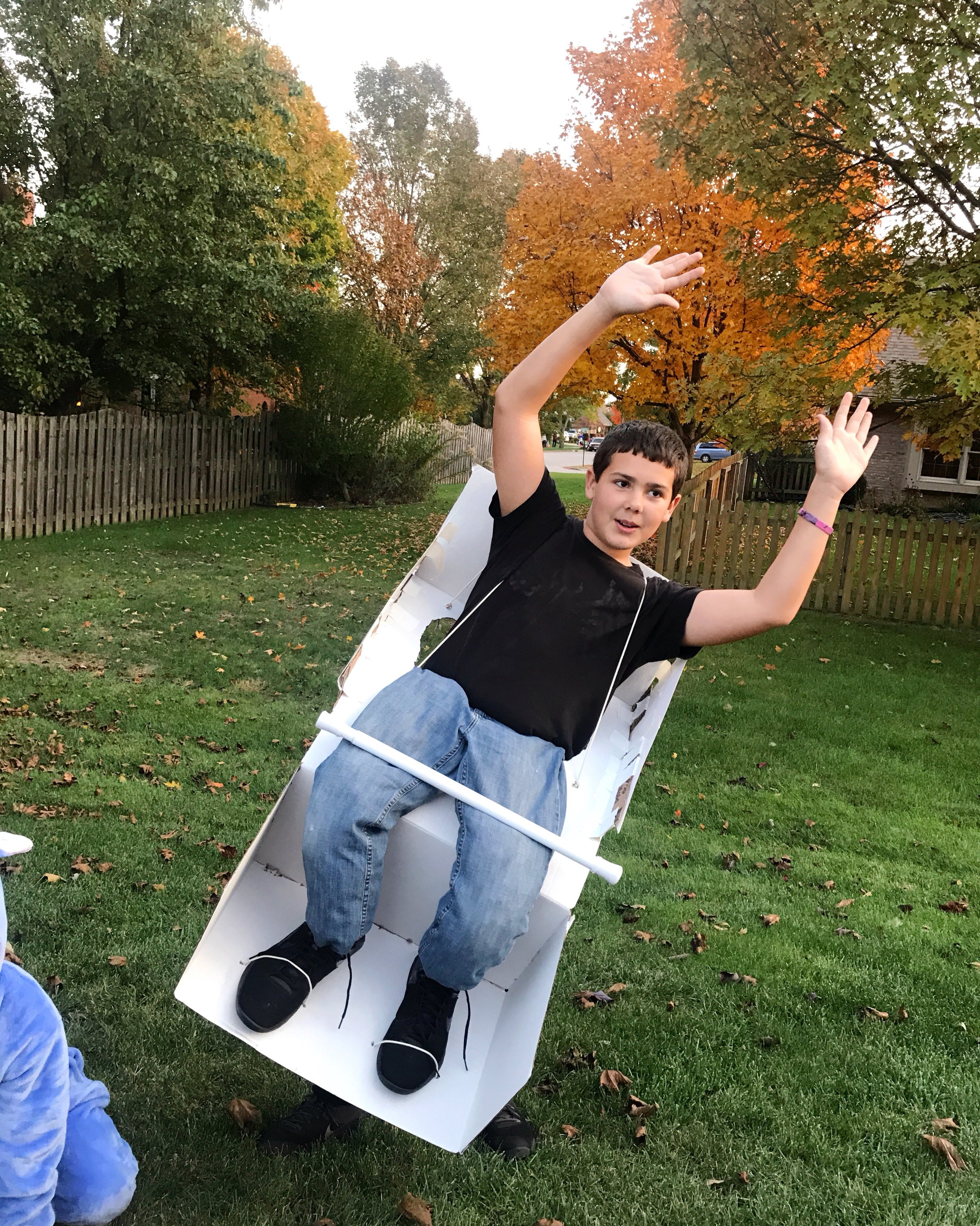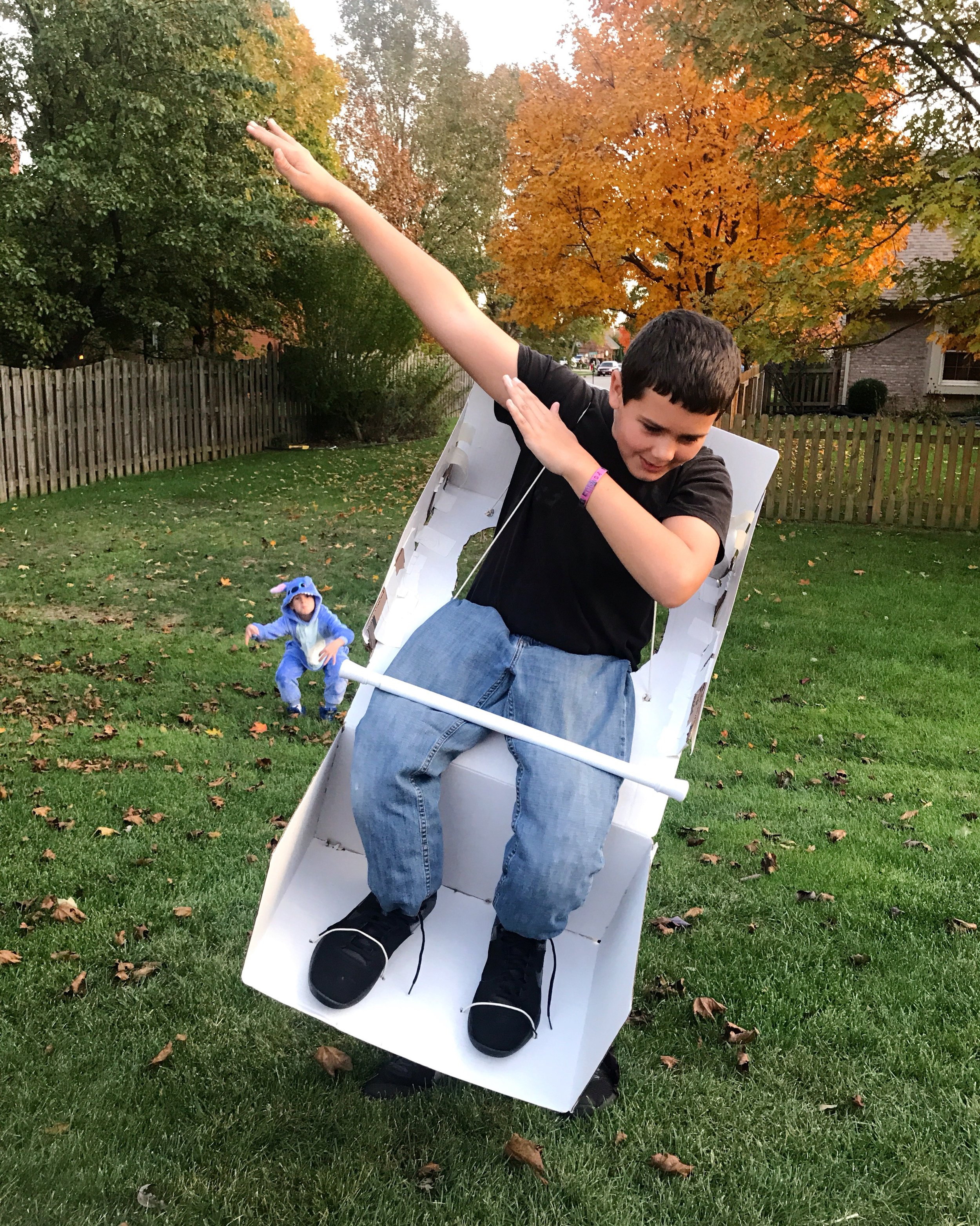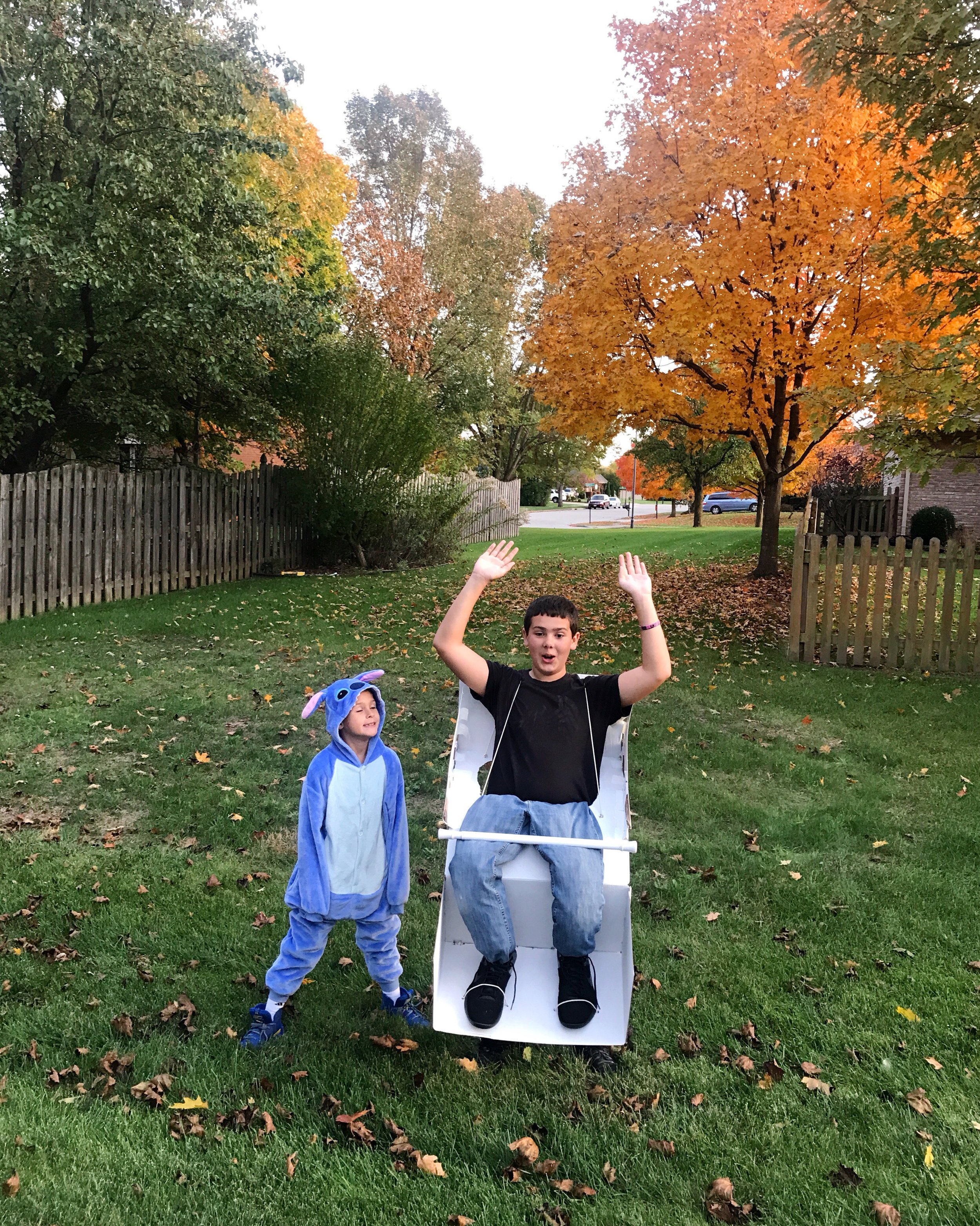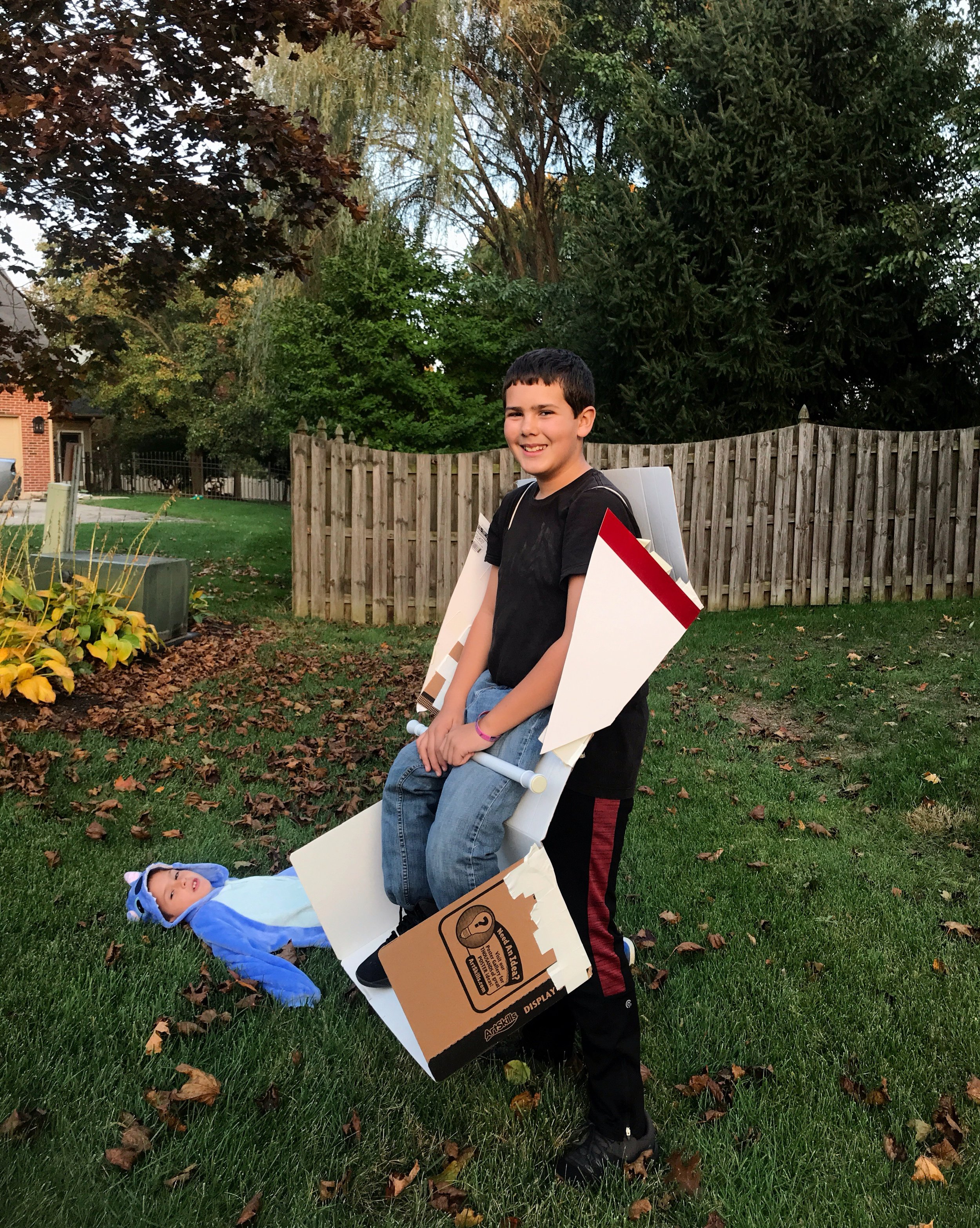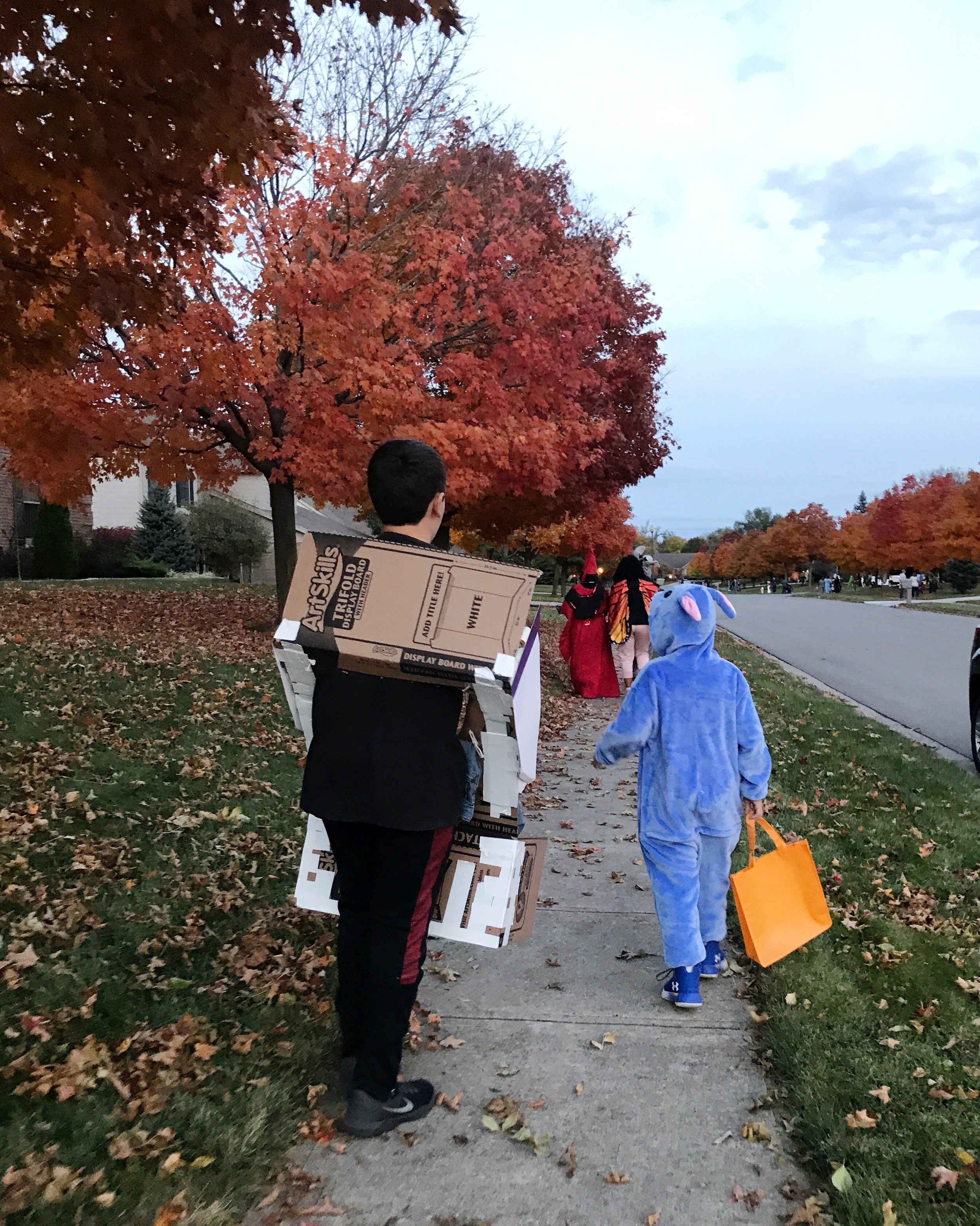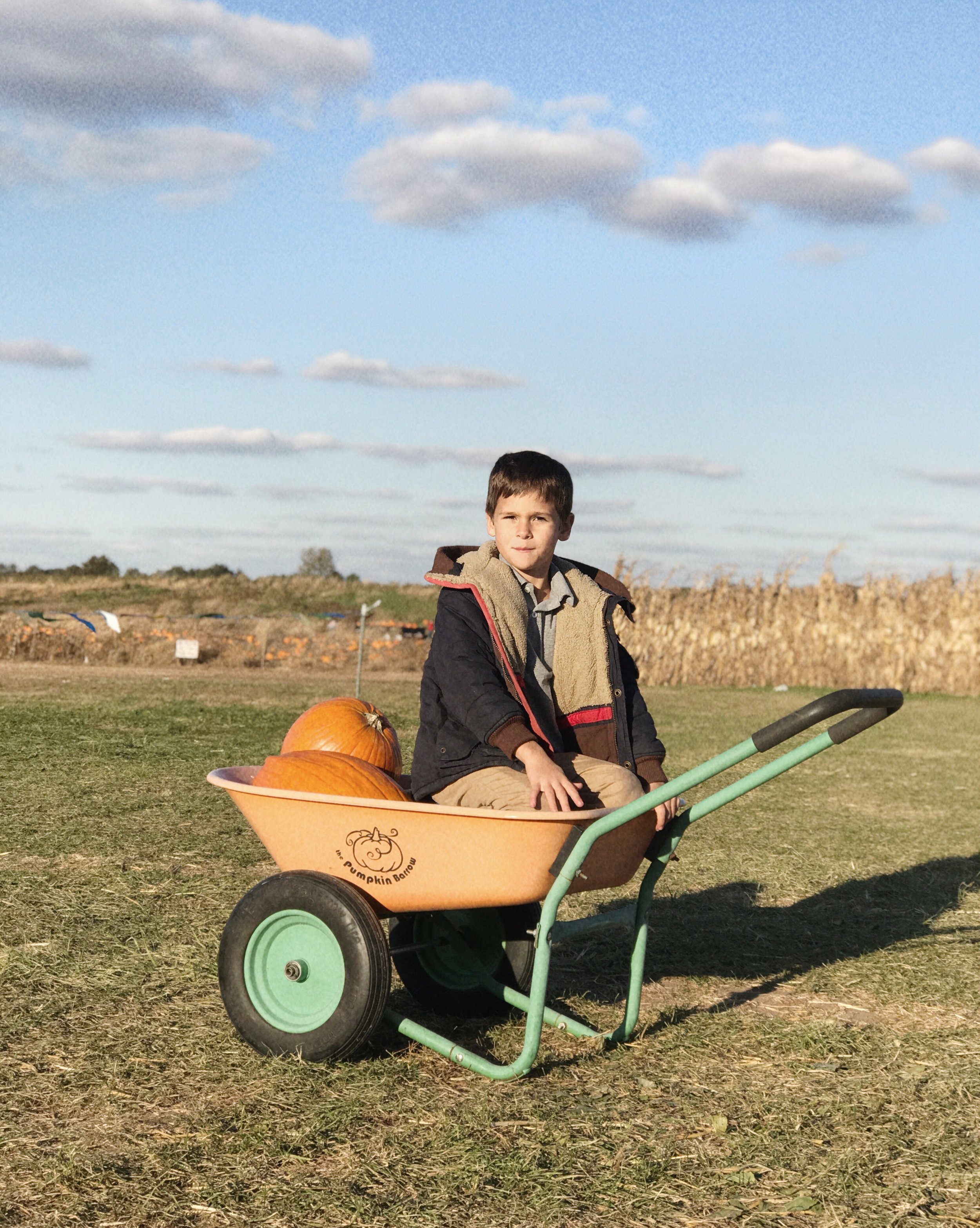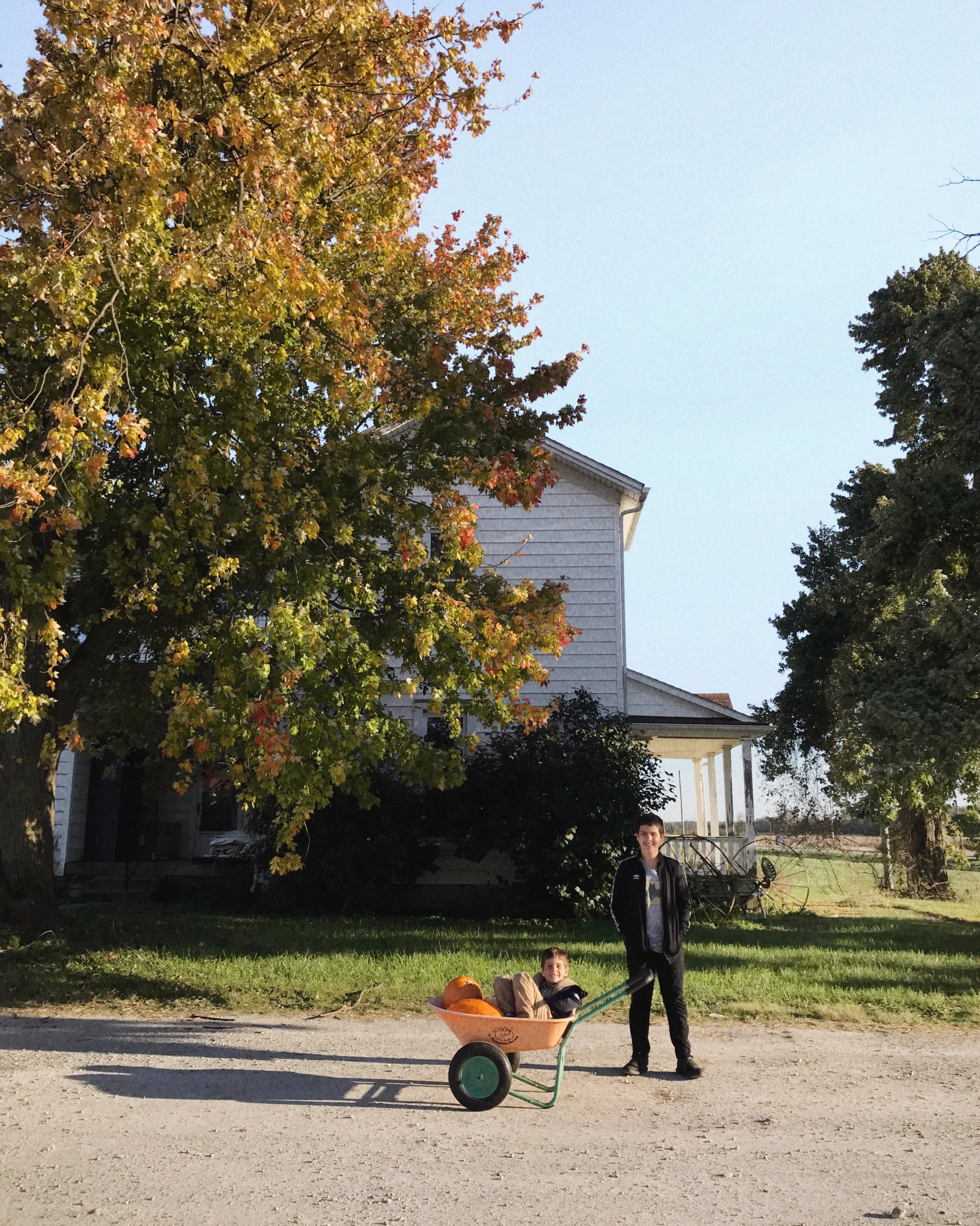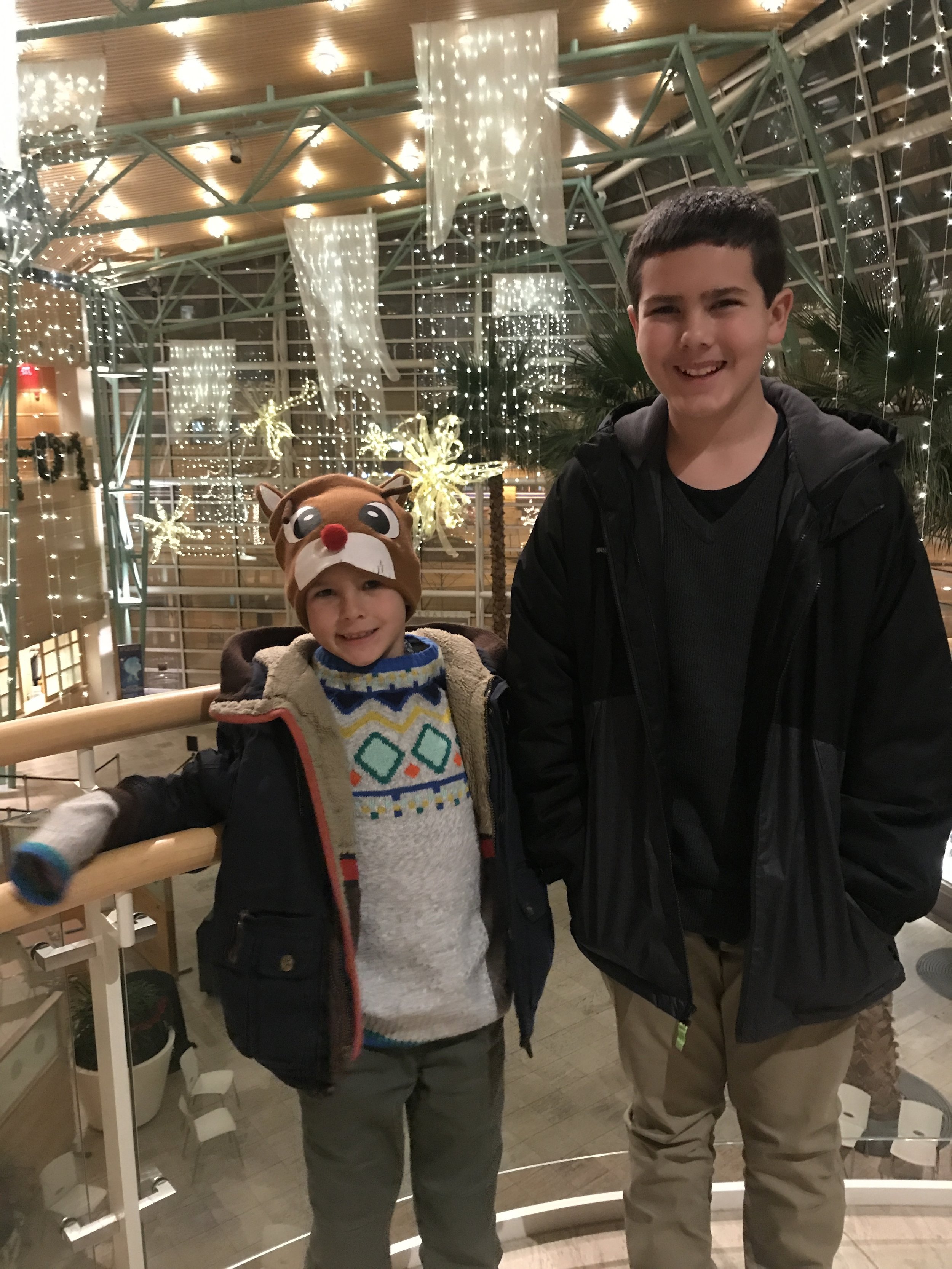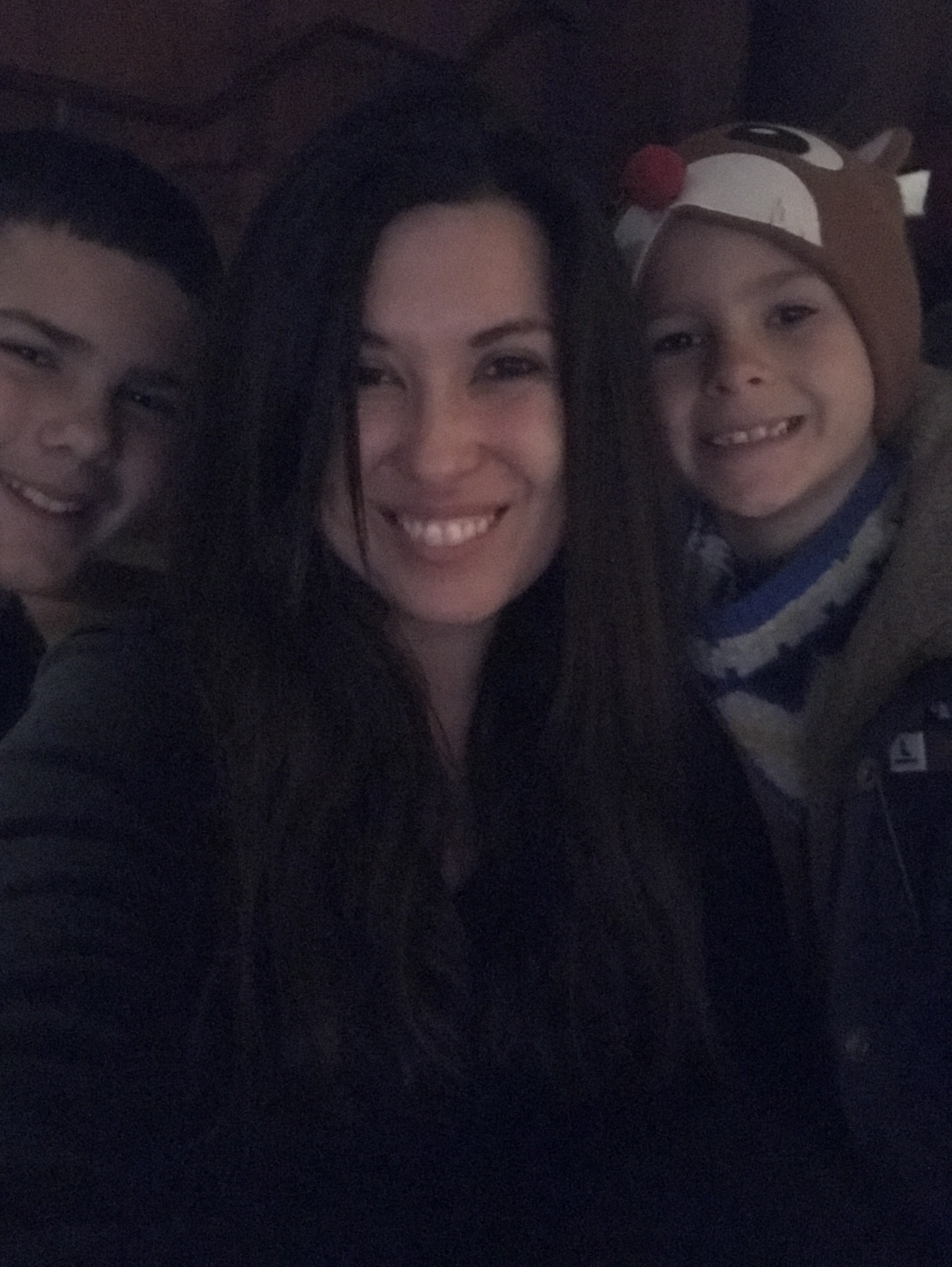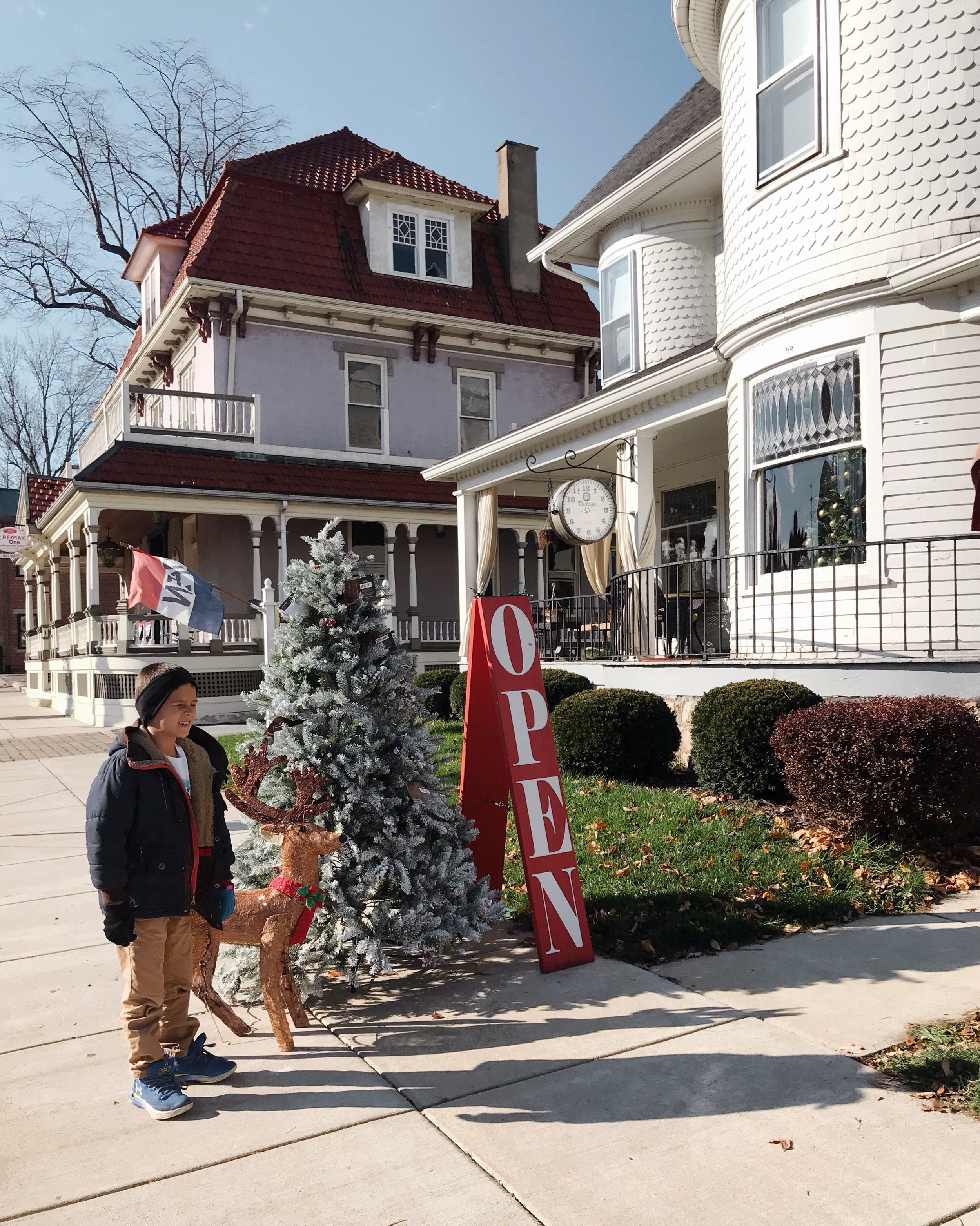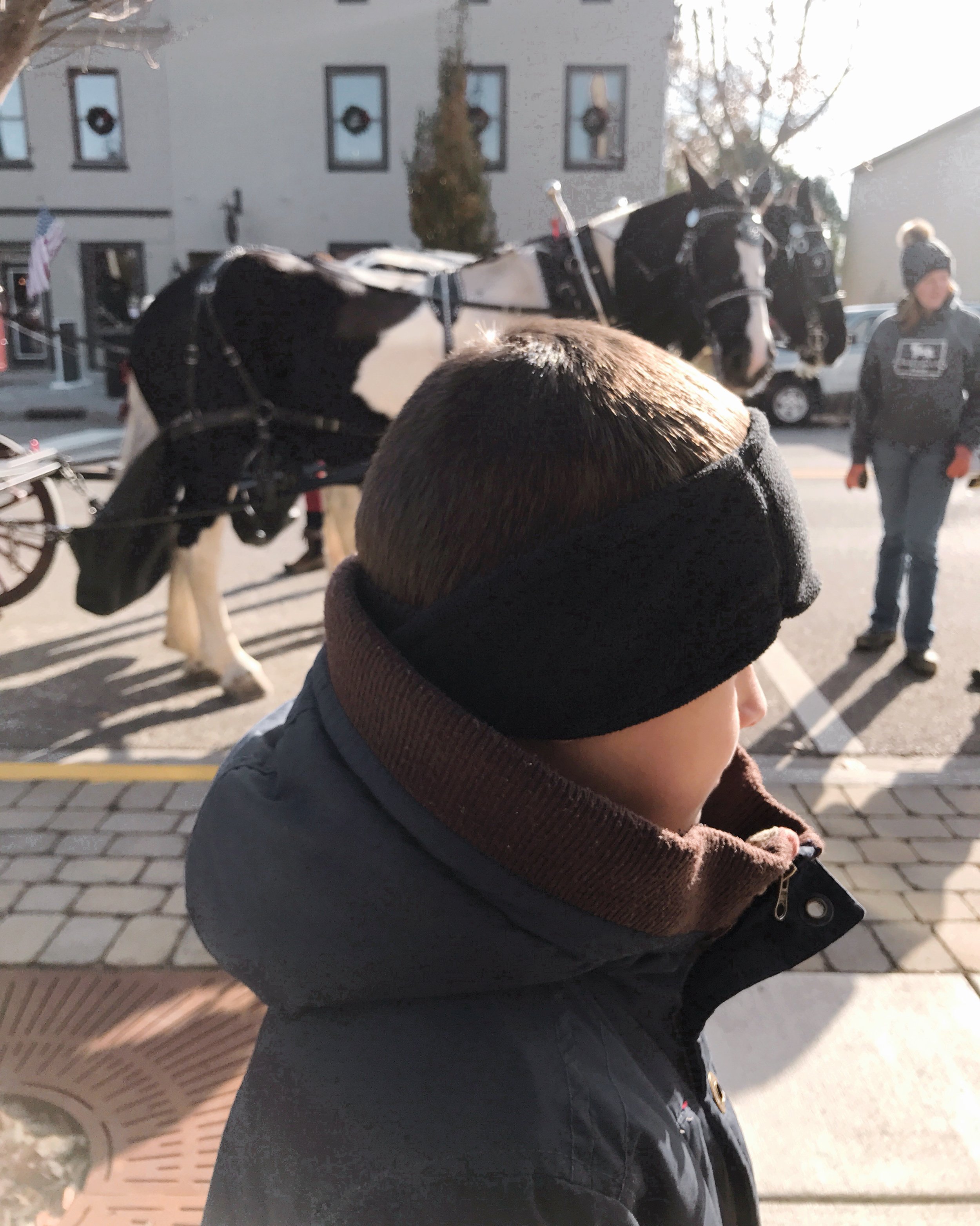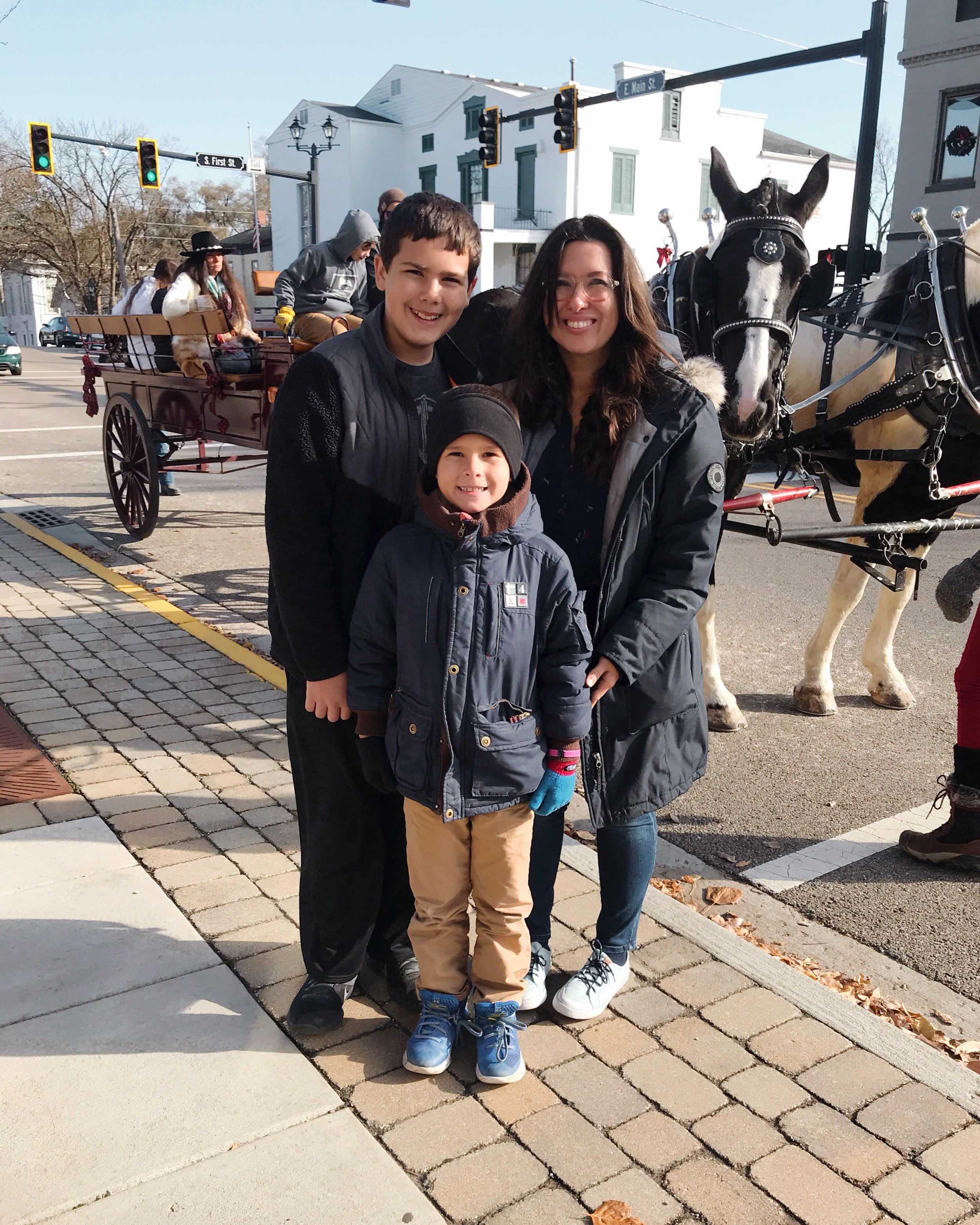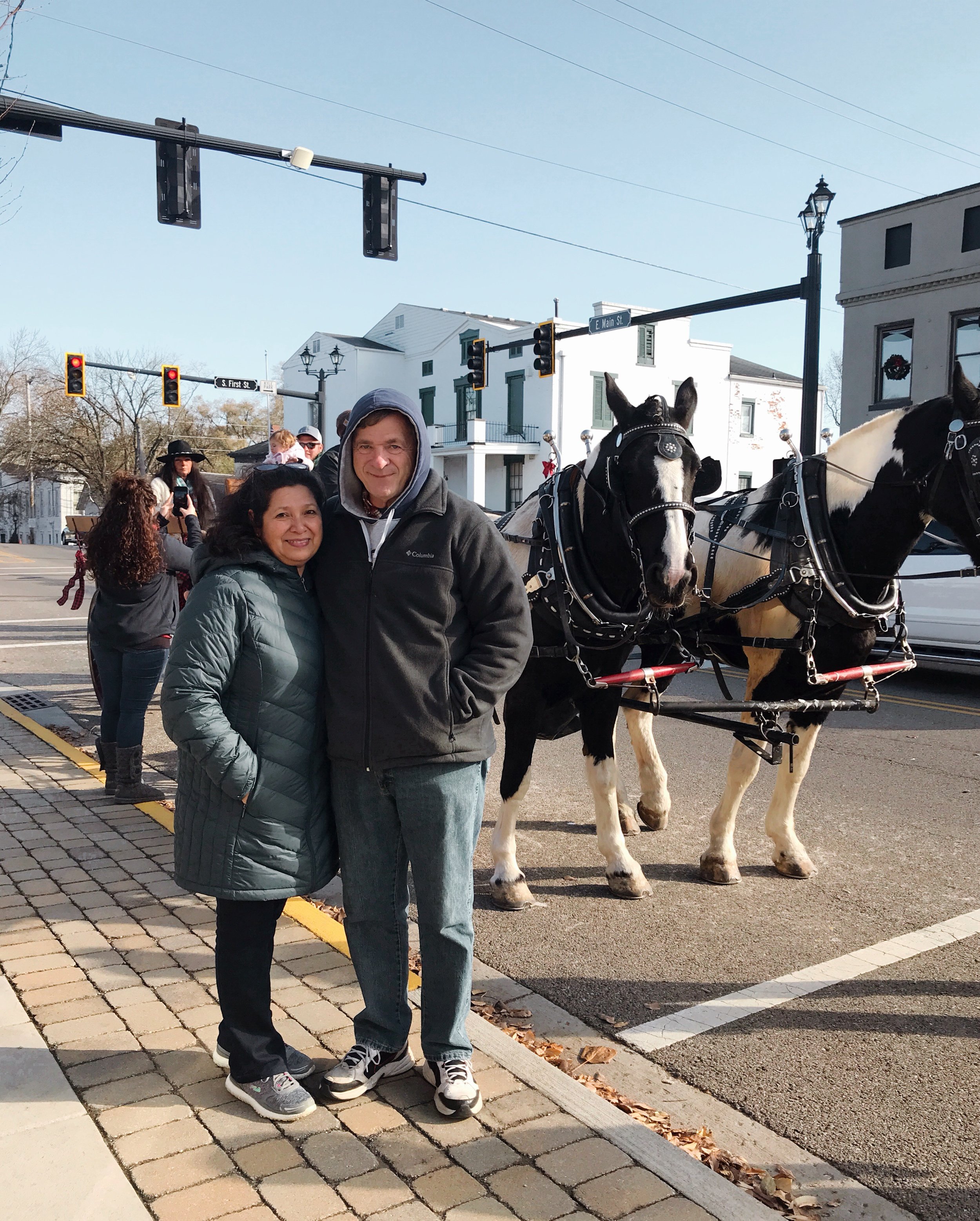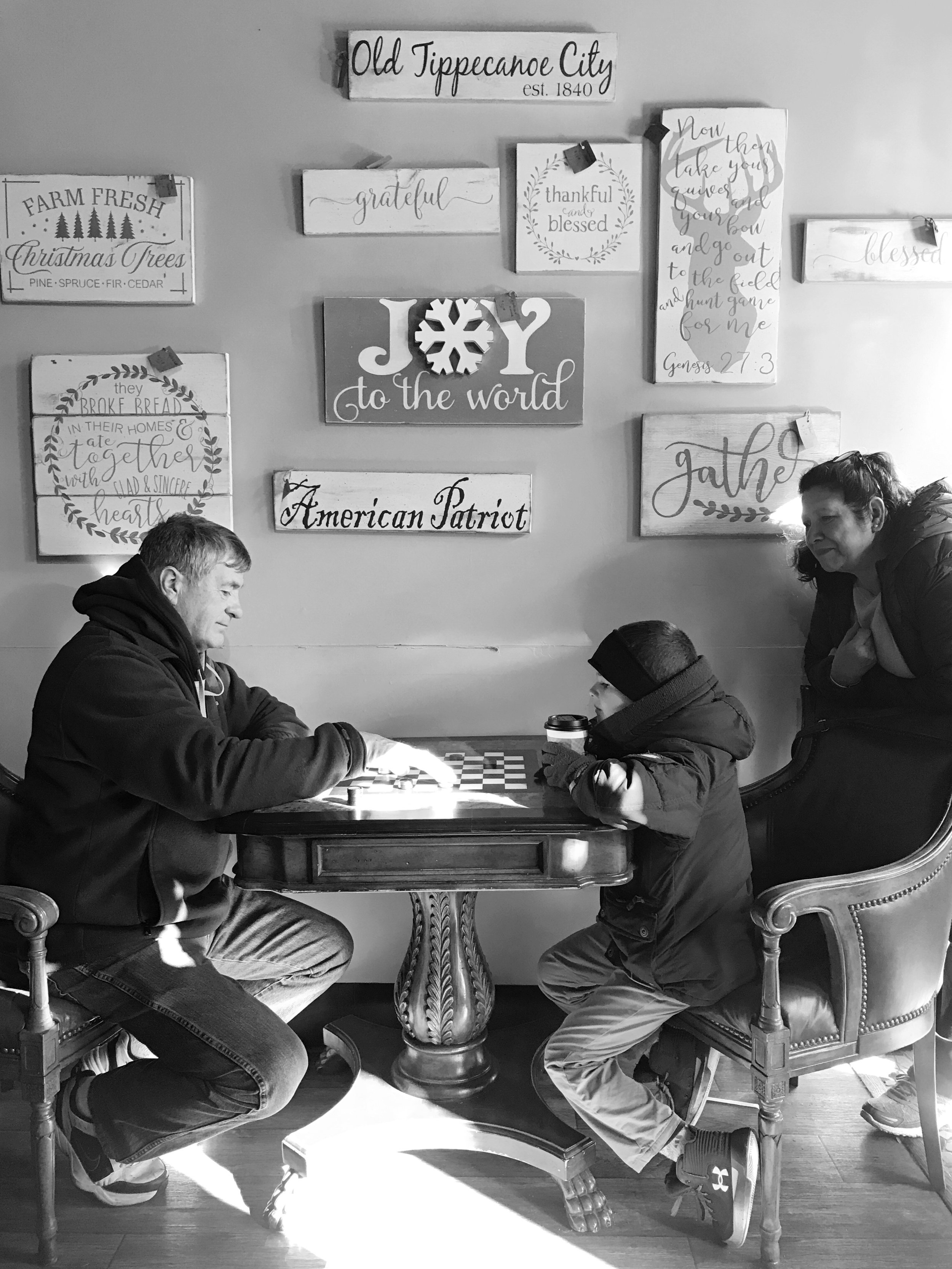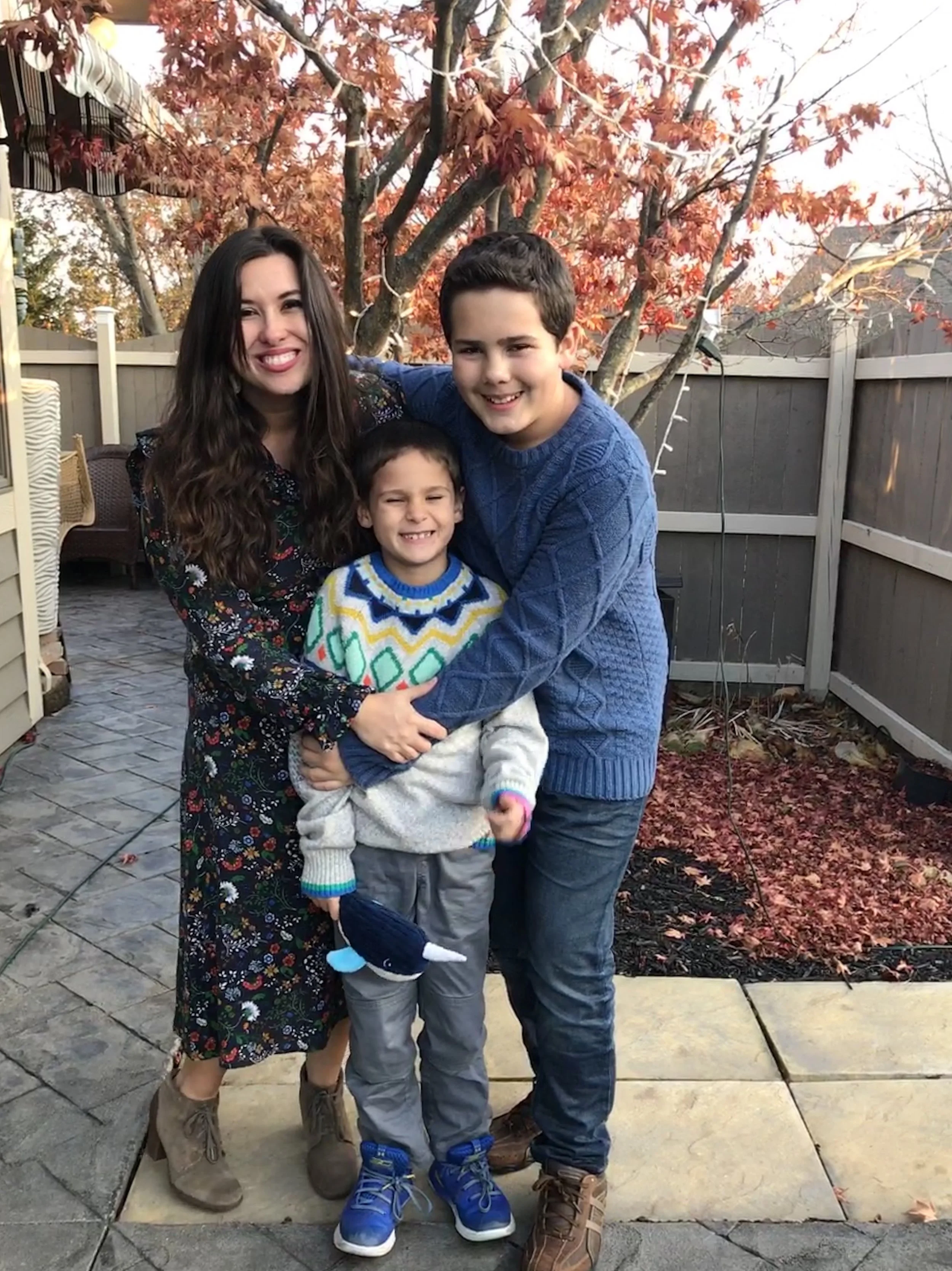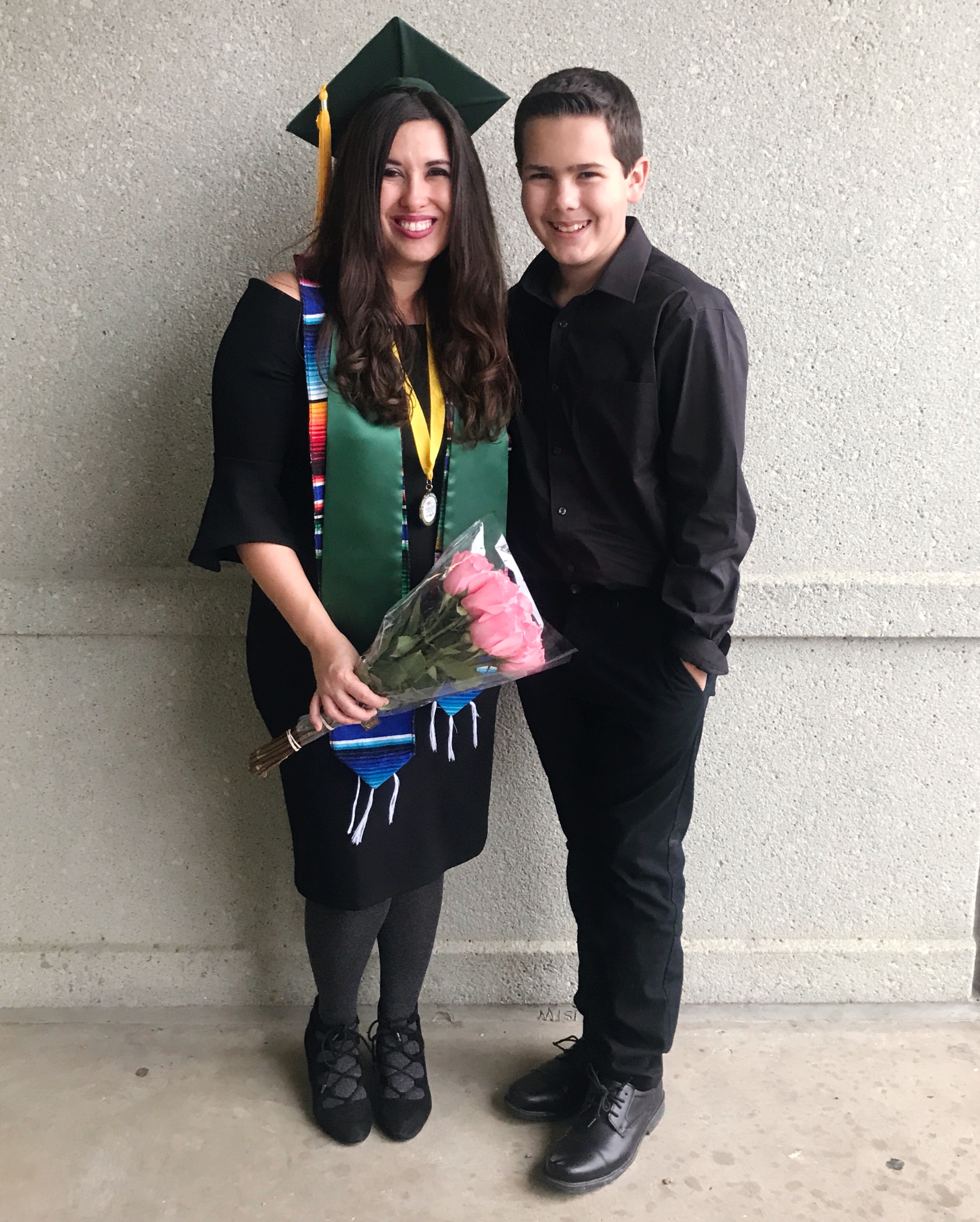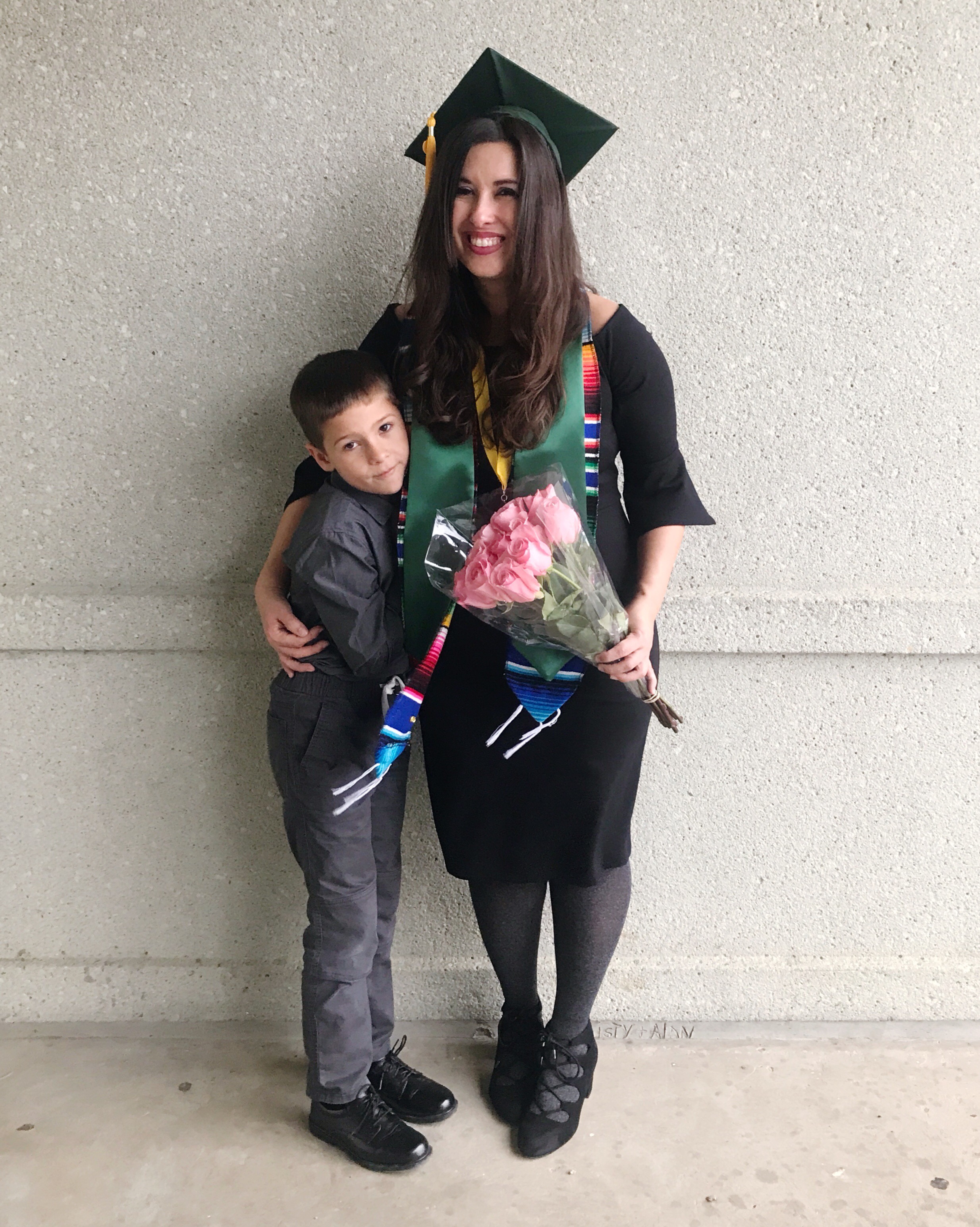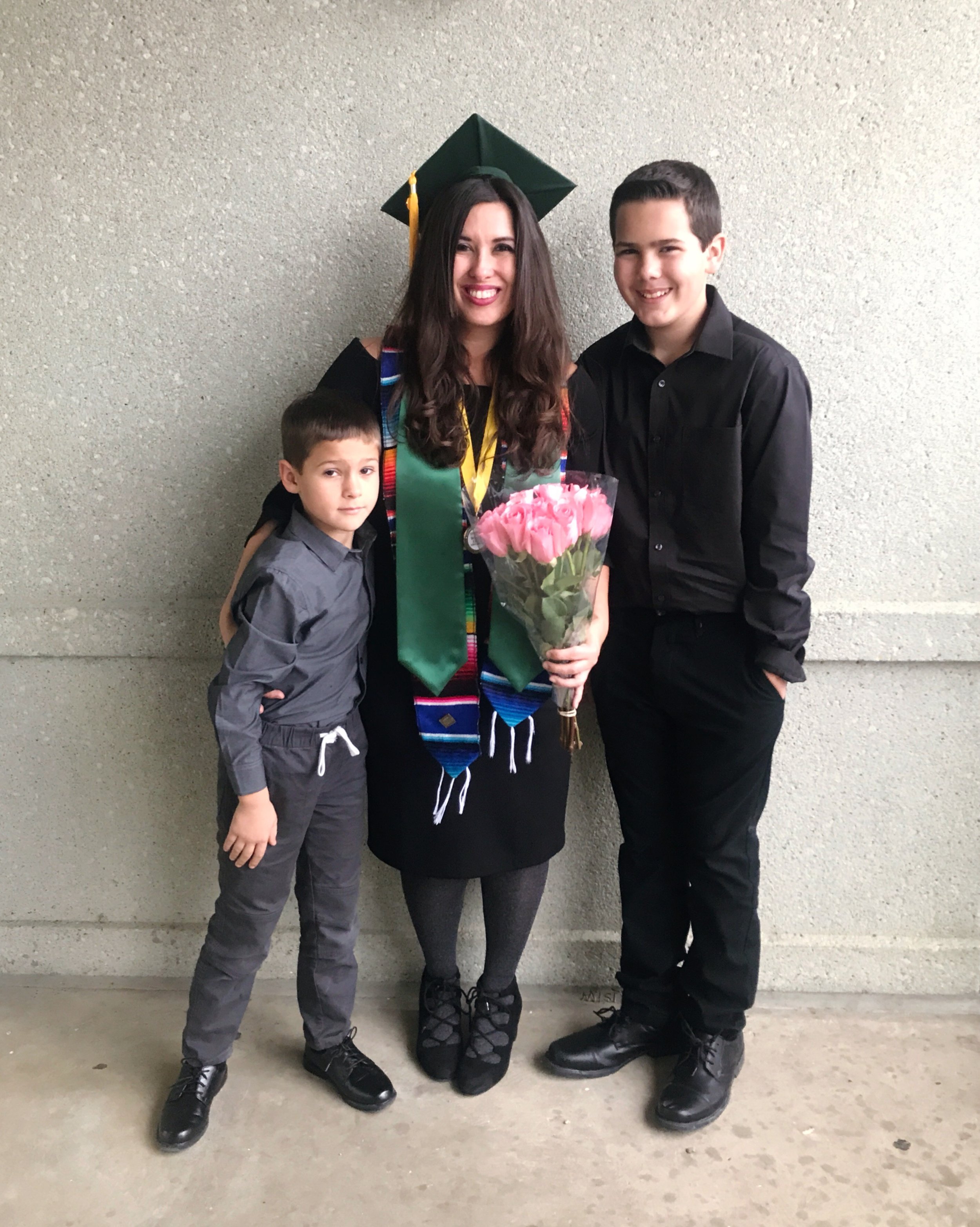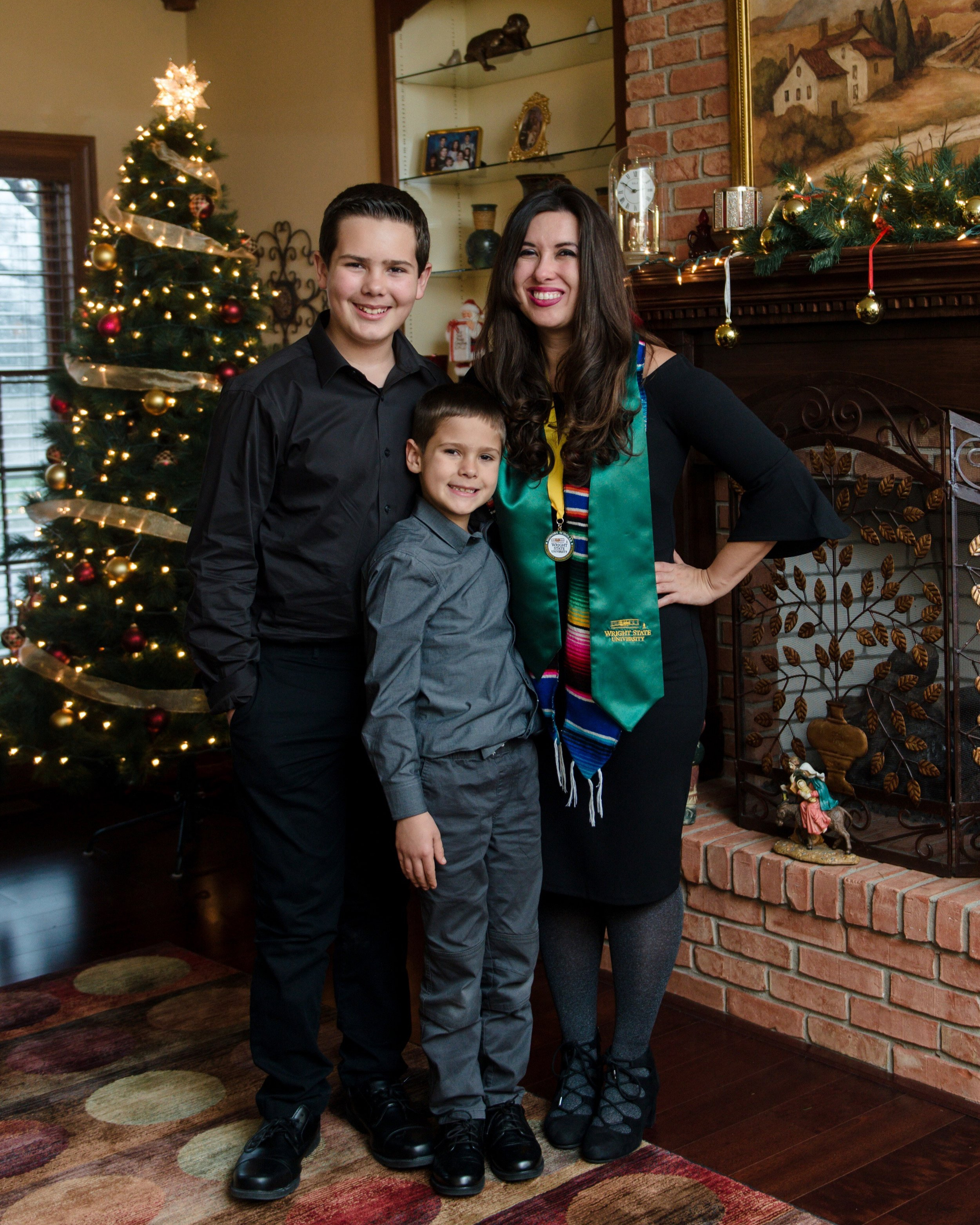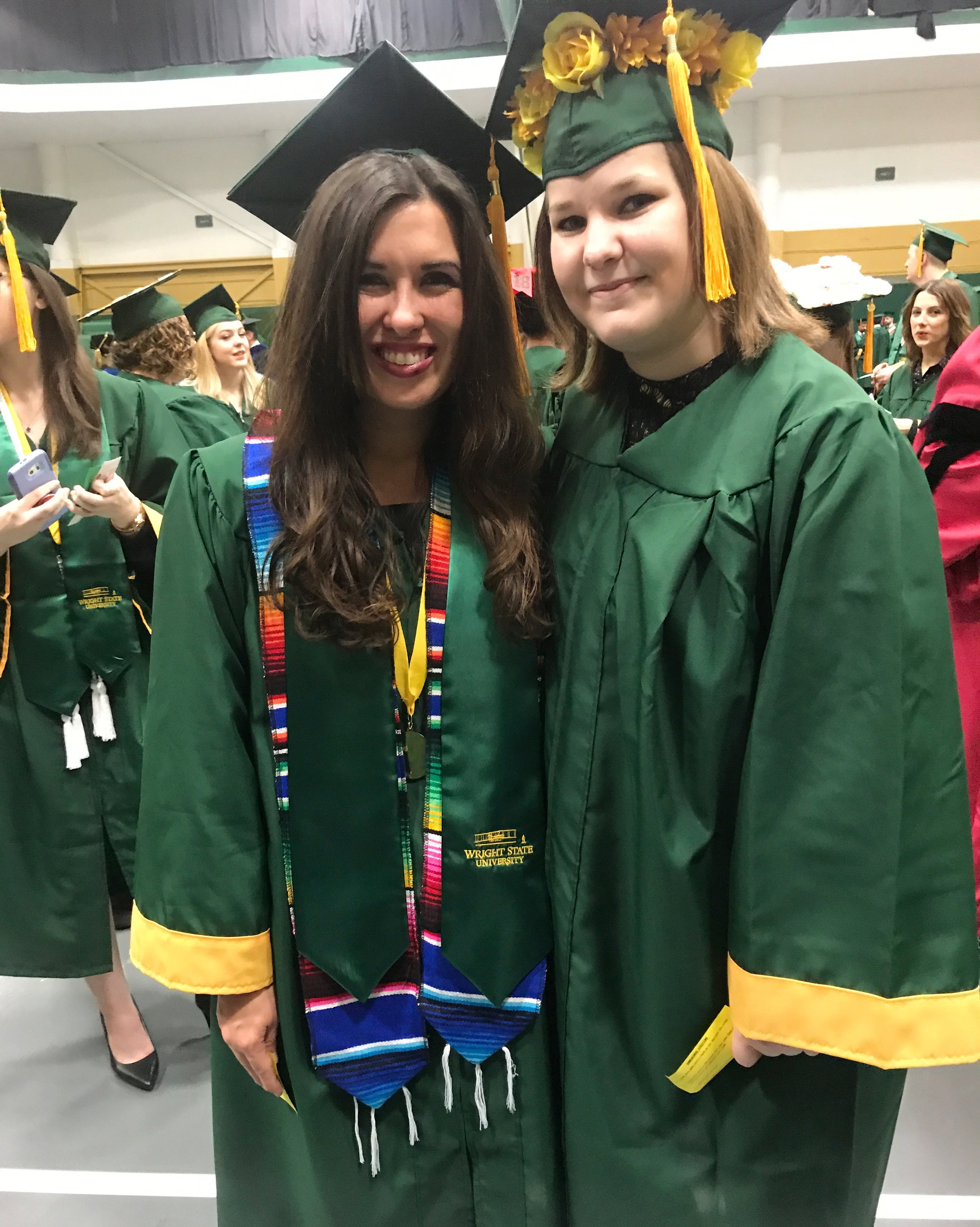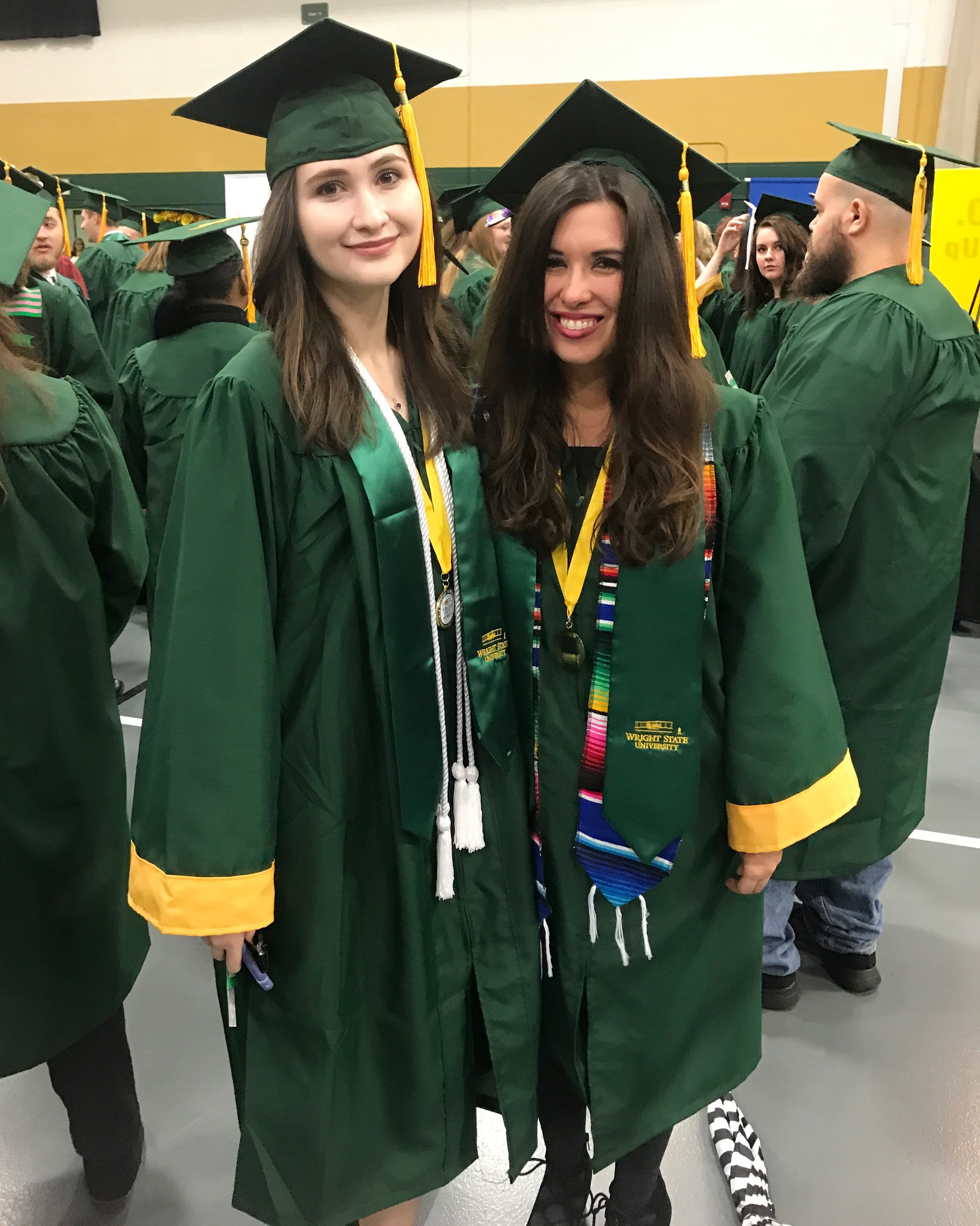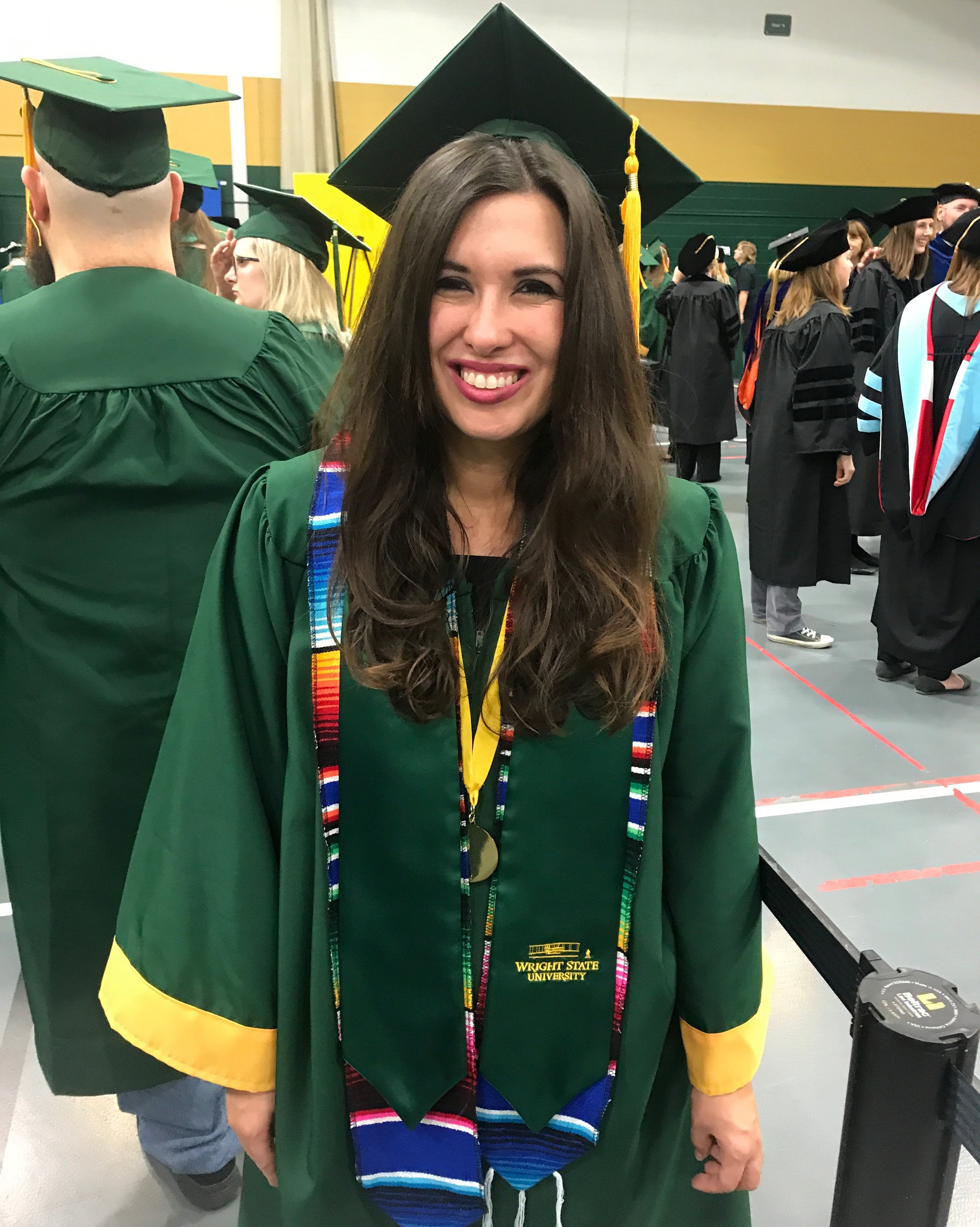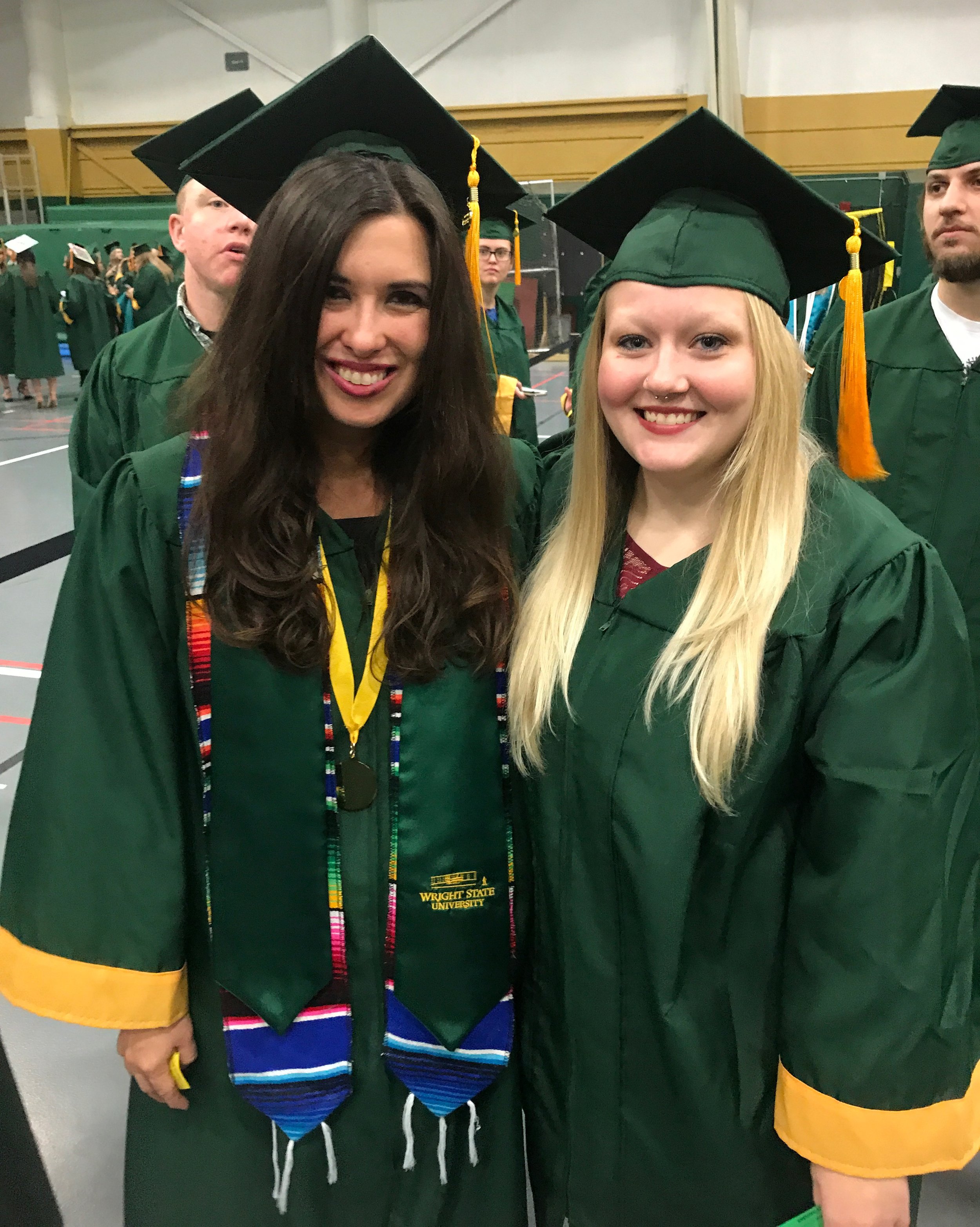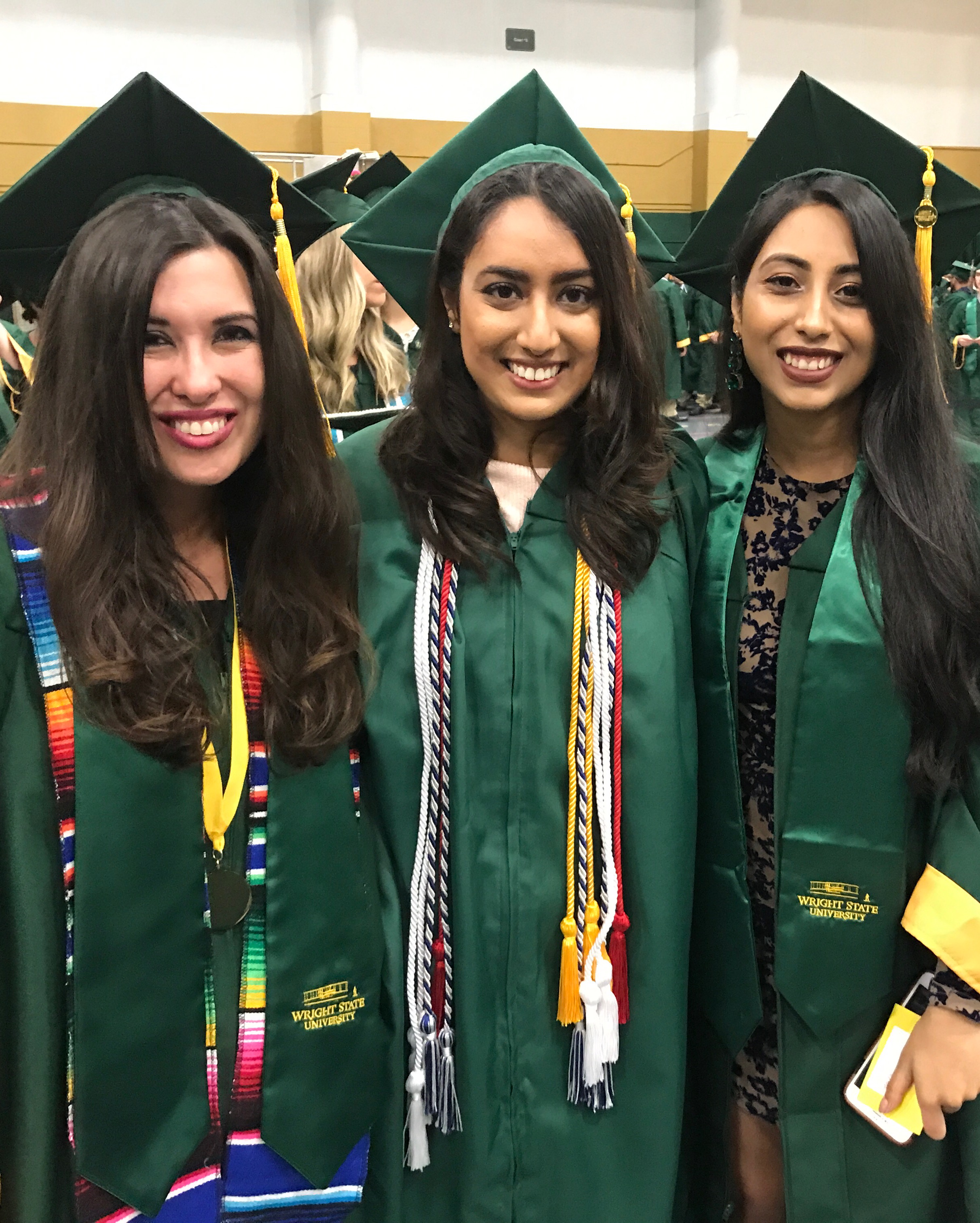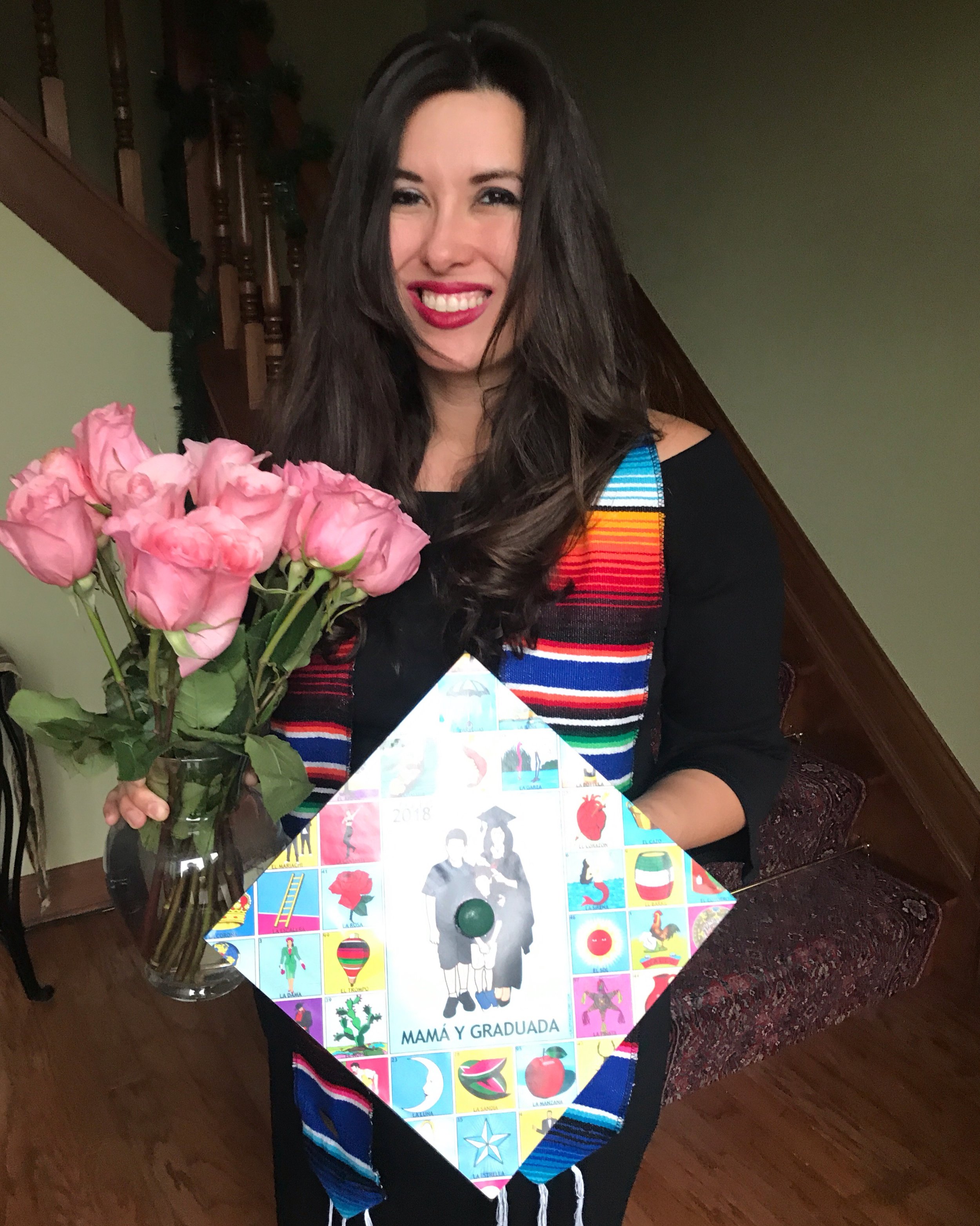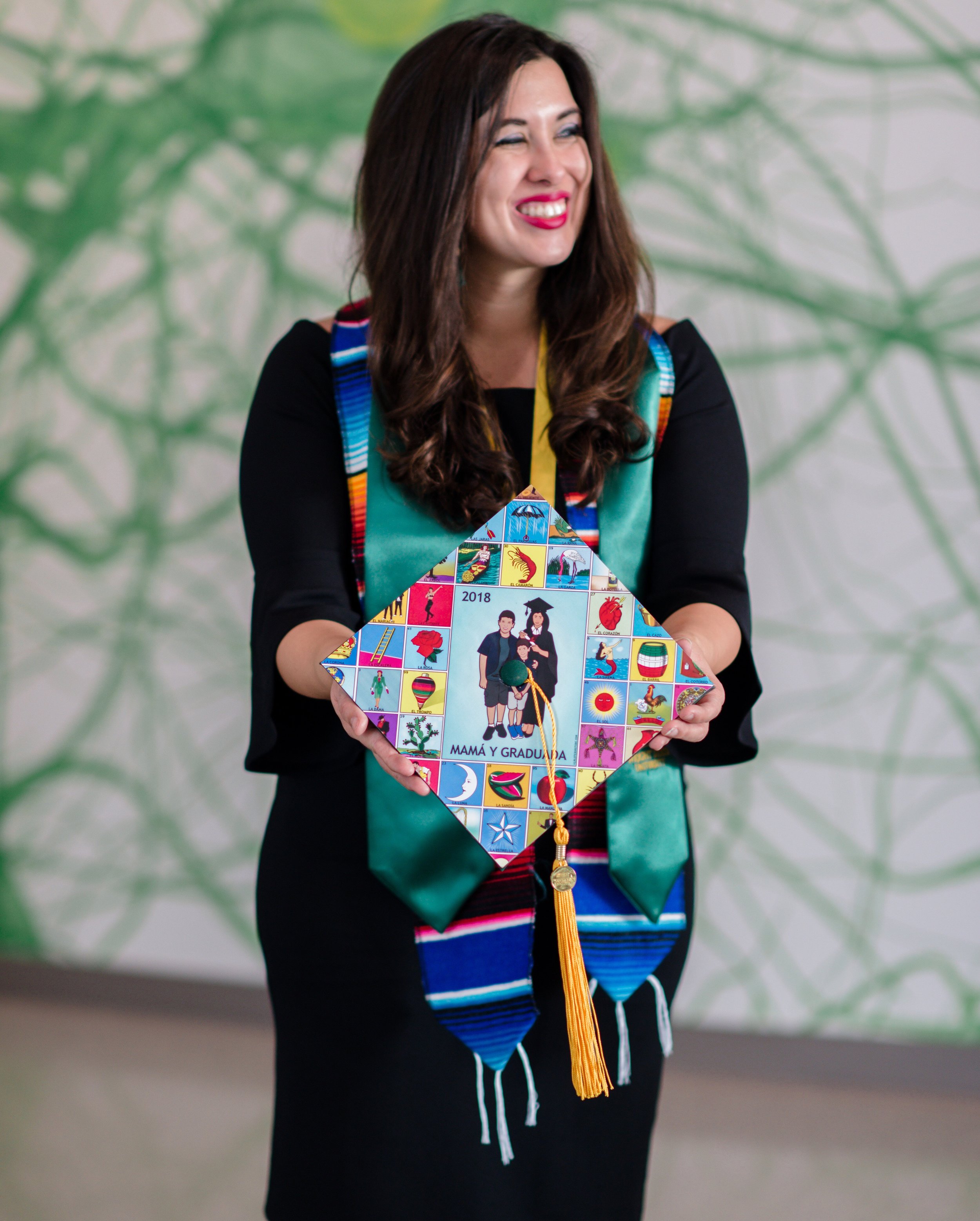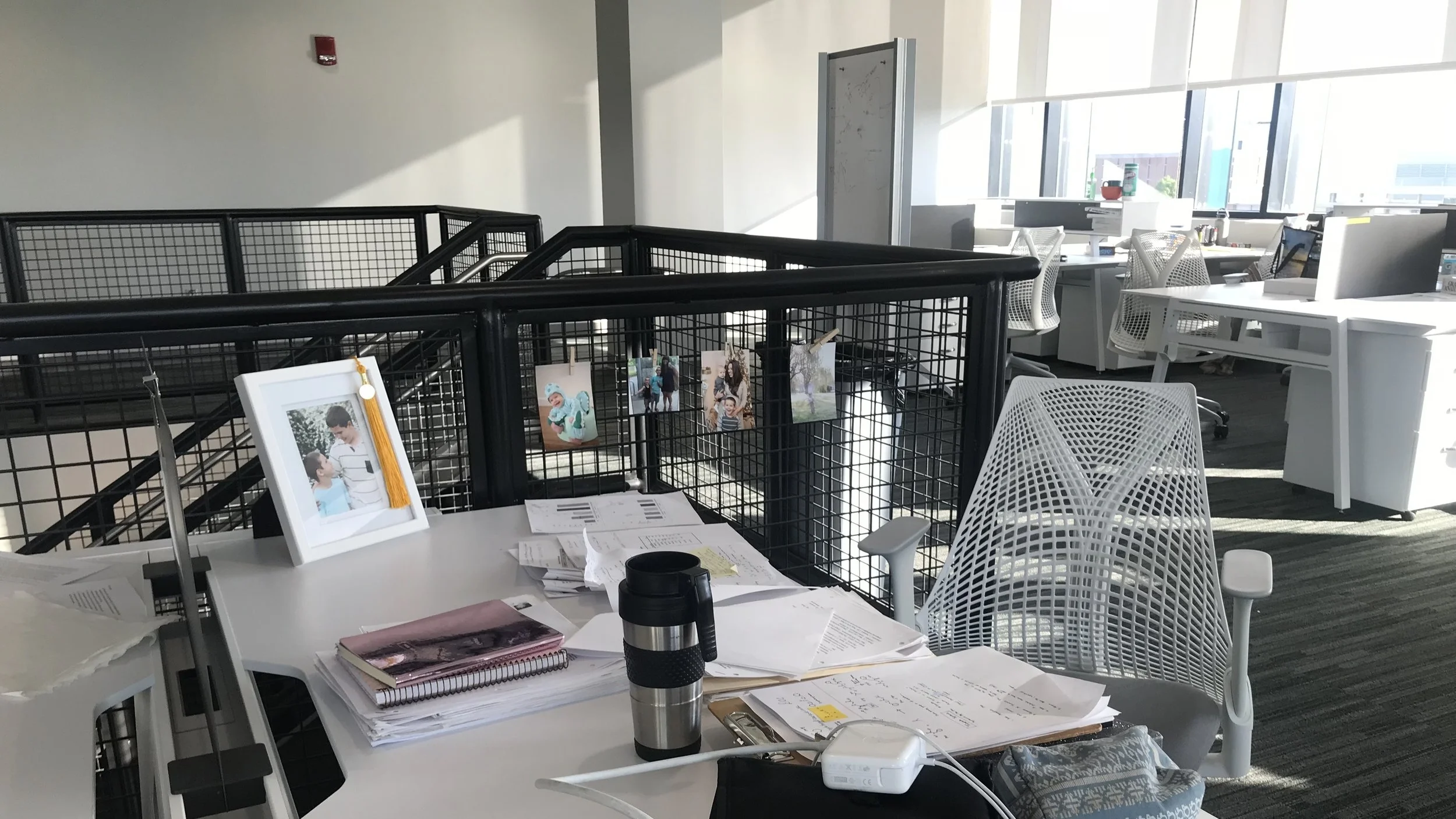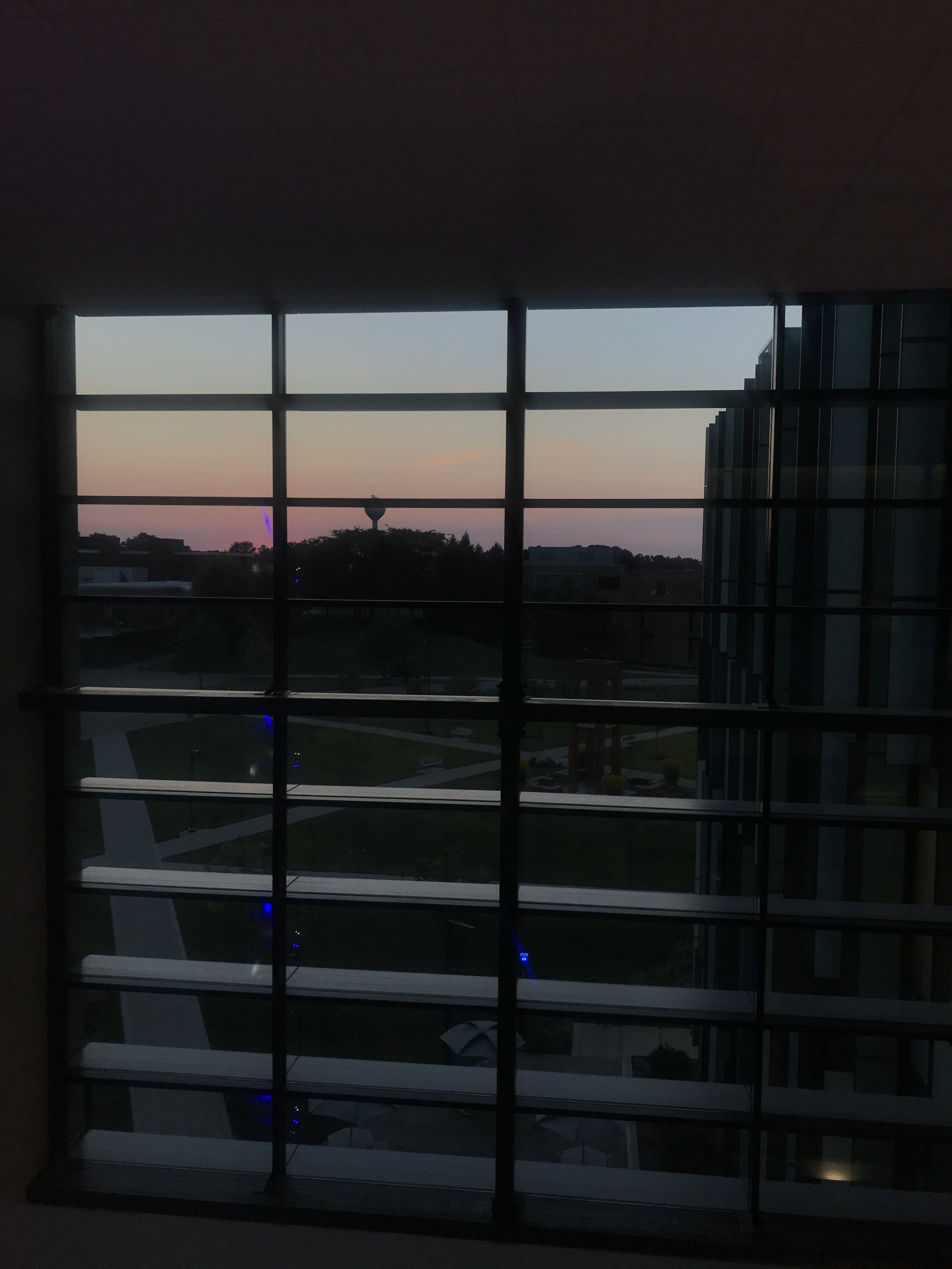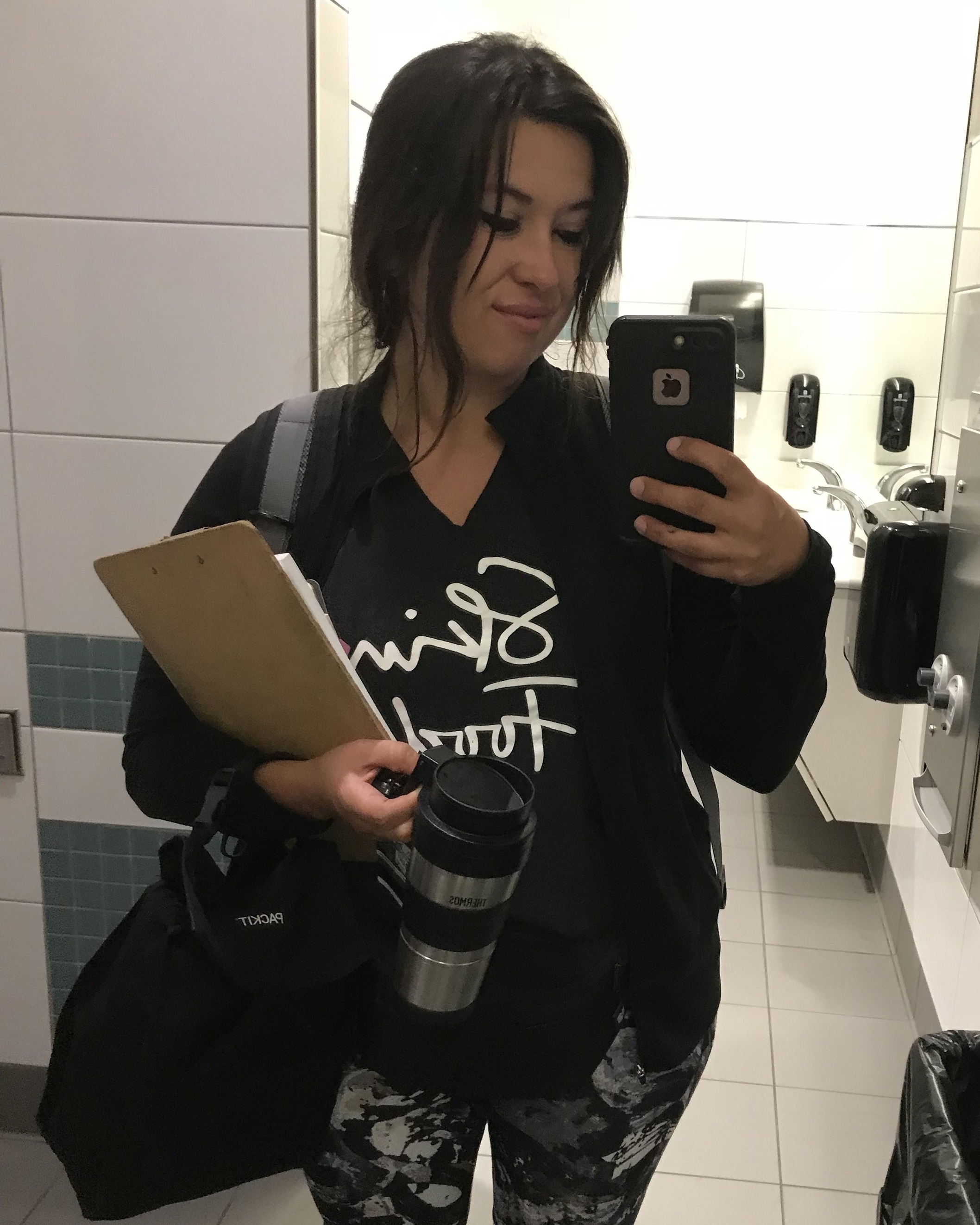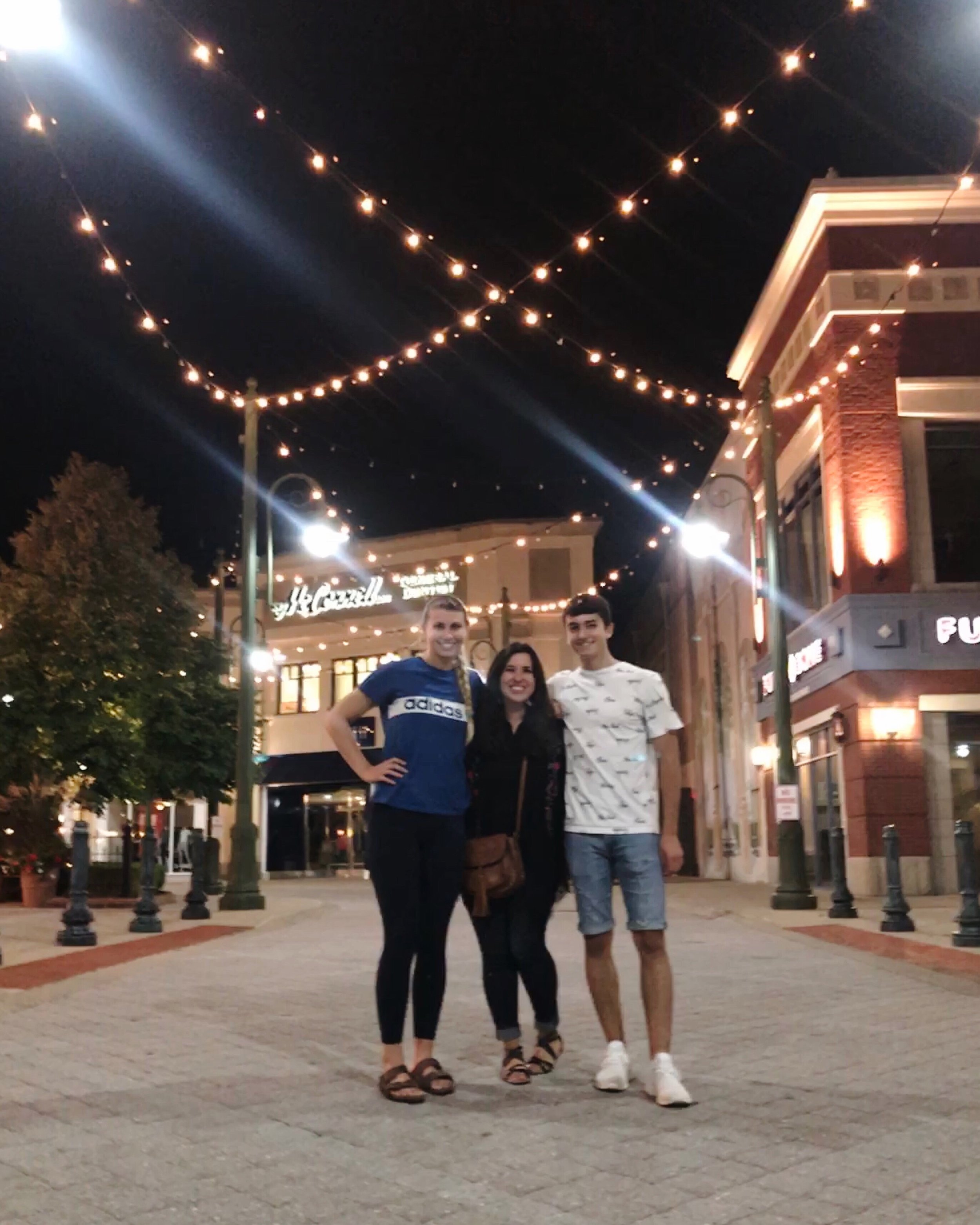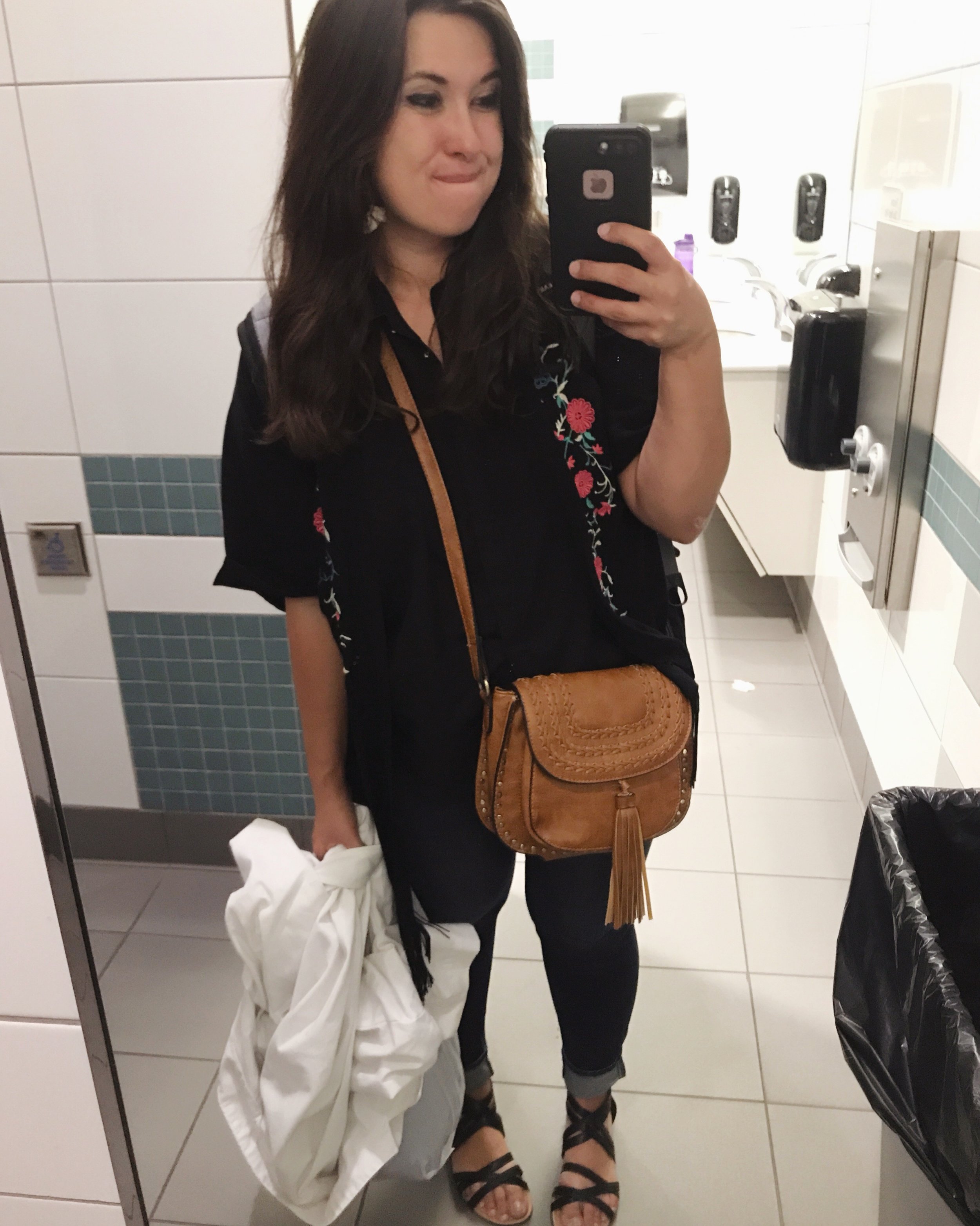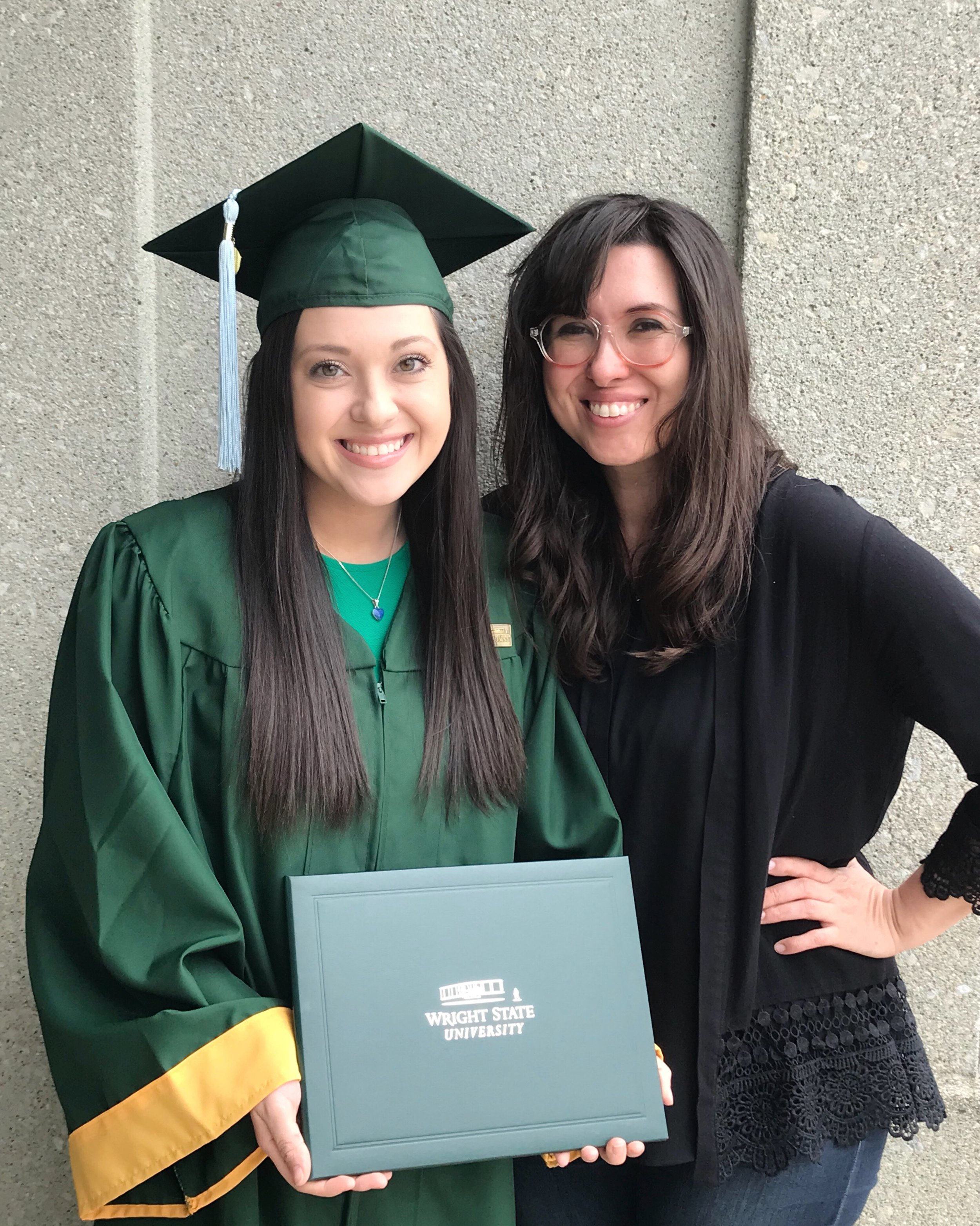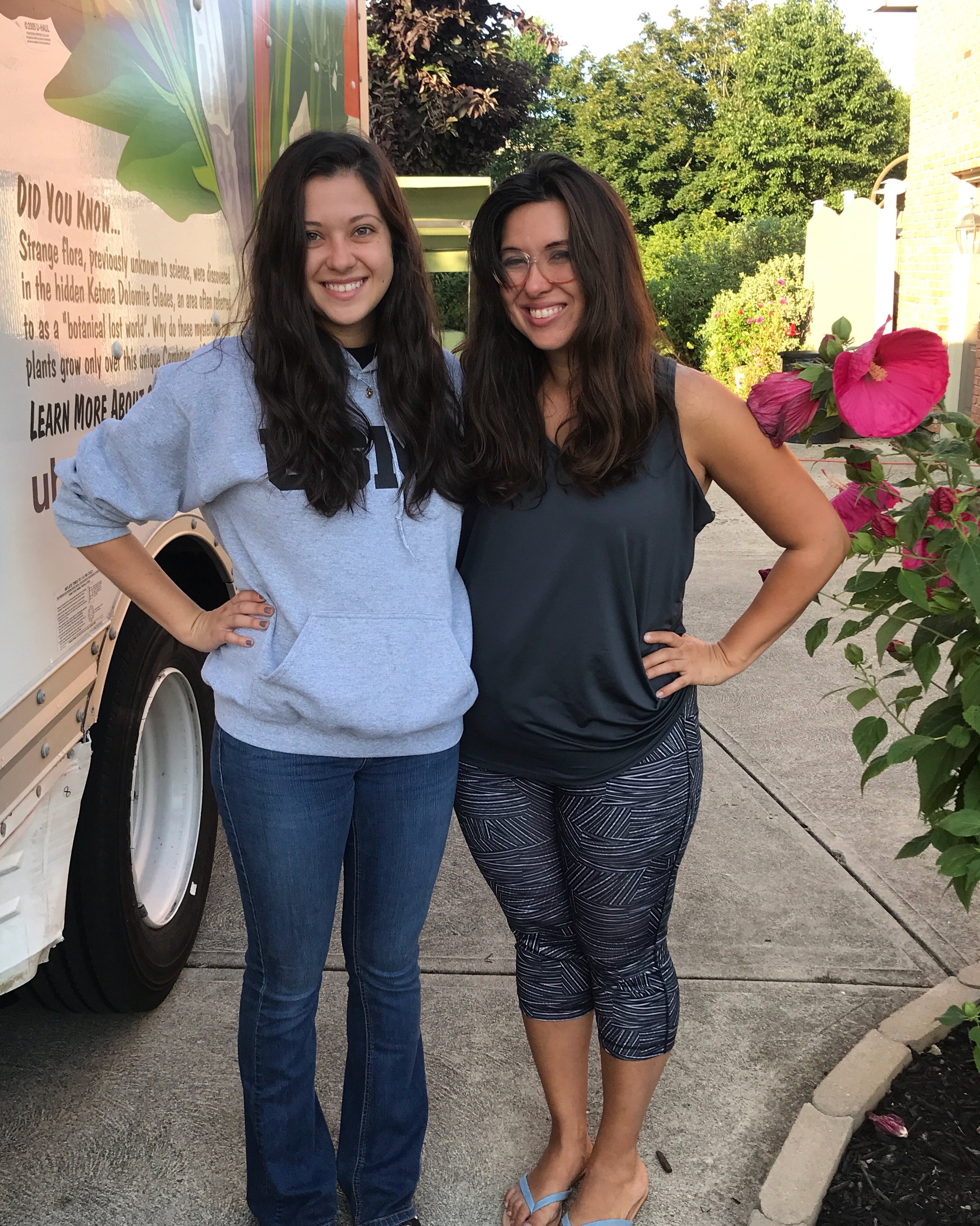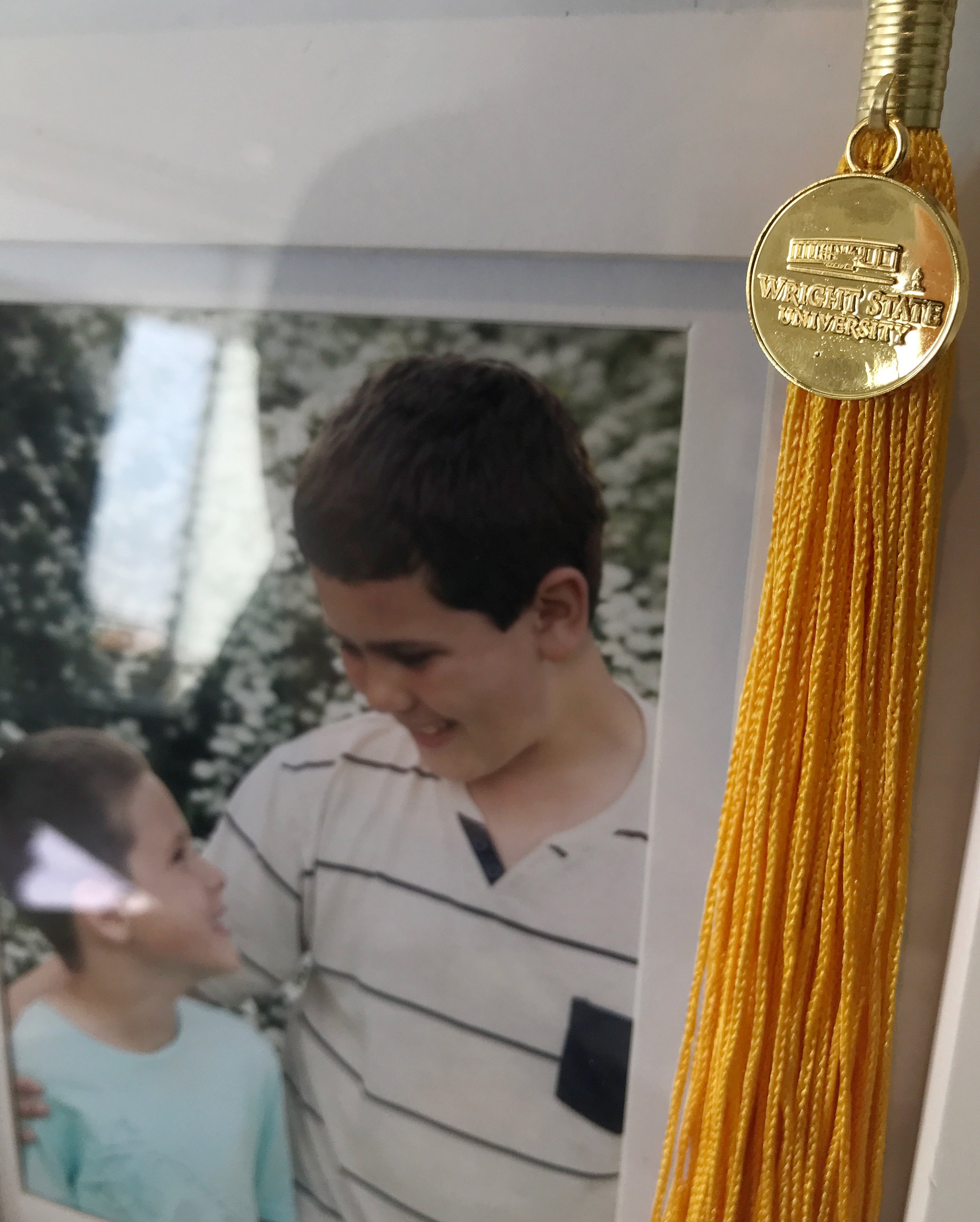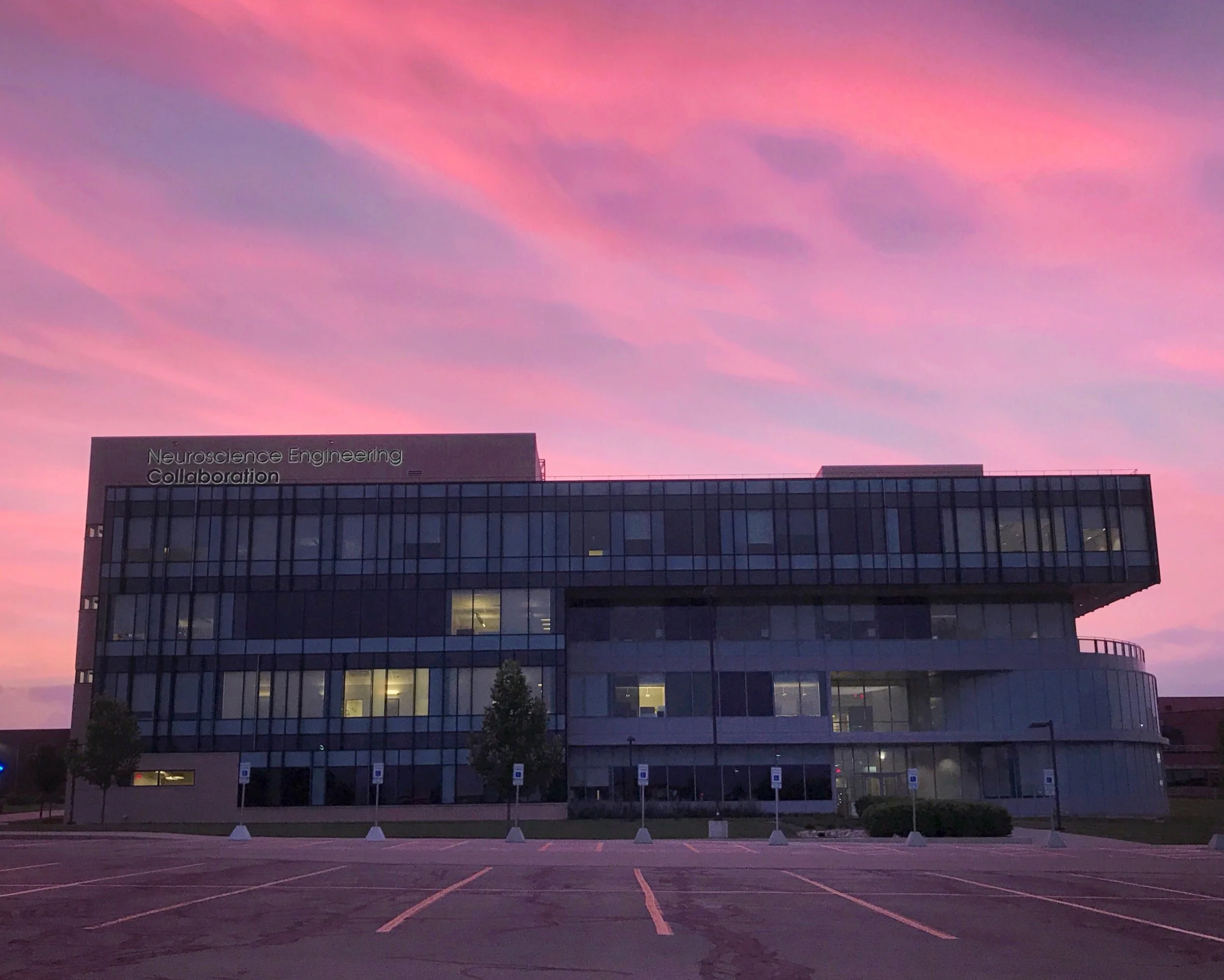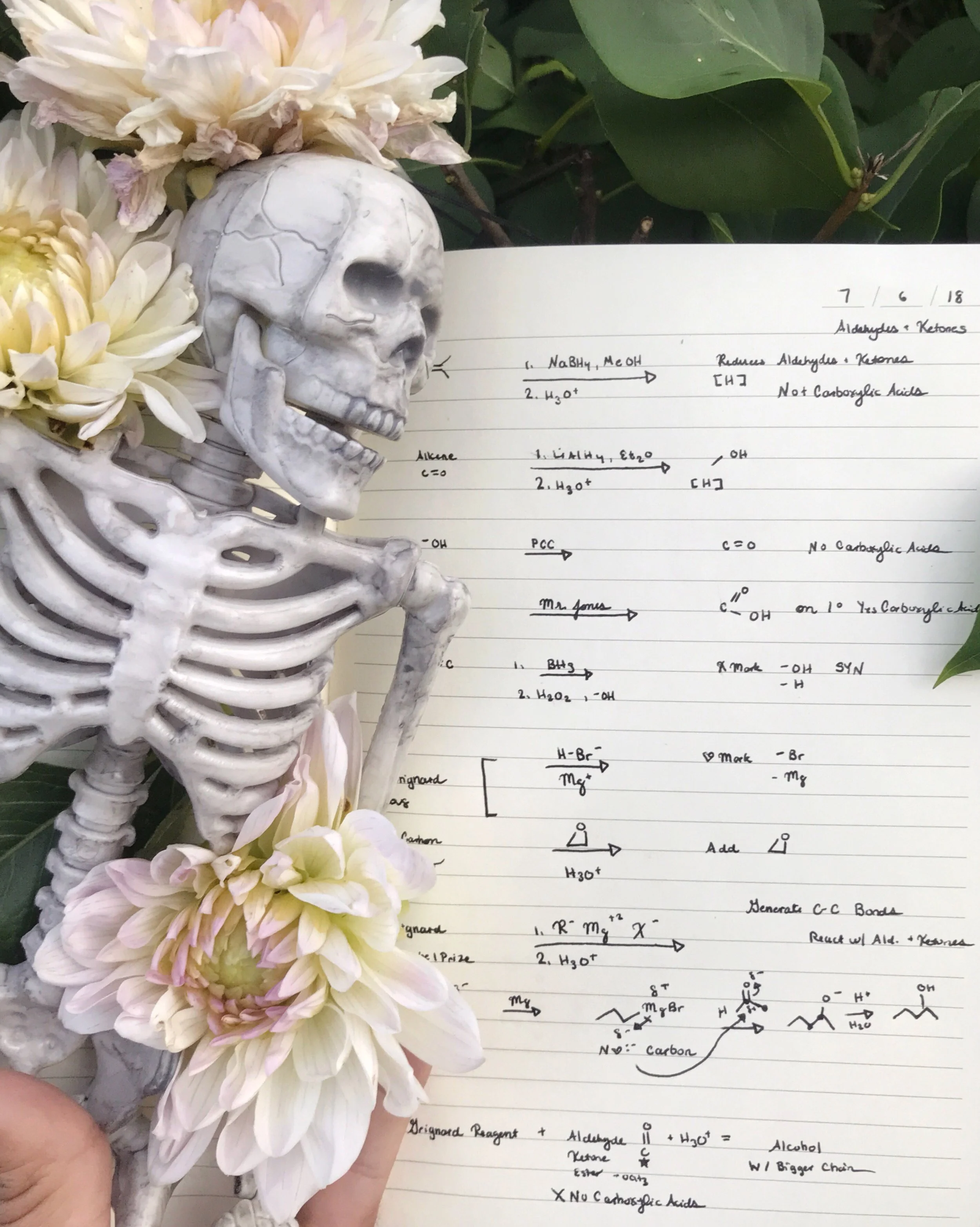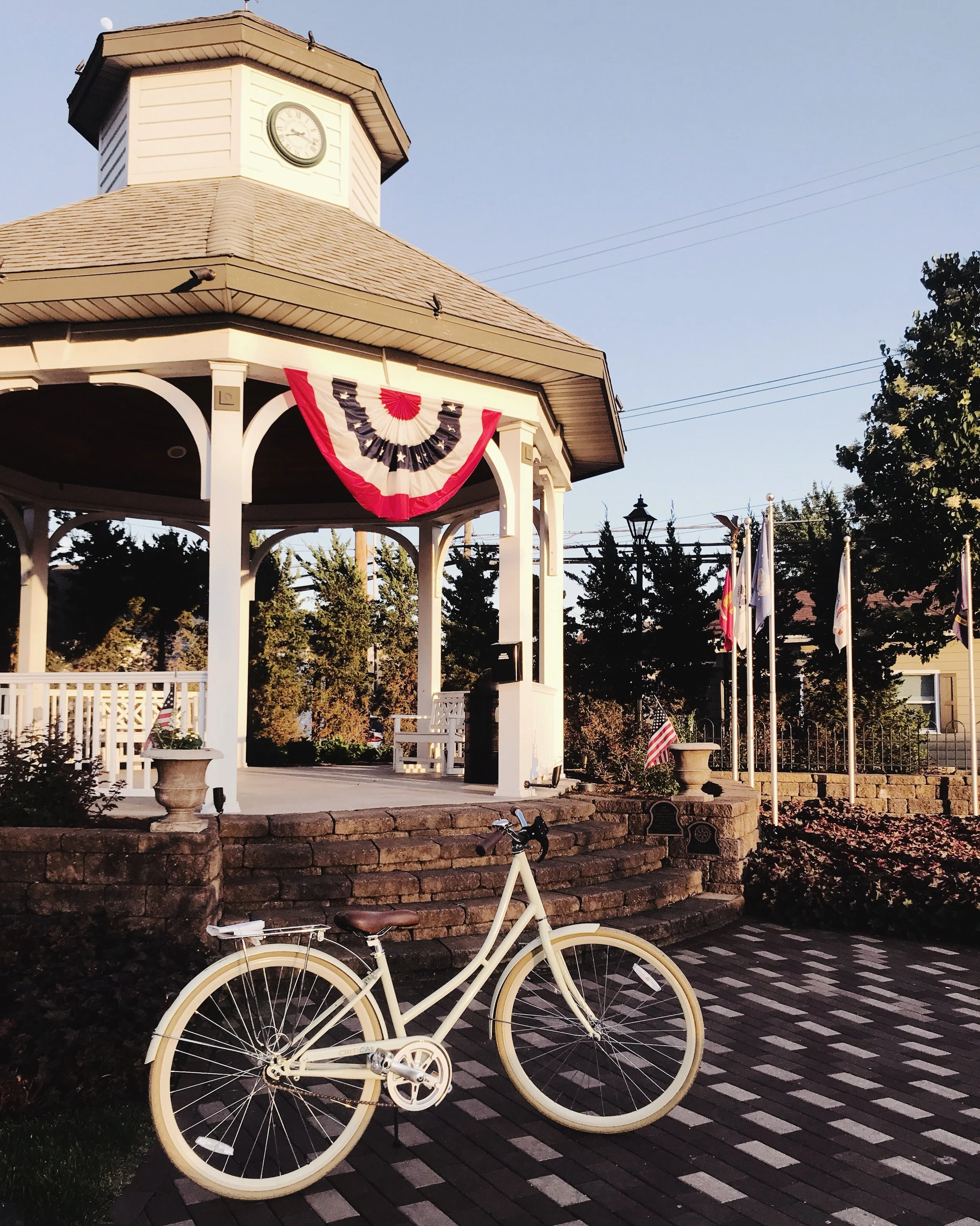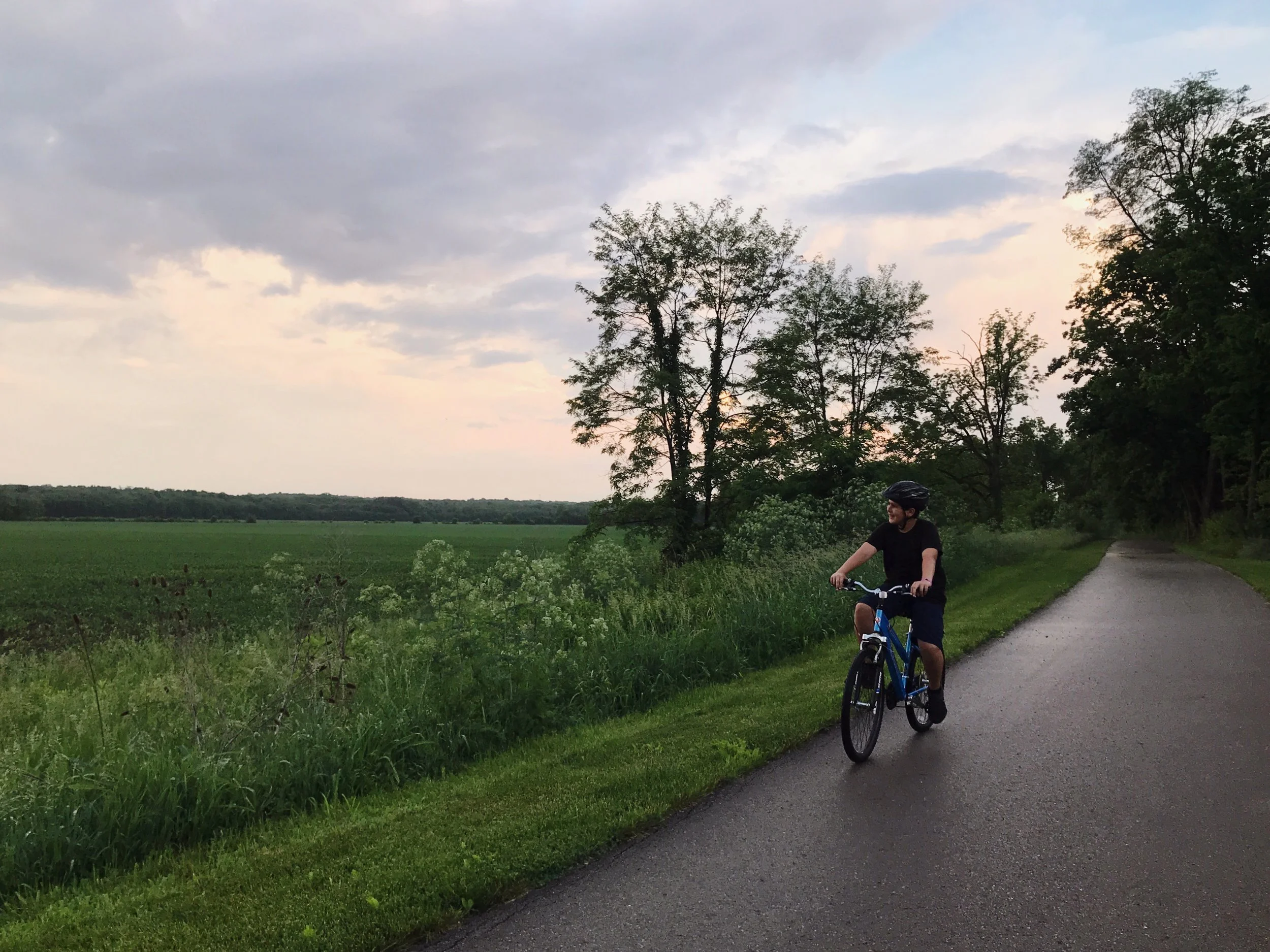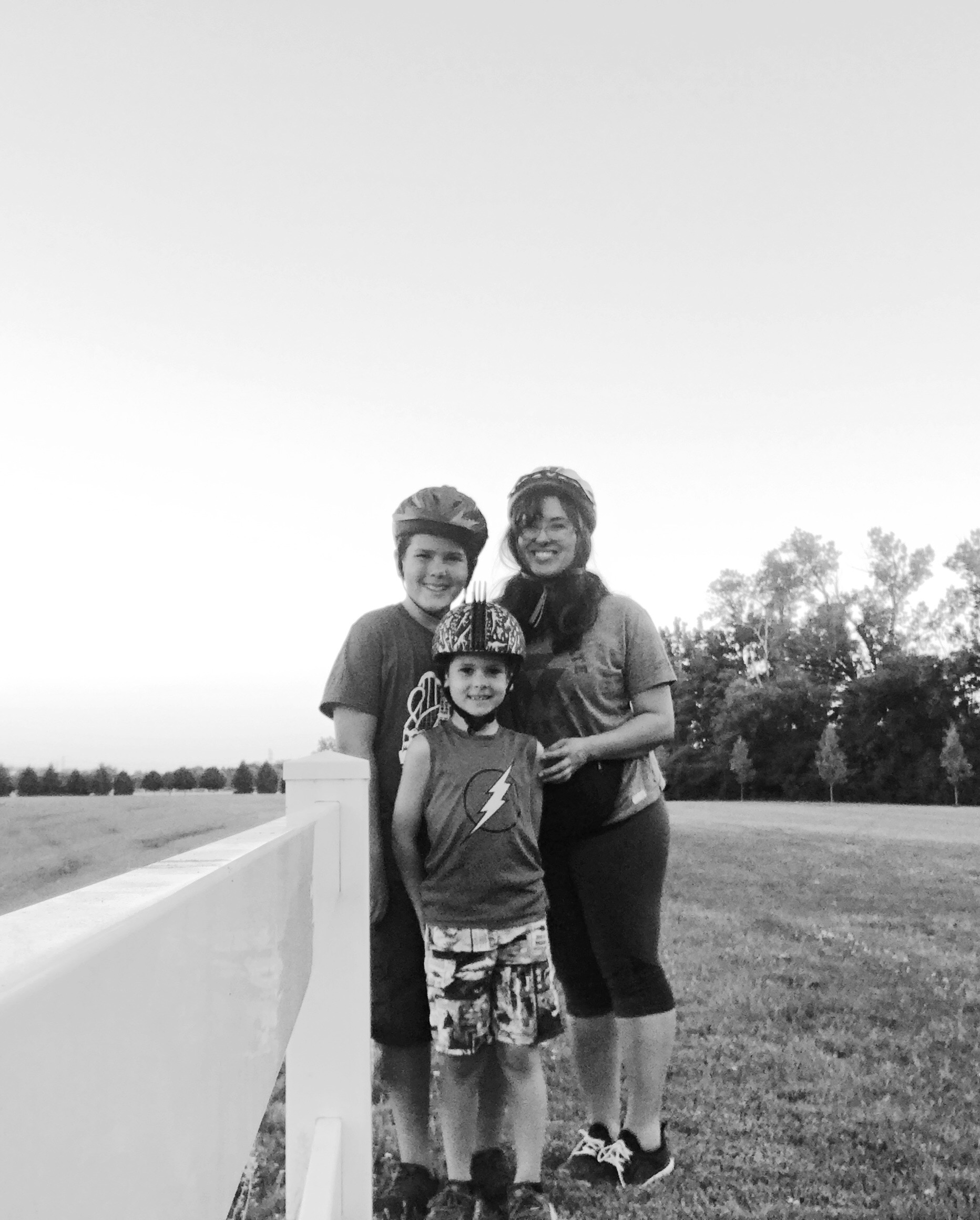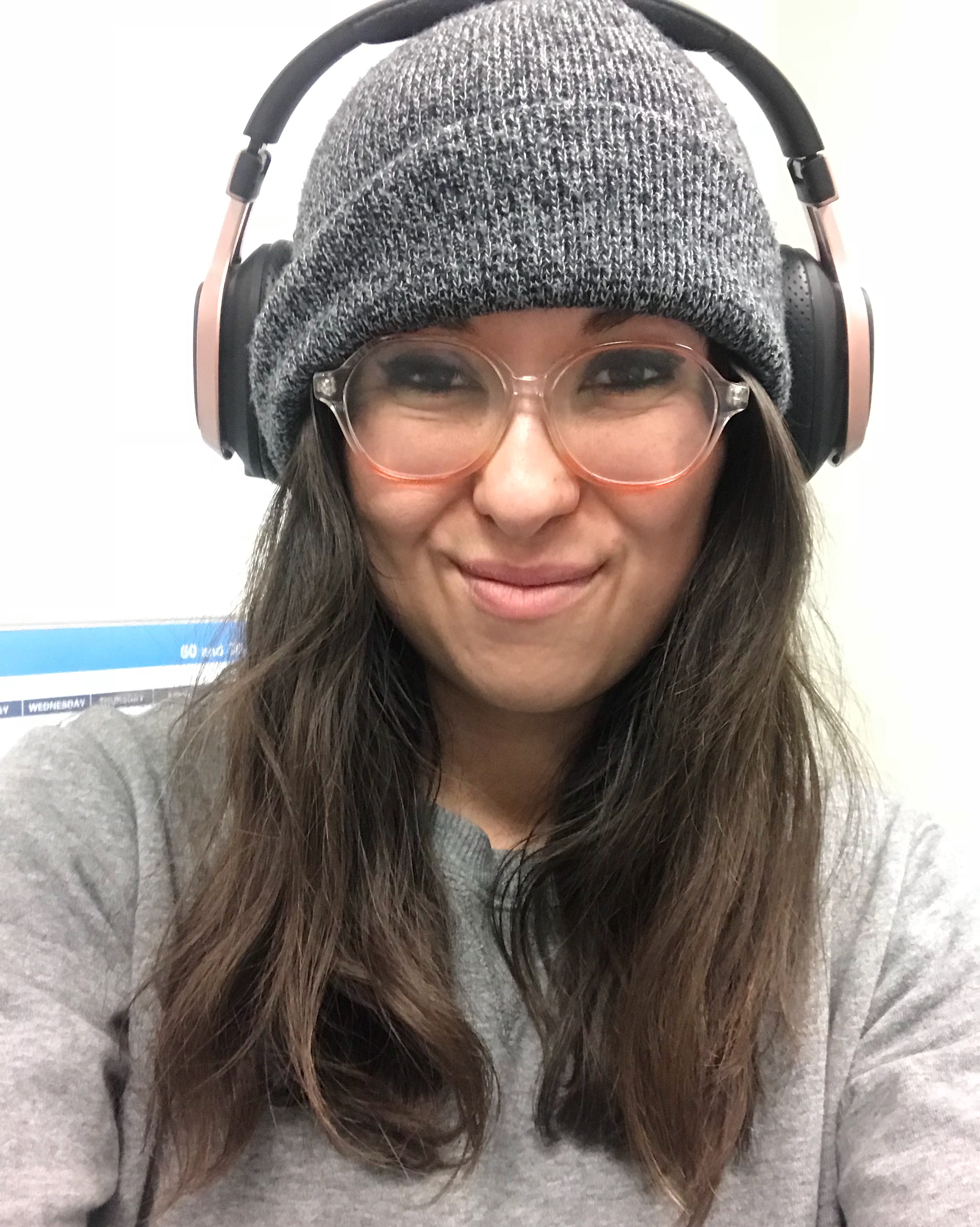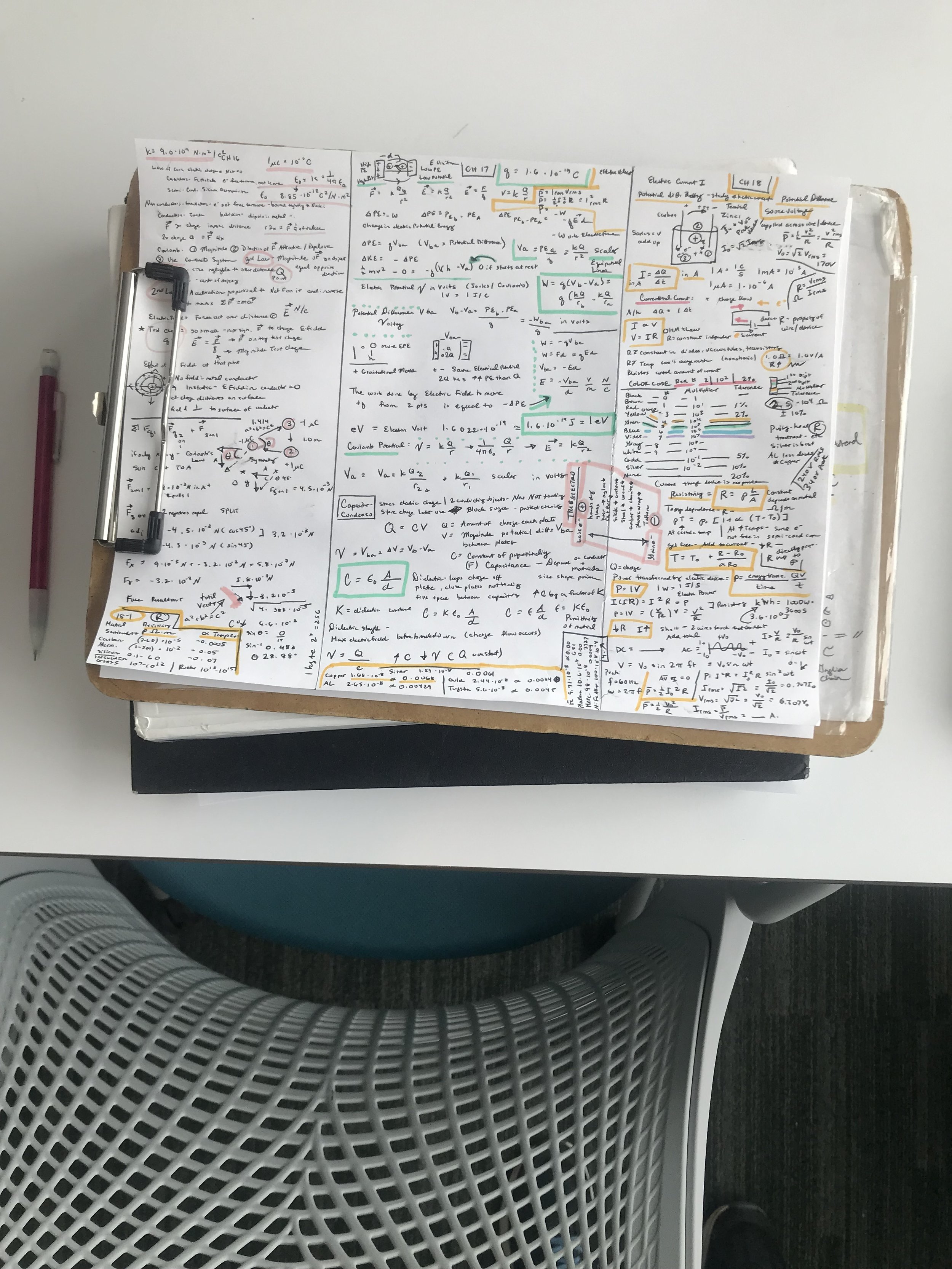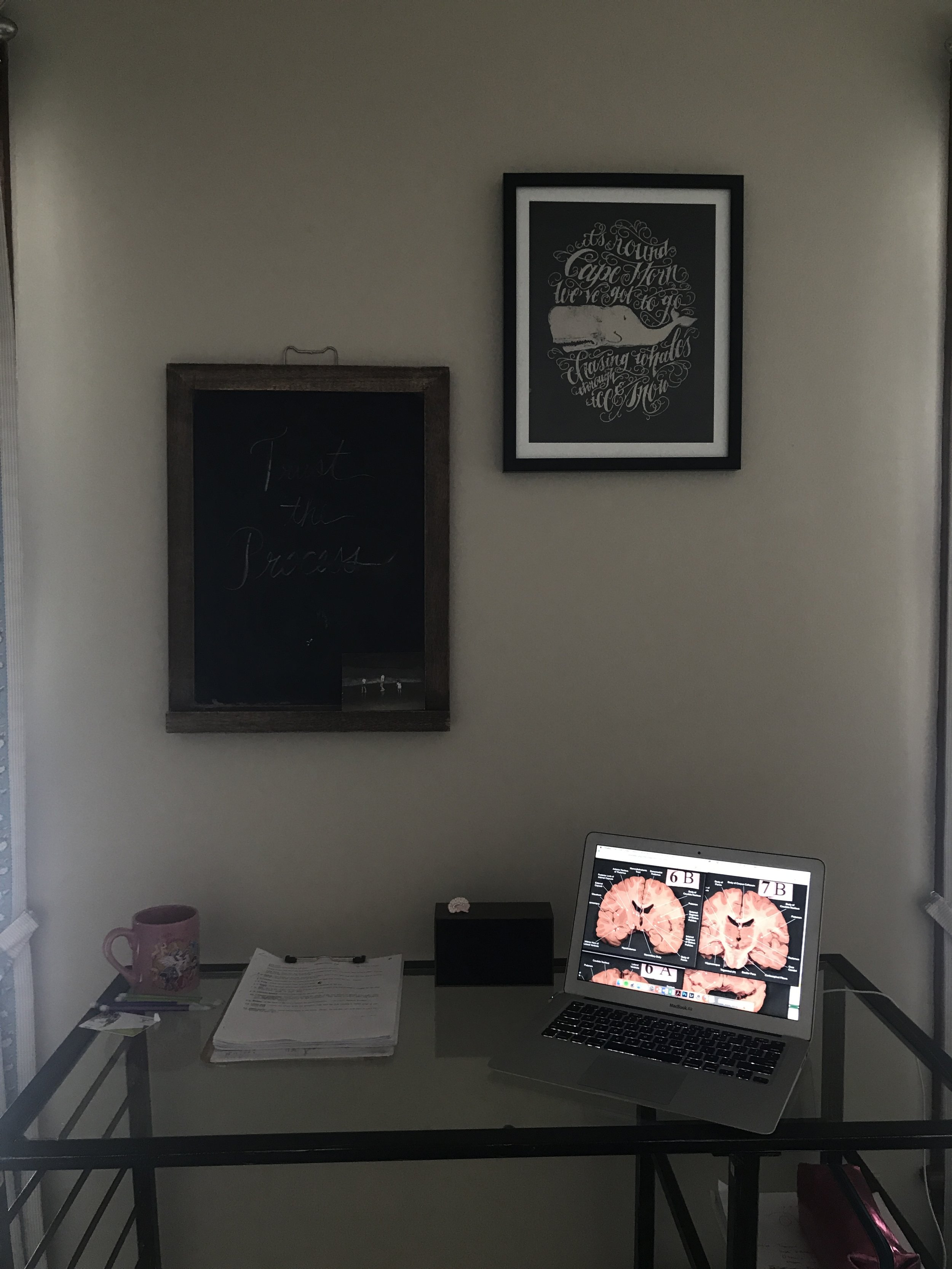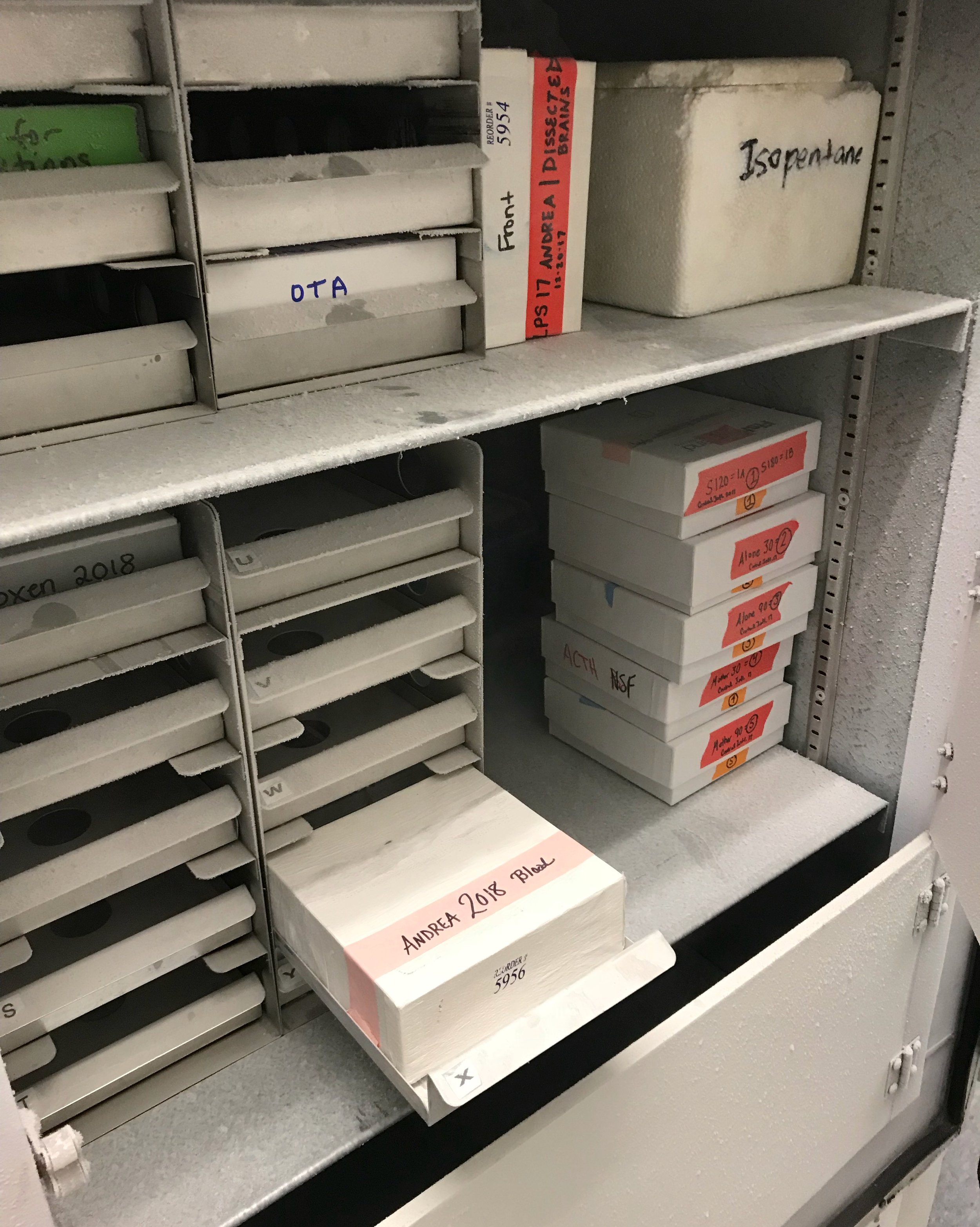As a child, I was fortunate to spend a lot of time with my cousins at my maternal grandparents, Benito and Emma Molina’s home in Findlay, Ohio where I grew up until I was 10. Sometimes we would play on the basketball court or playground of the “soup kitchen” that I knew my grandma worked at. I knew she did good things for other people. However, besides one family story, I was largely unaware of her role as Minority Affairs Director of the Community Action Commission (CAC). I grew up hearing about the time that she met a president that served before I was born, Jimmy Carter. My family was very humble, and I don’t think the magnitude of her work made its full impression on me until I saw my cousin post the newspaper clippings from the event yesterday. I’ve seen the images from the newspaper before, but as a child, I never read the stories.
As a single mother with two sons of my own, I read her story with a lot of respect for her resilience. My grandmother Emma was a Latina daughter of migrants. After marrying my grandpa, my grandparents traveled around the country- from their home in Laredo, TX to Minnesota, Wisconsin, South and North Dakota, Idaho, and Ohio for seasonal work picking potatoes, beans, and tomatoes. After they settled in Findlay, OH, she used her background to advocate for others behind her. She knew the injustice and frustrations of her community. She taught English to migrants farm workers as she raised ten children. My grandfather never spoke fluent English, but I remember his bright smile and kind eyes when he addressed us.
When Emma was asked, “what is it like to be a migrant,” she responded to a reporter:
“It’s like being a citizen without a country.”
She told President Carter in 1977 that “20 years ago I used to pick tomatoes--14 cents a basket. And today, migrants are still being paid 17 cents, which means there's only 4 cents difference. And all these things I have brought to you because you are the hope of the poor people, and you know in your own capacity what you could do for poor people in this country.”
From an article she stated that farm workers “are also not eligible for unemployment compensation because they usually don’t work in one place long enough to qualify. For this reason, adults suffering from cancer or some other disease may not go to the clinics. They can not afford to stop working. Sometimes they don’t know the seriousness of an illness and they seek help when it is too late.”
I wept as I identified with more than I ever had in my lifetime, and regret that I can’t ask her more about her life and what she witnessed. I also felt so inspired by her determination, and wish I could let her know that I want to be a physician. I would have loved for her to know that now I understand where this passion comes from to serve others, especially vulnerable populations. After it was revealed that she was chosen to represent migrant concerns as well as the CAC, she only had one week to prepare her remarks. She described her feelings as this:
”I have seen these problems all my life and I know them. It’s just the matter of deciding on the priorities. I already know at least thirty things that should be discussed,” noting that she was “more excited than nervous about the prospect of talking with the President.”
And this statement made me laugh:
“I have been talking with farmers all my life” she laughed, “but this will be the first time I’ve ever talked to a peanut farmer and I’m looking forward to it.”
Below I’ve copied her remarks and partial response from President Carter, she is pictured third from the right.
October 21, 1977
Detroit, Michigan
Remarks in a Panel Discussion and Question and Answer Session at a Public Policy Forum Sponsored by the Community Services Administration
MIGRANT WORKERS
Mrs. Emma Molina
MRS. MOLINA: My name is Emma Molina, and I'm the mother of 10 children, and I'm an ex-migrant. Presently, I'm minority affairs director with the Community Action Agency in Findlay, Ohio.
Mr. President, my hopes today are to make you aware of the problems of the poor people that I have come to represent from my area. They could not be here personally, but I will try to speak for them.
First of all, their needs in the housing area. Now, in our area housing is so poor, poor people are forced to live in substandard homes because they have no choice. And they're asking why, if there are so many projects that are designed to help the low-incomed, why can't it be for everybody. In our county we have not been able to get our people interested in forming a metropolitan housing commission, and so we cannot bring projects for the low-income. So, they are forced to live in very poor housing.
And another area that we're lacking is in minority employment. Minorities, blacks, Mexican Americans--when they come to the employment agencies, they're not given the opportunities for the good jobs.
If you're black, you're offered jobs to clean. If you're Mexican American, you're offered the farm work. And I believe we have the potential also to hold good jobs if we're given the opportunity.
And also the elderly people, poor people, and minority people, they're left out of the good programs that are offered to them. I have contact with different senior centers, and participants come from backgrounds--like they're professionals, maybe teachers or people of this kind. But low-income people are not really taking advantage of the programs that are designed to help them.
And also the migrants in my area, they have many problems. When I was a migrant 20 years ago, Mr. President, the conditions were bad. And I have worked with migrants as a volunteer and as a staff person, and I see the same problems. There is no change in wages, in housing. Housing codes are not being enforced, and the wages--20 years ago I used to pick tomatoes--14 cents a basket. And today, migrants are still being paid 17 cents, which means there's only 4 cents difference.
And all these things I have brought to you because you are the hope of the poor people, and you know in your own capacity what you could do for poor people in this country.
So, I'm speaking for the poor people all over the country, and we appeal to you for your help.
Thank you very much.
PRESIDENT CARTER: I don't think anybody could make a better speech, if they prepared it for a long time, than you and Mr. Hall have made. And what makes you so able to express yourself is because you've been there as a migrant worker and you see at first hand what a job means--first of all, what a low paid job means, secondly, what an absence of housing means. And even not having a home community aggravates all those other problems.
For someone who is poor, who is a minority member of our society, but who has a stable home, there are services available to them, like public health and so forth, that are not there if you are a migrant. One of the things that we are doing, for instance, is to make sure and to require that Medicaid and Medicare provisions be made available to all migrants, which has not been the case in the past.
I've picked tomatoes by the hamper myself, and I've picked cotton, and I've shaken peanuts. And my first home when I got out of the Navy was in a public housing project. And I understand, at least to some degree, the environment that you have described.
…
One of the things that's concerned me very much is that among poor people we have a very inadequate health care system. Quite often a medical doctor will not be available to serve transient workers or others. And I was talking to Senator Herman Talmadge yesterday about a bill that will, for the first time, permit the service of what's called physician extenders, who are men and women who have training a little bit above and beyond a registered nurse, who can act as a medical doctor when doctors themselves are not available. I would predict to you that the Congress will finish their action on this legislation this month, and I'll sign it into effect, obviously, as soon as it's completed.
…
So, we have made some first major steps toward meeting the needs of the people that you represent, Mrs. Molina. And I believe that in the future, after assessing what you've said, we can make even greater steps for those people.
I might say, before the next panelist starts, that I try to take notes, as you've mentioned the housing and minority employment and migrant workers problems. And if any of you ask me a question that I fail to answer, then don't hesitate to follow up, because I'll try to keep notes and answer all the questions.
Full transcript of the panel at UC Santa Barbara | The American Presidency Project
Even though I’ve already learned to value my education, I can not help but experience a renewal to regard it as a sacred gift. It is the bridge between my life as a single mom on Medicaid, to a physician that can emphasize with patients that fear seeking treatment because of the cost or other difficult barriers. It also nudges me to keep learning Spanish, because I have a desire to connect with my community in their vulnerable moments.
Happy Birthday Grandma Molina.
I want to honor your life & sacrifices.
-Andrea





